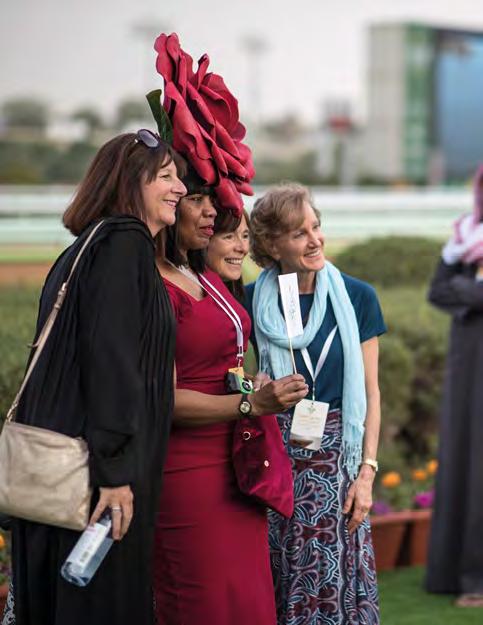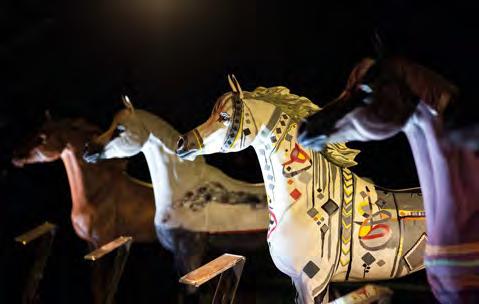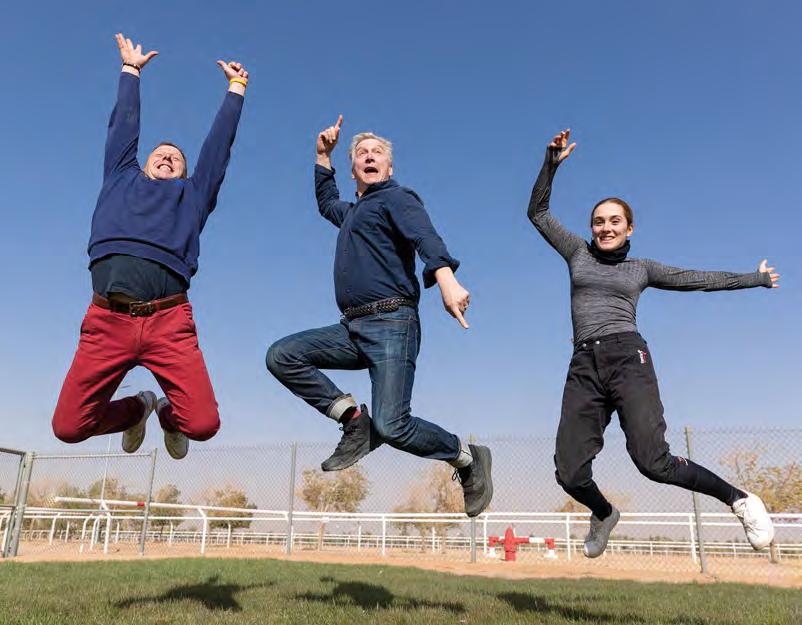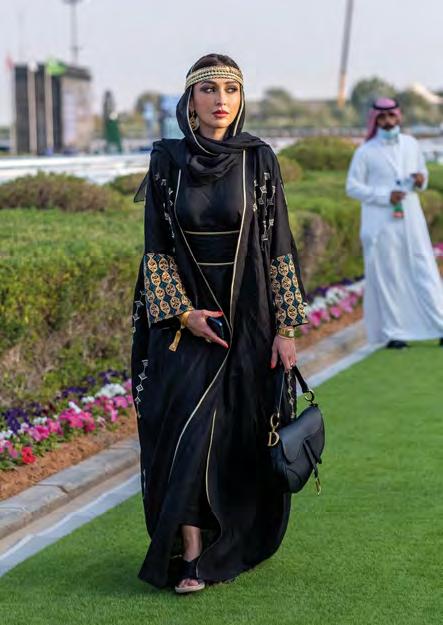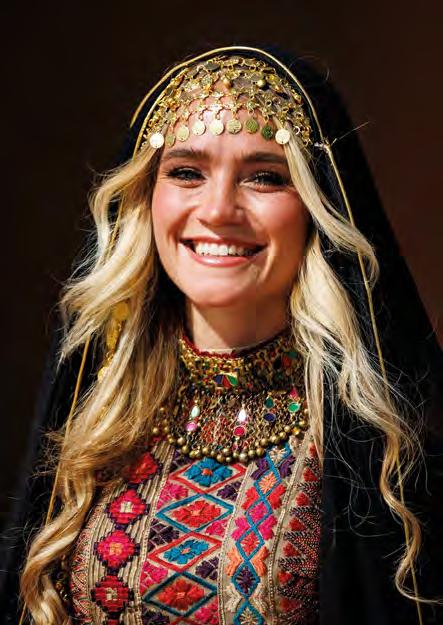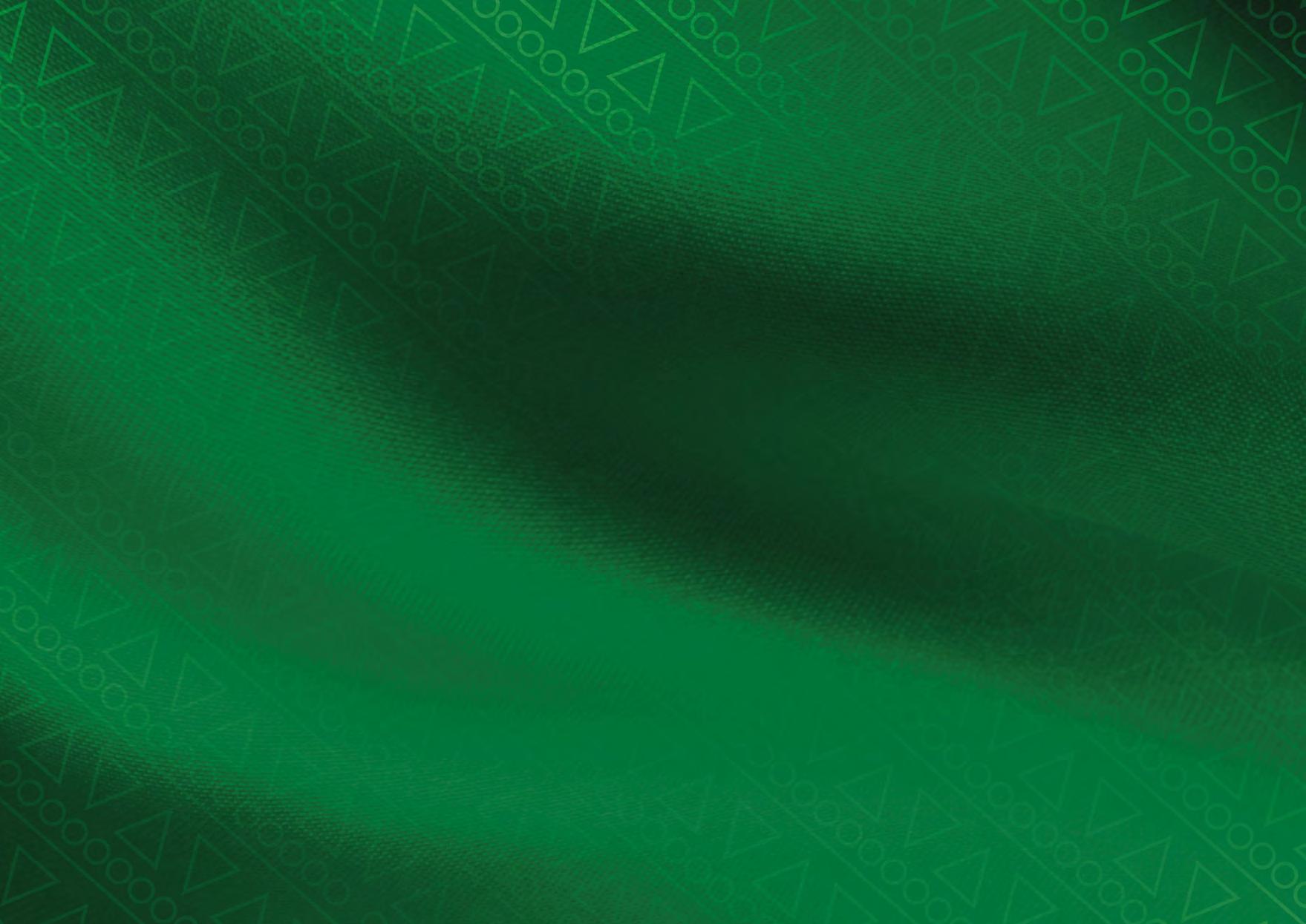






This guide has been published to provide you with information about the event and the racecourse. Should you require more information on any aspect of The Saudi Cup, please contact Emer Fallon efallon@thesaudicup.com.sa or the International Racing Bureau adrian@irbracing.com

Note: If there is any discrepancy between the rules in the printed paper version of this guide and the digital PDF version, the rules set forth in the digital PDF version shall apply.
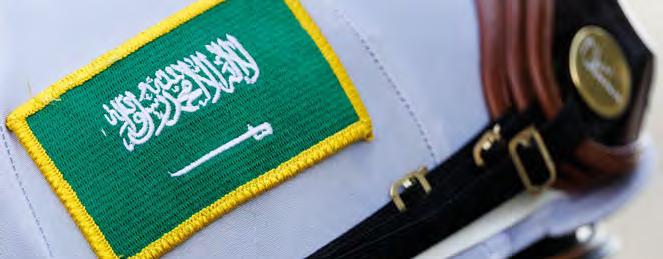
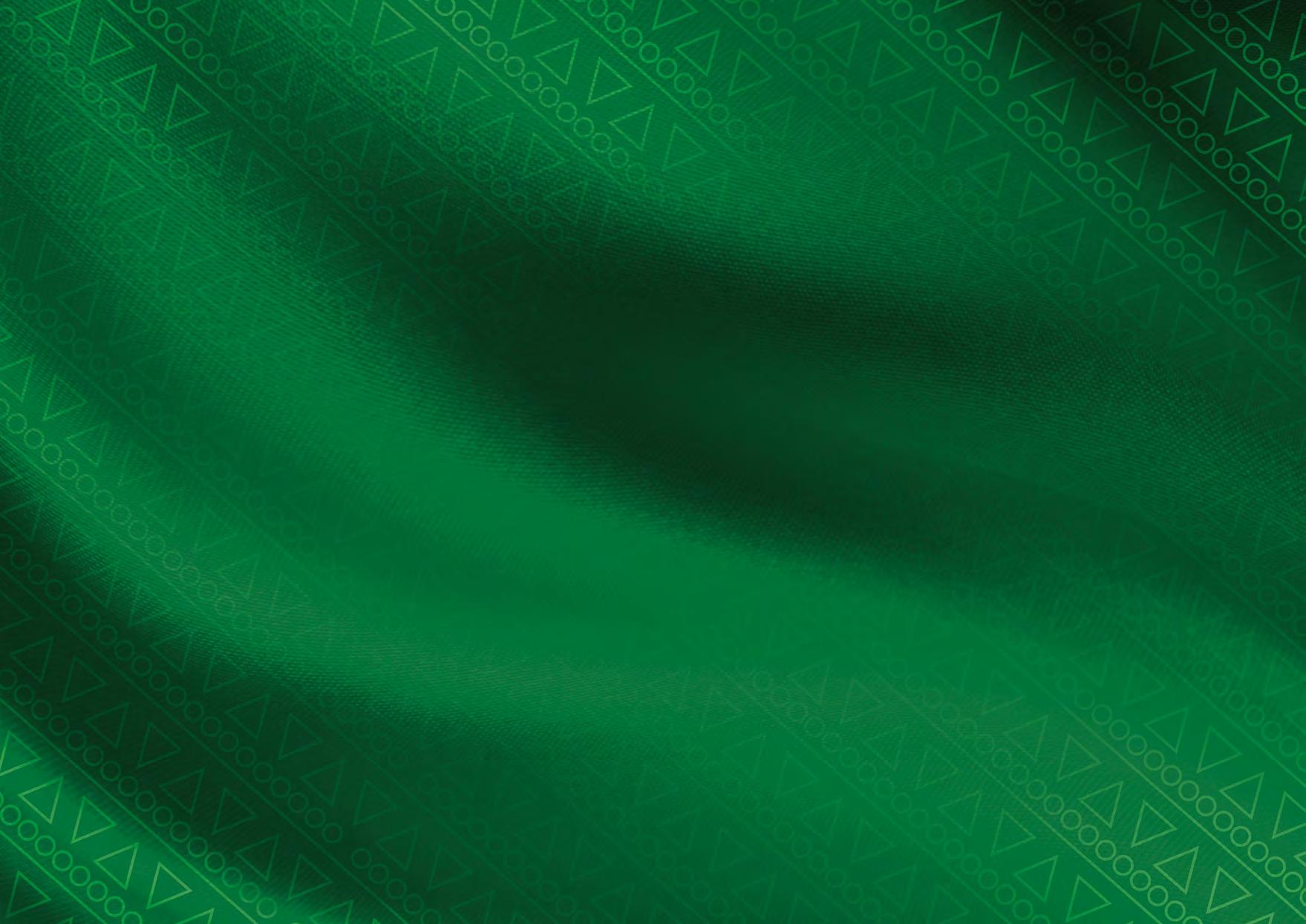
Now in its fourth year and worth a new total of USD35.35m, The Saudi Cup meeting allows Saudi’s racing fraternity to host the world’s best during our celebration of this great sport for two days at the end of February each year.
The JCSA is sharply focused on two areas of development: our domestic growth as a sustainable sporting and entertainment industry and our profile as an international facing and upwardly mobile racing jurisdiction.
Since we launched The Saudi Cup in 2020 it has served as a shopfront for Saudi racing, showcasing our best talent and inspiring progression from grass roots to elite level.
As a gathering of the best racing minds at one of the most international meetings held anywhere in the world, The Saudi Cup also facilitates the open flow of information and ideas that positively impacts the future of racing, not just in The Kingdom, but everywhere.
At its core The Saudi Cup provides a stage for the best in the world to come together and compete for the sport’s most valuable prizes. The weekend’s international races are supported by an undercard designed to provide world stage opportunities for the JCSA’s biggest assets – our owners, trainers and jockeys.
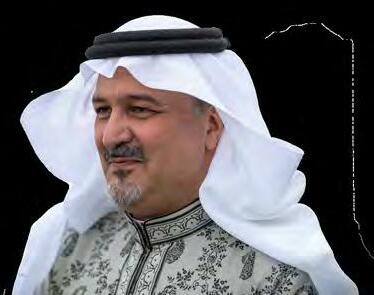
Add to the mix two Group races for Purebred Arabians and a contest for the best from Part III and II racing countries and, of course, the always popular International Jockeys Challenge (IJC). This year the IJC features an additional turf race, making this competition a true test of jockey skill across the two surfaces and a variety of distances ranging from 1200m to 2100m.
On the subject of Purebred Arabian racing, we are delighted to announce the upgrade of the Obaiya Arabian Classic to a Group 1
and the Al Mneefah Cup, after its inaugural running, has been upgraded to a Group 2. These international classifications are further evidence of our commitment to this code of racing and our desire to provide a competitive global forum in which the world’s best Purebred Arabians can compete.
Back in the Thoroughbred ranks, we have also added a new 1800m USD$500,000 race on the Friday for locally-trained horses, providing a Saudi Cup-day stage for The Kingdom’s best middle distance Thoroughbreds.
We hope that we can welcome you to King Abdulaziz Racecourse this February and look forward to receiving your free nominations by Wednesday January 4, 2023.
The Jockey Club of Saudi Arabia (JCSA) is pleased to welcome you to the Horsemen’s Guide for The Saudi Cup 2023 - The Kingdom’s most anticipated weekend of racing.Bandar Bin Khalid Alfaisal Chairman, JCSA

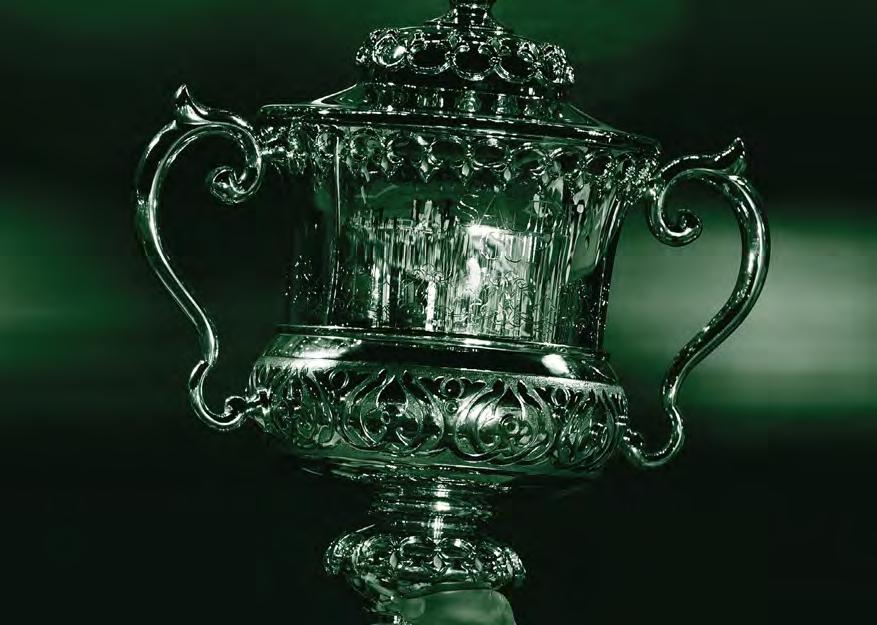
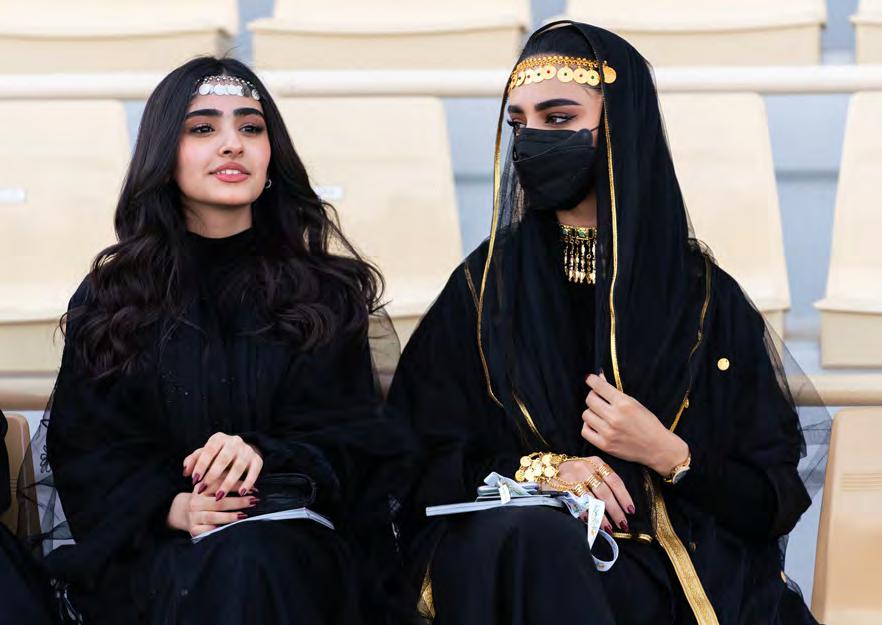

USD NOW IN ITS FOURTH YEAR AND WORTH A NEW TOTAL OF
Entries close for international races & Jockey Club Local Handicap
Supplementary Deadline
International entries and international handicaps weights published
Declarations Deadline

Jockey Club Local Handicap weights published
Post Position Draw for IJC mounts and all other races
Entries close for domestic races and IJC handicap weights published
Post Position Draw for The Saudi Cup & Red Sea Turf Handicap
Entry to Local Quarantine Deadline
Entry to International Quarantine Deadline
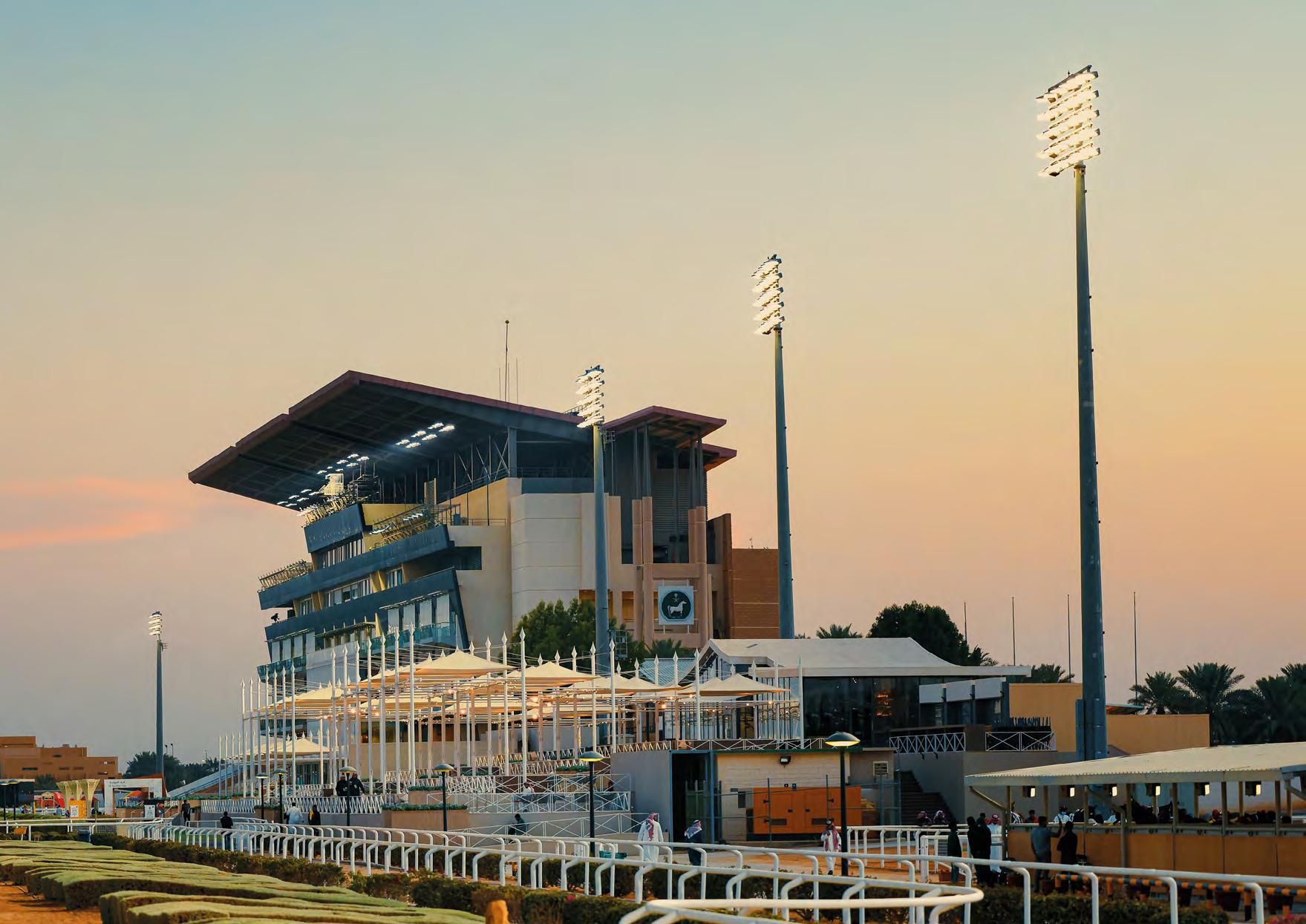
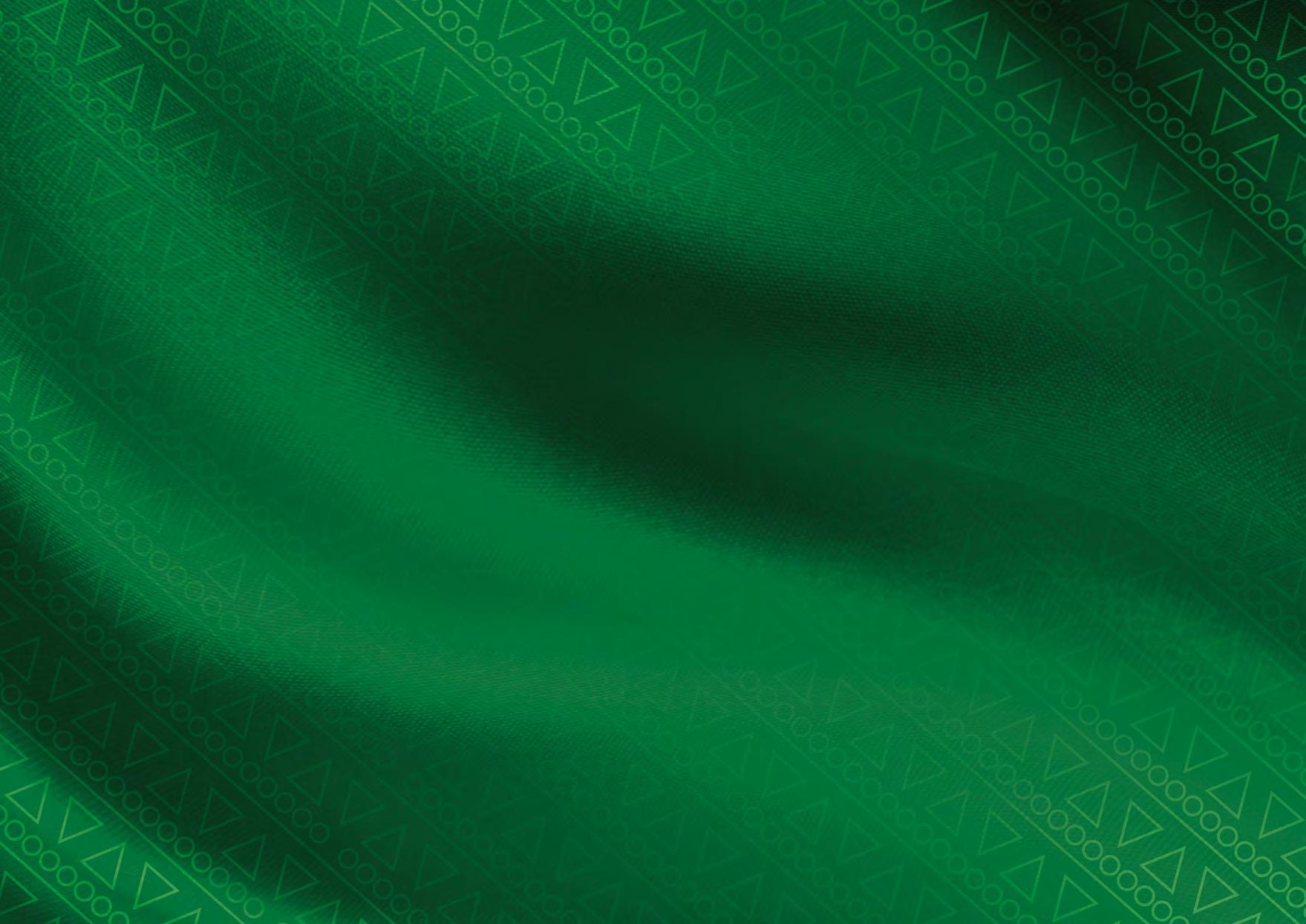
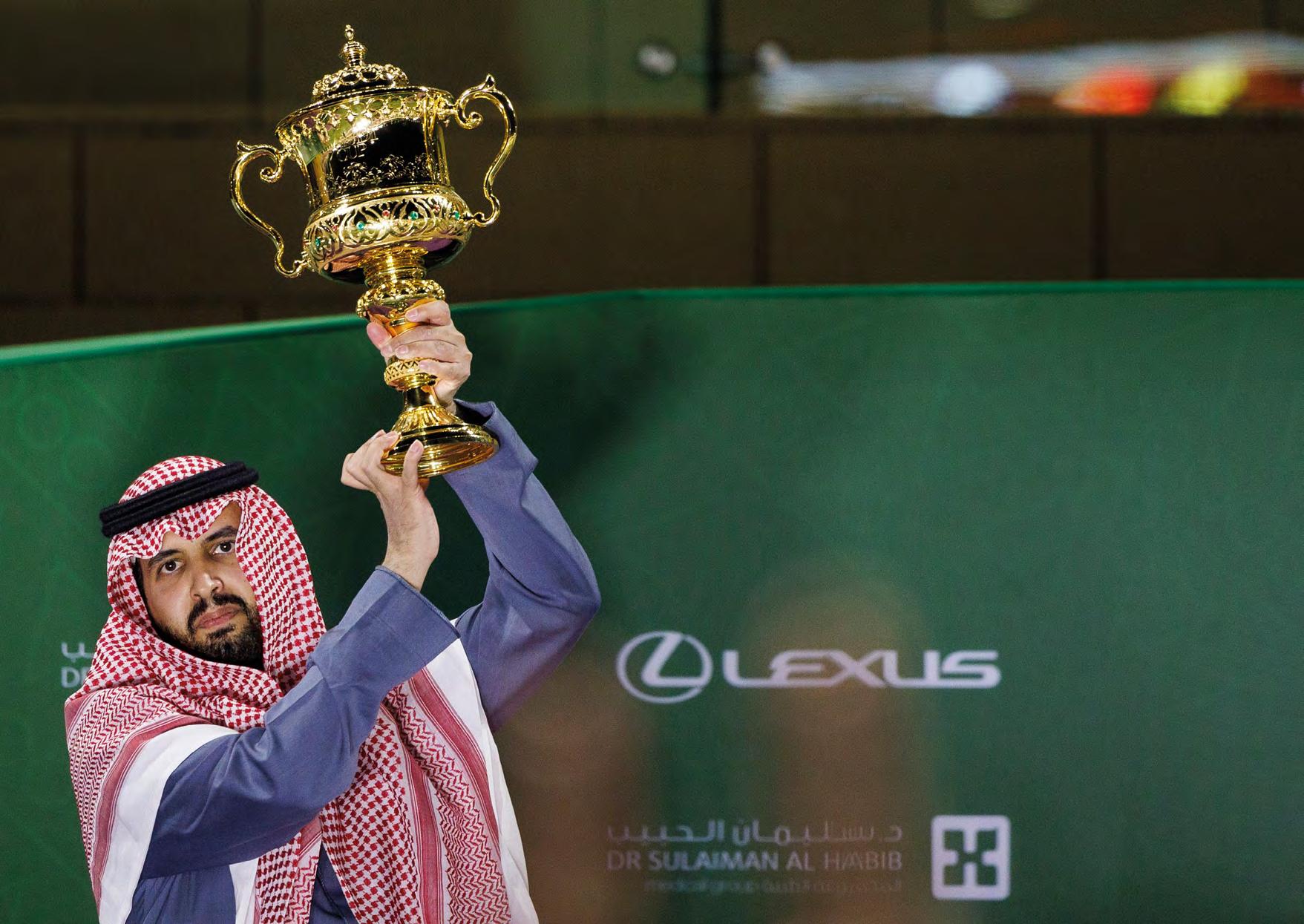
Date:
Friday 24 & Saturday 25 February 2023
Location: King Abdulaziz Racecourse, Riyadh, KSA
Entry deadline for international races & Jockey Club Local Handicap: Wednesday January 4, 2023
Entry deadline for domestic races: Tuesday February 7, 2023
Entry procedure: All races are free to enter and free to run Please contact the International Racing Bureau for further information (adrian@irbracing.com) or localentries@thesaudicup.com.sa for local enquiries.
The total purse for The Saudi Cup Weekend Races is $35,350,000
Race
OPEN CONDITIONS (Locally trained fillies only)
Conditions Distance Purse Surface
3YOF 1600M $250,000 DIRT
IJC R1 0-90 (Local bred, locally trained horses only) 4YO+ 1600M $400,000 DIRT
IJC R2 0-90 Local bred, locally trained horses only) 3YO 1400M $400,000 DIRT TUWAIQ CUP (Locally trained horses only) 4YO+ 1800M $500,000 DIRT
IJC R3 0-90 (Locally trained horses only) 4YO+ 1200M $400,000 TURF
IJC R4 0-90 (Locally trained horses only) 4YO+ 2100M $400,000 TURF SAUDI INTERNATIONAL HANDICAP 90-110 4YO+ 2100M $500,000 TURF AL MNEEFAH CUP (G2) (Purebred Arabians) 4YO+ 2100M $1,000,000 TURF
Race
JOCKEY CLUB LOCAL HANDICAP
(Local bred, locally trained horses only)
Conditions Distance Purse Surface
4YO+ 1800M $1,000,000 DIRT
OBAIYA ARABIAN CLASSIC (G1) (Purebred Arabians) 4YO+ 2000M$2,000,000 DIRT
NEOM TURF CUP (G3)
1351 TURF SPRINT (G3)
RED SEA TURF HANDICAP (G3)
4YO+ 2100M $1,500,000 TURF
4YO+ 1351M $1,500,000 TURF
4YO+ 3000M$2,500,000 TURF
SAUDI DERBY (G3)
3YO+ 1200M $1,500,000 DIRT
3YO 1600M $1,500,000 DIRT RIYADH DIRT SPRINT (G3)
SAUDI CUP (G1)
4YO+ 1800M $20,000,000 DIRT
In order to be eligible for entry in The Saudi Cup meeting races, horses must enter by noon at place of entry on Wednesday, January 4, 2023. There will be no entry fee.
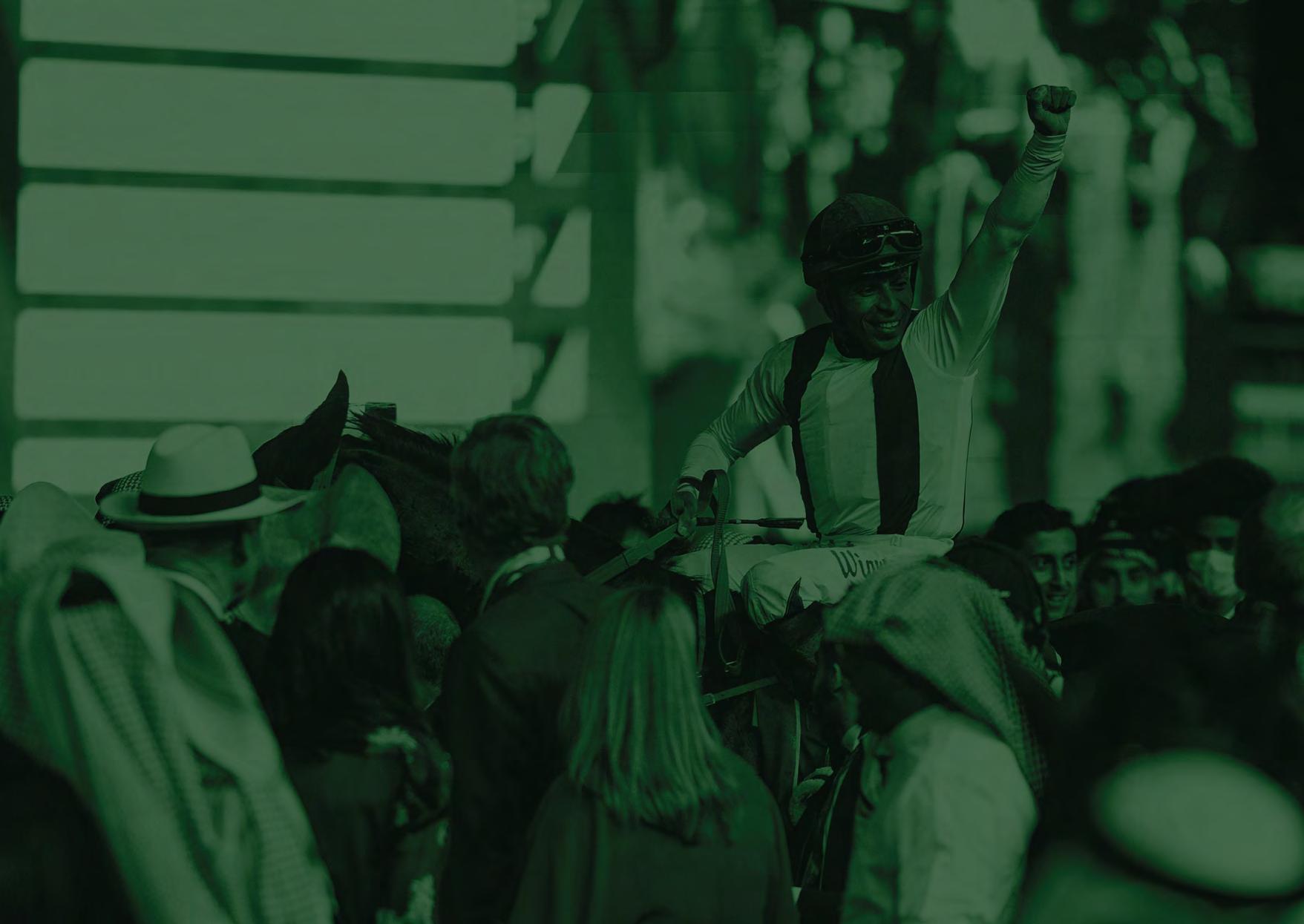
The Jockey Club of Saudi Arabia (JCSA) reserves the right to refuse the entry of any horse, in JCSA’s sole discretion, for any reason, including, but not limited to, situations where any connection (e.g., owner, trainer, jockey) of such horse has engaged or may have engaged in conduct, or become the subject of a regulatory or law enforcement inquiry or action alleging conduct that is unlawful, unethical or which may otherwise compromise the integrity of The Saudi Cup Meeting.
Please refer to the race conditions for the qualification rules.
The supplementary fee (for those horses not already nominated) is to be made by Tuesday February 14, at a cost of 1% of the total purse of the relevant race.
Supplementary fees will only be charged for horses which are subsequently invited.
Supplementary fees are non-refundable for invited horses except in the event of sickness or disability certified by an official track veterinarian acceptable to JCSA.

Contacts
Adrian Beaumont
Great Britain, Ireland, Scandinavia and GCC Countries
Tel: +44 1638 668881 Mob: +44 7808 903158 adrian@irbracing.com
Max Pimlott
Great Britain, Ireland, Scandinavia and GCC Countries
Mob: +44 7950 861 939 max@irbracing.com
Chantal Chappuis France
Mob: + 33 6 07 76 32 34 chantalchappuis@orange.fr
Nick Higgins Spain
Mob: +44 77 9699 6899
E-mail: nthiggins@hotmail.com
David Conolly Smith Germany
Mob: +49 160 9674 7958 david.conolly-smith@t-online.de
Franca Vittadini Italy
Mob: +39 335 207 883 f.vittadini@gmail.com
Naohiro Goda Japan Mob: +81 90 3427 1753 lem00453@nifty.ne.jp
USA West Coast
Mob: +1 (818) 203-8281 cinraybar@aol.com
Nick Esler
USA East Coast, Mid-West and Canada Mob: +1 (561) 634-1306 naesler11@gmail.com
Local Entries to be made through the trainer’s log in on the Frusiya website and will be open from 4th December 2022 – 4th January 2023.
*For local horses only - note any horse that runs in meetings 94, 95 or 96 will automatically be disqualified from running in meetings 97 and 98 due to quarantine requirements.
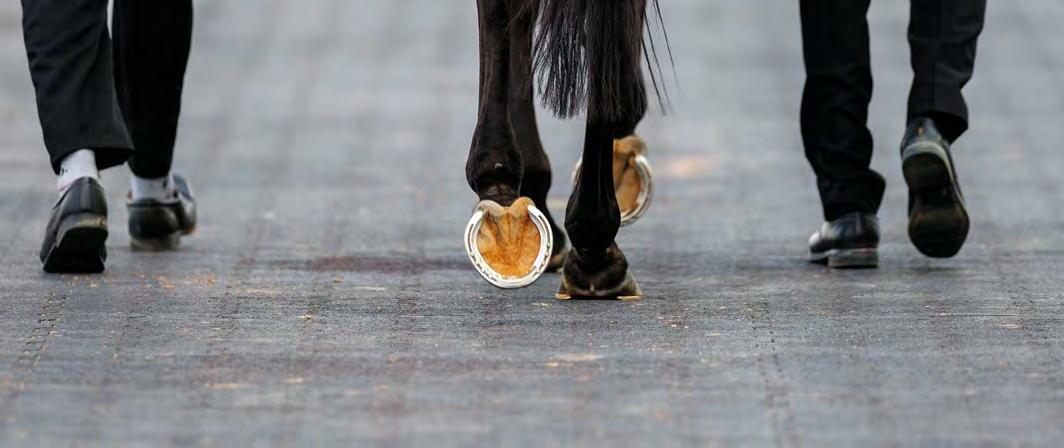
The JCSA Racing Consultant and Handicapper (Phil Smith) will assign a rating to each Thoroughbred horse that is entered or supplemented for these races. The Purebred Arabian horses entered will be handicapped by Neil Abrahams. These ratings will form the basis for the selection procedure, although the Selection Committee (which will meet in early January) will consider all relevant factors.
There will be two spaces reserved for local horses trained in KSA in all international races subject to the horse having had at least one run in the country prior to January 31, 2023.
One of these spaces will be reserved for the winner of the respective local qualifying race (where applicable). The second space will be
allocated to the horse chosen by the Selection Committee based on recent relevant form taking into account rating, distance and surface.
In the handicap races the selection process will be high weights preferred if the Selection Committee believes the horses are suitable to be running over those distances and surface. Two spaces will be reserved for Saudi trained horses in all international races even if not high enough on the ratings scale to be guaranteed a run.
The JCSA reserves the right and has the sole authority to decide on the number of runners in the race, after careful consideration of
any entry’s overall standing and potential to perform adequately in the race. Consequently, no entry, whether local or international, is guaranteed selection even if fewer than the maximum number of starters are selected.
The Selection Committee has the sole authority and discretion in determining the line-up of the races and the decision of the Selection Committee shall be final.
JCSA reserves the right to have up to two local reserves at the time of declaration. These reserves can draw into the race up to scratch time (8am on race day).
A maximum of 14 starters are allowed in each of the international races on February 24 & 25. The runners will be by invitation only.
The horse who finishes first in the races listed below will secure an invitation for the following races even if not previously entered.
Saudi Cup
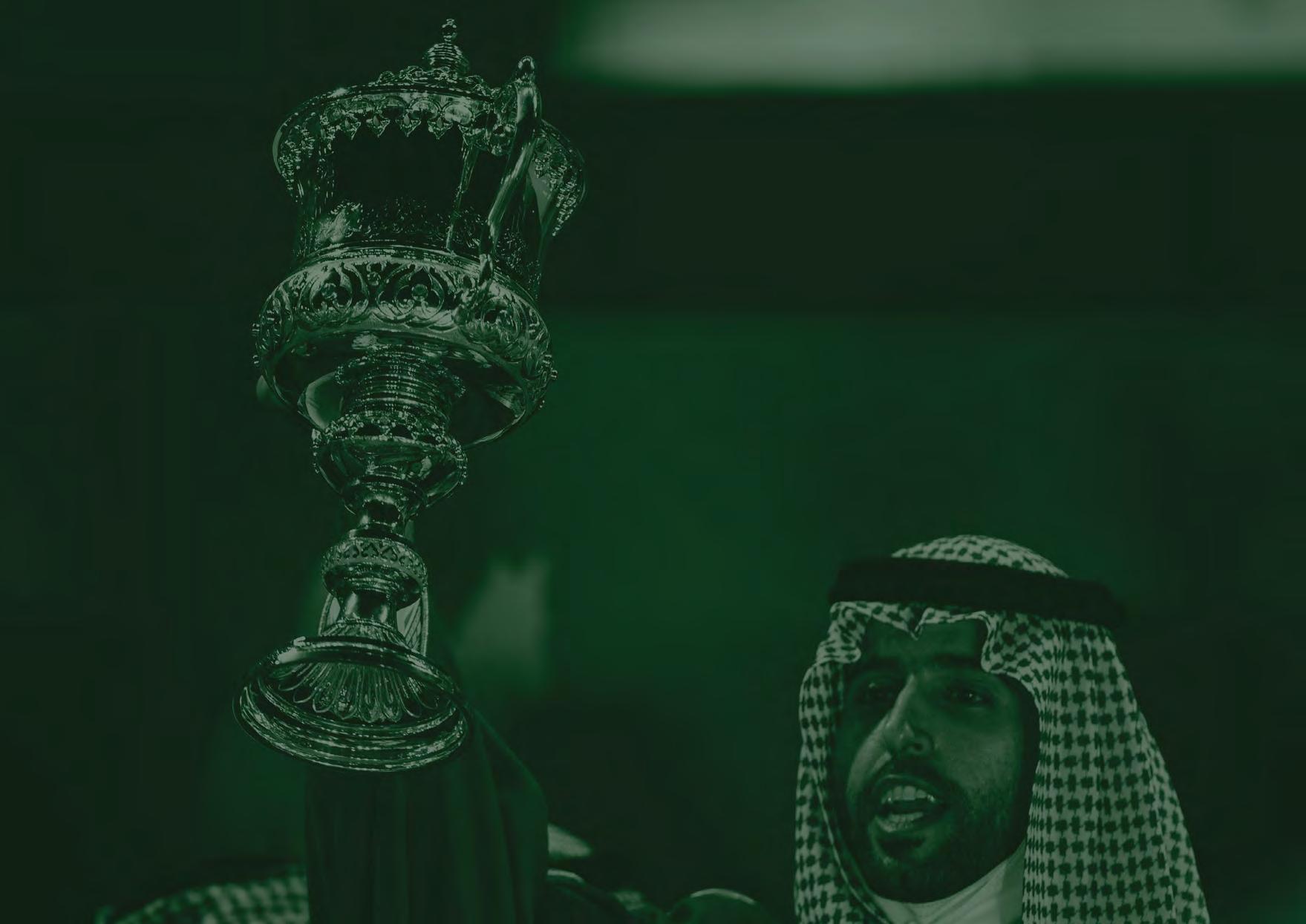
Riyadh Dirt Sprint

• G1 Pegasus World Cup, Gulfstream Park
• G1 Champions Cup, Chukyo Racecourse
• Listed Custodian of The Two Holy Mosques, King Abdulaziz Racecourse




• G3 Capella Stakes, Nakayama Racecourse
• Riyadh Dirt Sprint Qualifier, King Abdulaziz Racecourse, (Locally trained horses only)
• G1 Pegasus World Cup Turf, Gulfstream Park
• G3 Challenge Cup, Hanshin
• G3 Bahrain International Trophy, Sakhir
• Neom Turf Cup Qualifier, King Abdulaziz Racecourse (Locally trained horses only)
Obaiya Arabian Classic

• Al Diriyah Cup, King Abdulaziz Racecourse (Locally trained horses only)
1351 Turf Sprint

• G2 Hanshin Cup, Hanshin
• 1351 Turf Sprint Qualifier, King Abdulaziz Racecourse (Locally trained horses only)
• Al Mneefah Cup Qualifier, King Abdulaziz Racecourse (Locally trained horses only)
Saudi Derby
• Saudi Derby Qualifier, King Abdulaziz Racecourse (Locally trained horses only)




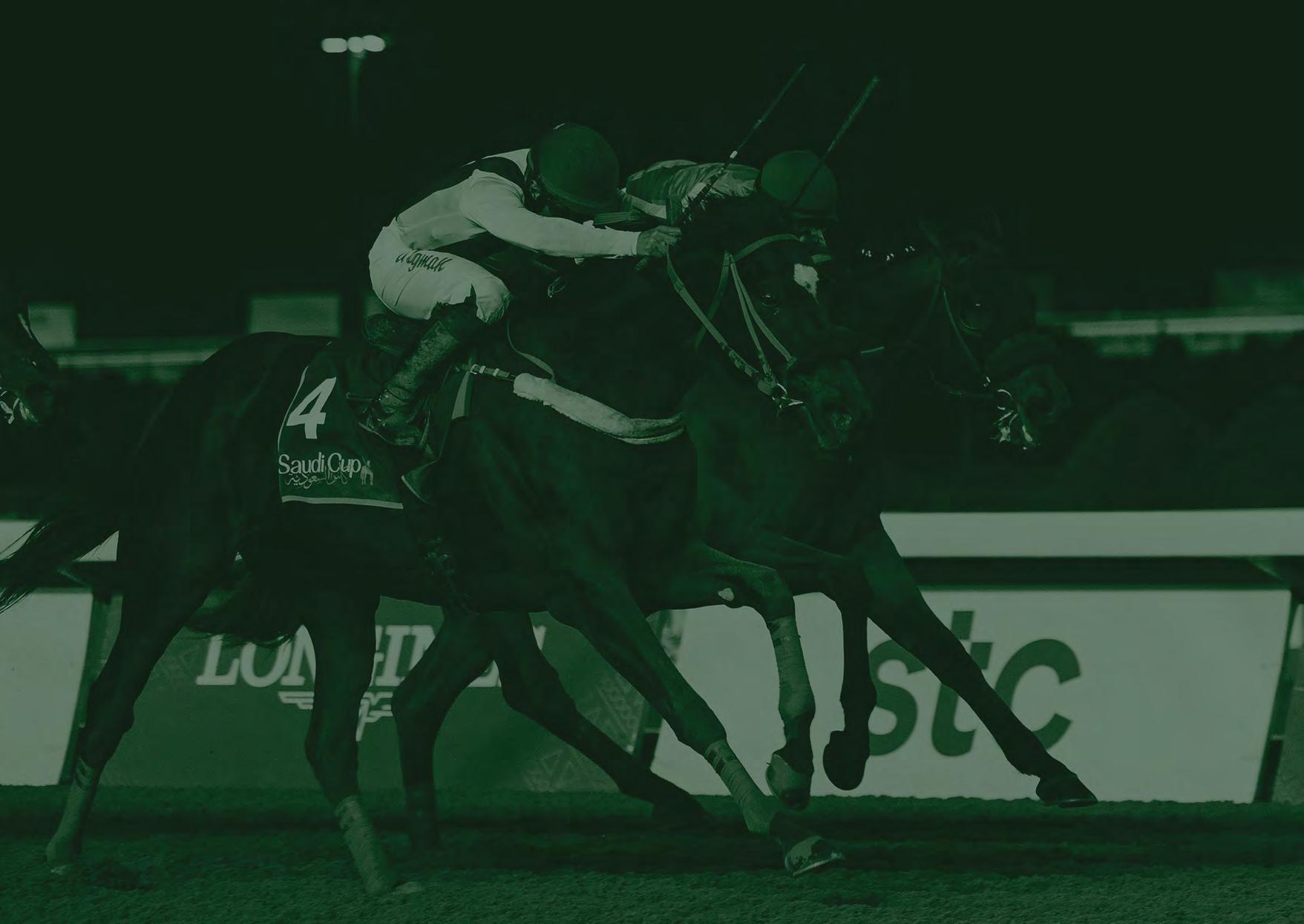
The dirt track is 2000m with a 450m chute. The Saudi Cup ran over 1800m runs just the one turn. The turns are very gentle 500m in length and the straights are both 500m. The width of the track is 25m wide.
The turf course is 1800m around with 438m straights. The bend length is 478m and the track width is 21m.



To close on Wednesday January 4, 2023 – free nominations.
Once entered, horses will be invited, and no fees will be payable.
All International races will be limited to 14 starters. The Jockey Club Local Handicap will be limited to 20 starters.
No horse running on the Friday or Saturday is to be administered Lasix (Furosemide) or Bute (Phenylbutazone).
No horse will be permitted to race on both Friday and Saturday.
No jockey will be allowed to claim in any international race.
For further information and to make international entries please contact the International Racing Bureau.
Distributed as follows:
$300,000 to the winning horse. The second horse to receive $100,000, the third $50,000, the fourth $25,000, the fifth $15,000, the sixth $10,000.
pen to NH bred 4yos & up and SH bred 3yos & up.

orses must be trained by trainers who hold a current license in a non IFHA Part 1 country. International horses must have had at least one run in a non IFHA Part 1 country since January 1st, 2021. Locally trained horses in Saudi Arabia must have had at least one run in KSA by January 31, 2023.
he JCSA reserves the right to invite a representative field of horses from a variety of countries.
he minimum rating at time of entry (January 4, 2023) must exceed 89 and the maximum rating can be no higher than 110.
Horses must have had a published rating in their trainer’s country of training to qualify for entry. However, the JCSA handicapper will determine the final weight to be carried.

• Ratings for entry will be taken at time of closing on Wednesday January 4, 2023. The handicap will be published on Wednesday January 11, 2023.
• Horses who win a race subsequent to the publication of the handicap may be subject to a penalty (no higher than 2kg) as determined by the JCSA Handicapper.
• The top weight to be no higher than 62kgs and the bottom weight no lower than 54kgs.
In the case of the invited top weight horses being withdrawn before declaration the top weight will rise to 62kg and all other weights will rise accordingly.
• There will be two spaces reserved for locally trained horses even if not high enough on the ratings scale to be guaranteed a run. Both horses must have had at least one run in KSA by January 31, 2023.

• Enter by Wednesday January 4, 2023.
• Final declaration to take place on Tuesday February 21, 2023

$1,000,000
January 31, 2023. One of these spaces will be reserved for the winner of the Al Mneefah Cup Qualifying race. The second space will be allocated to the horse chosen by the Selection Committee based on recent relevant form taking into account rating, distance and surface.
• Enter by Wednesday January 4, 2023.
• Supplementary entry for non-original entries of $10,000 to be paid on Tuesday February 14, 2023.
• Open to Purebred Arabians 4yos & up.
• Weights:
• 5yos & up 61kg / 134lbs
• 4yos & up 56kgs / 123lb
• Fillies & mares allowed 2 kgs / 4lb
• There will be two spaces reserved for locally trained horses, both of which must have had a least one run in KSA prior to
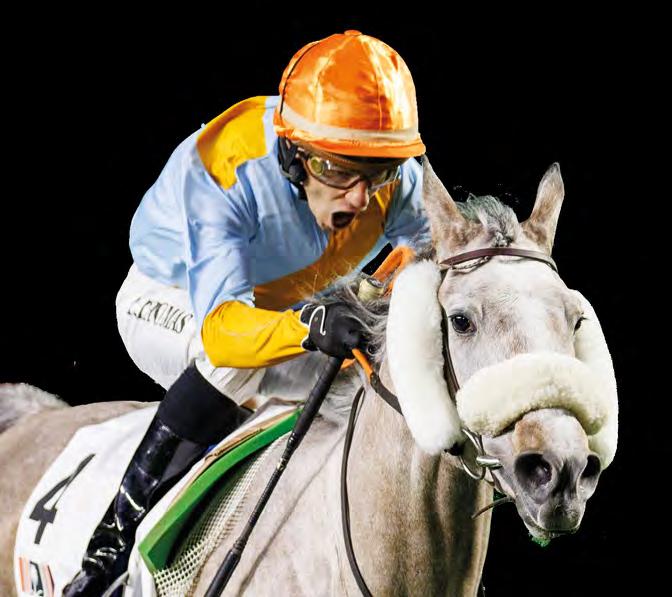
• Final declaration to take place on Tuesday February 21, 2023.
• In order to enter, locally and internationally trained horses must have a domestic rating of 100, (96 for fillies & mares) or finished in the first four in a Group 1, 2 or 3 race.
Distributed as follows:
$600,000 to the winning horse. The second horse to receive $200,000, the third $100,000, the fourth $50,000, the fifth $30,000, the sixth $20,000.
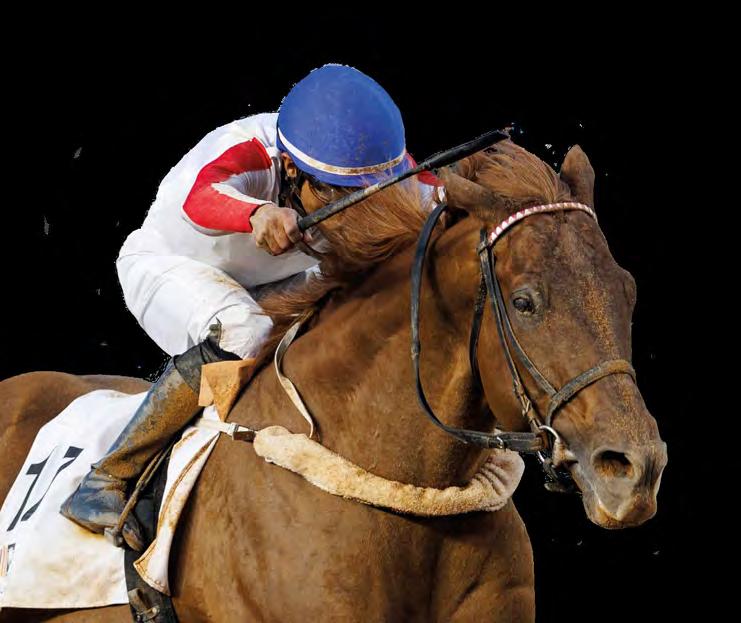
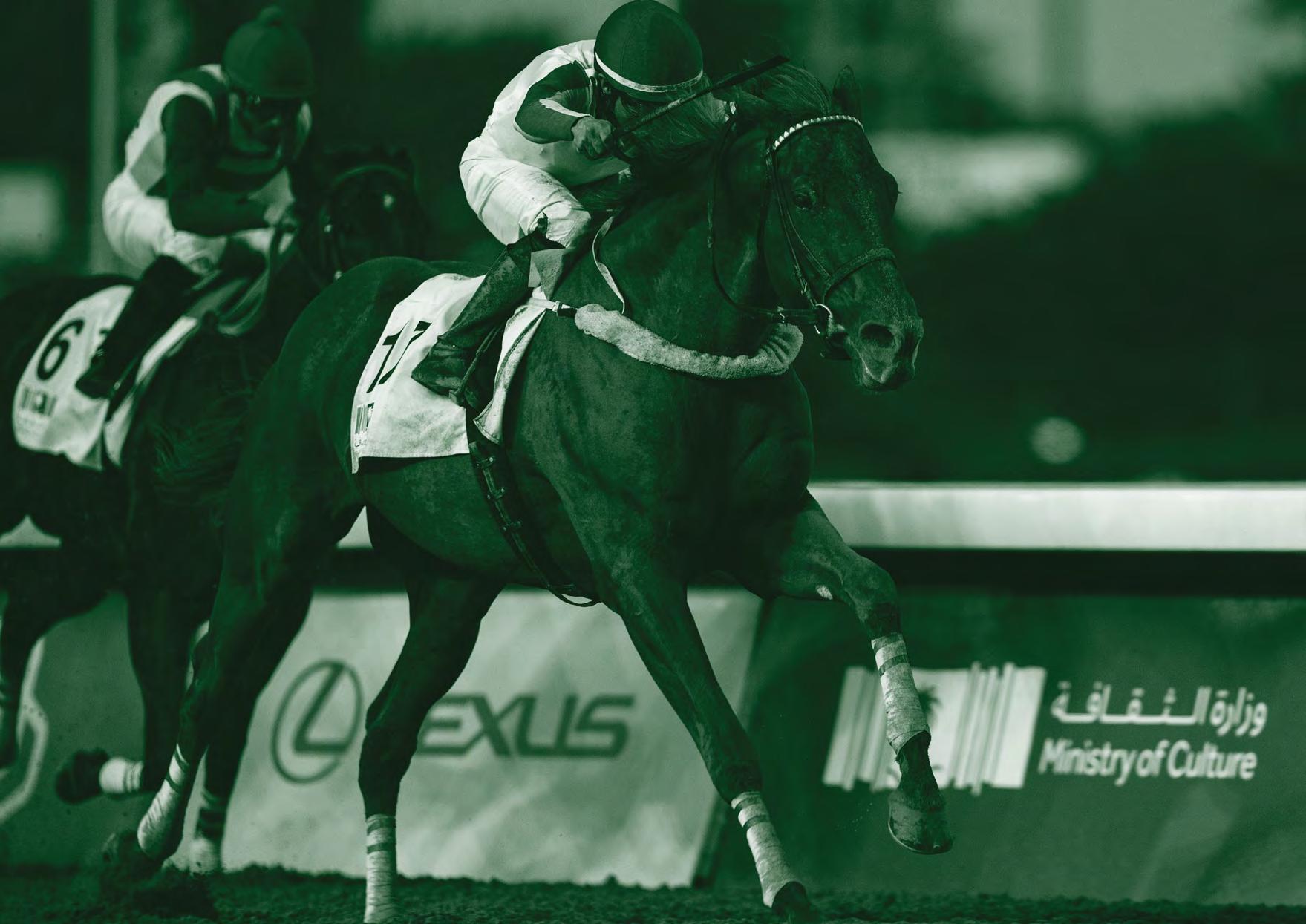
A handicap open to KSA bred, KSA trained horses only.
he top weight to be no higher than 62kgs and the bottom weight no lower than 54kgs. In the case of the invited top
weight horses being withdrawn before declaration the top weight will rise to 62kg and all other weights will rise accordingly.
• Enter by Wednesday January 4, 2023.
• The handicap will be published on Tuesday February 7, 2023.
• Final declaration to take place on Tuesday February 21, 2023.
• In order to enter, horses must have a domestic rating of 85 or above.

$1,200,000 to the winning horse. The second horse to receive $400,000, the third $200,000, the fourth $100,000, the fifth $60,000, the sixth $40,000.
January 31, 2023. One of these spaces will be reserved for the winner of The Al Diriyah Cup. The second space will be allocated to the horse chosen by the Selection Committee based on recent relevant form taking into account rating, distance and surface.
• Enter by Wednesday January 4, 2023.
• Supplementary entry for non-original entries of $20,000 to be paid on Tuesday February 14, 2023.
• Open to Purebred Arabians 4yos & up.
• Weights:
• 5yos & up 61kg / 134lbs
• 4yos & up 56kgs / 123lb
• Fillies and mares allowed 2 kgs / 4lb

• There will be two spaces reserved for locally trained horses, both of which must have had at least one run in KSA prior to
• Final declaration to take place on Tuesday February 21, 2023.
• In order to enter, locally and internationally trained horses must have:
• A domestic rating of 100 or above (96 for fillies and mares) or finished in the first four in a Group 1, 2 or 3 race.

• The horse who finishes first in the following races will secure an invitation for The Neom Turf Cup even if not previously entered:
Distributed as follows:
$900,000 to the winning horse. The second to receive $300,000, the third $150,000, the fourth $75,000, the fifth $45,000, the sixth $30,000.
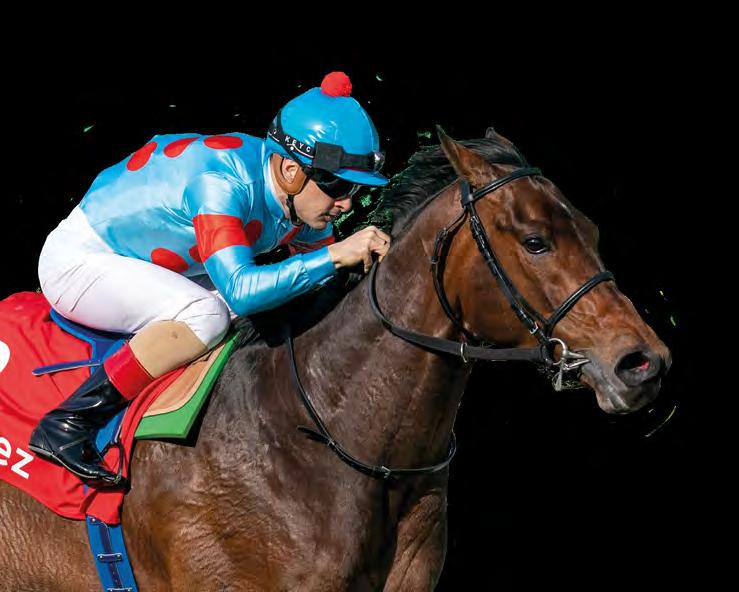
pen to NH bred 4yos & up and SH bred 3yos & up.

eights: NH & SH bred 4yos & up 57 kgs / 126lb SH bred 3yos 53kgs / 117lb Fillies and mares allowed 2 kgs / 4lb here will be two spaces reserved for locally trained horses, both of which must have had at least one run in KSA by January 31, 2023. One of these spaces will be reserved for the winner of the local Neom Turf Cup qualifier. The second space will be allocated to the horse chosen by the Selection Committee based on recent relevant form taking into account rating, distance and surface.
• G1 Pegasus World Cup Turf, Gulfstream Park
• G3 Challenge Cup, Hanshin
• G3 Bahrain International Trophy, Sakhir
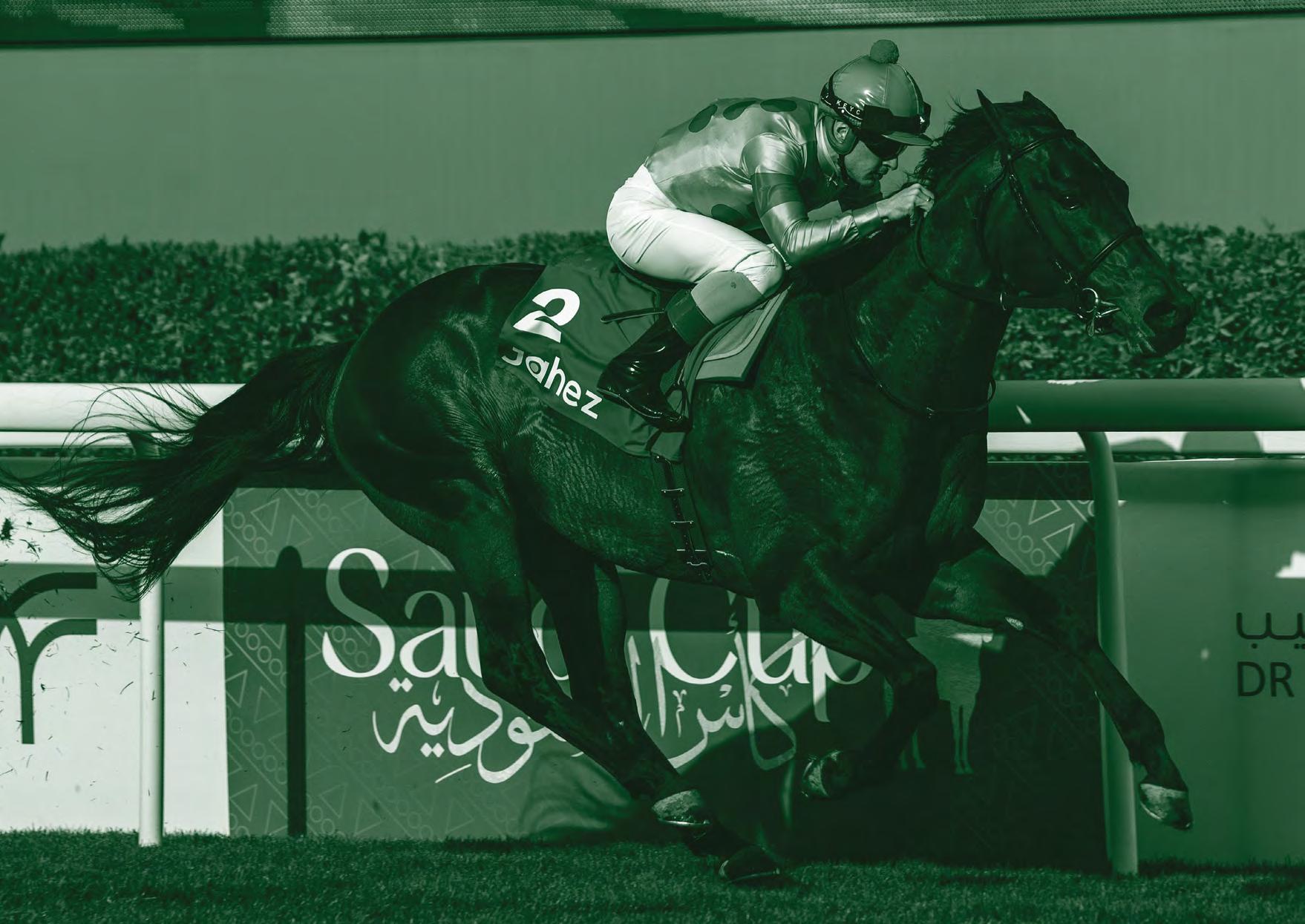
• Enter by Wednesday January 4, 2023.
• Supplementary entry for non-original entries of $15,000 to be paid on Tuesday February 14, 2023.
• Final declaration to take place on Tuesday February 21, 2023.
• In order to enter, internationally trained horses must have:
• A domestic rating of 100 or above (96 for fillies and mares).
OR
• Finished in the first four in a Group 1, 2 or 3 race in Part I of the IFHA Blue Book.
• Locally trained horses must have a domestic rating of 95 or above (91 for fillies and mares) in order to enter.
$900,000 to the winning horse. The second to receive $300,000, the third $150,000, the fourth $75,000, the fifth $45,000, the sixth $30,000.
pen to NH bred 4yos & up and SH bred 3yos & up.

H & SH bred 4yos & up 57kgs / 126lb H bred 3yos 54.5kgs / 120lb illies and mares allowed 2 kgs / 4lb here will be two spaces reserved for locally trained horses, both of which must have had at least one run in KSA by January 31, 2023. One of these spaces will be reserved for the winner of the local 1351 Turf Sprint qualifier. The second space will be allocated to the horse chosen by
the Selection Committee based on recent relevant form taking into account rating, distance and surface.
• The horse who finishes first in the G2 Hanshin Cup, Hanshin Racecourse will secure an invitation for The 1351 Turf Sprint even if not previously entered.
• Enter by Wednesday January 4, 2023
• Supplementary entry for non-original entries of $15,000 to be paid on Tuesday February 14, 2023.
• Final declaration to take place on Tuesday February 21, 2023.
• In order to enter, internationally trained horses must have:

• A domestic rating of 100 or above (96 for fillies and mares).
OR
• Finished in the first four in a Group 1, 2 or 3 race in Part I of the IFHA Blue Book.
• Locally trained horses must have a domestic rating of 95 or above (91 for fillies and mares) in order to enter.
Distributed as follows:
$1,500,000 to the winning horse. The second horse to receive $500,000, the third $250,000, the fourth $125,000, the fifth $75,000, the sixth $50,000.
54kgs. In the case of the invited top weight horses being withdrawn before declaration the top weight will rise to 62kg and all other weights will rise accordingly.
• There will be two spaces reserved for locally trained horses even if not high enough on the ratings scale to be guaranteed a run. Both horses must have had at least one run in KSA by January 31, 2023.
• Enter by Wednesday January 4, 2023.
• A handicap open to NH bred 4yos & up and SH bred 3yos & up. atings for entry will be taken at time of closing on Wednesday January 4, 2023. The handicap will be published on Wednesday January 11, 2023. orses who win a race subsequent to the publication of the handicap may be subject to a penalty (no higher than 2kg) determined by the JCSA Handicapper. he top weight to be no higher than 62kgs and the bottom weight no lower than
• Final declaration to take place on Tuesday February 21, 2023.
• In order to enter, internationally trained horses must have:
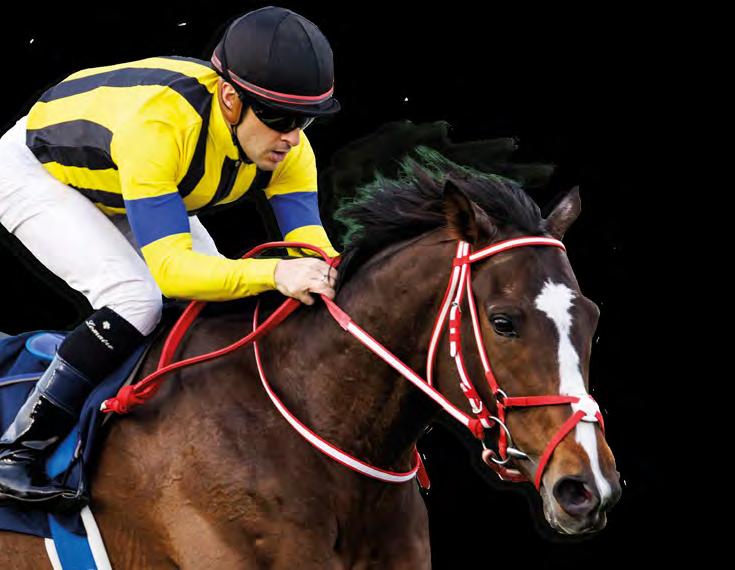

• A domestic rating of 100 or above. OR

• Finished in the first four in a Group 1, 2 or 3 race in Part I of the IFHA Blue Book.
• Locally trained horses must have a domestic rating of 95 or above in order to enter.
$900,000 to the winning horse. The second to receive $300,000, the third $150,000, the fourth $75,000, the fifth $45,000, the sixth $30,000.
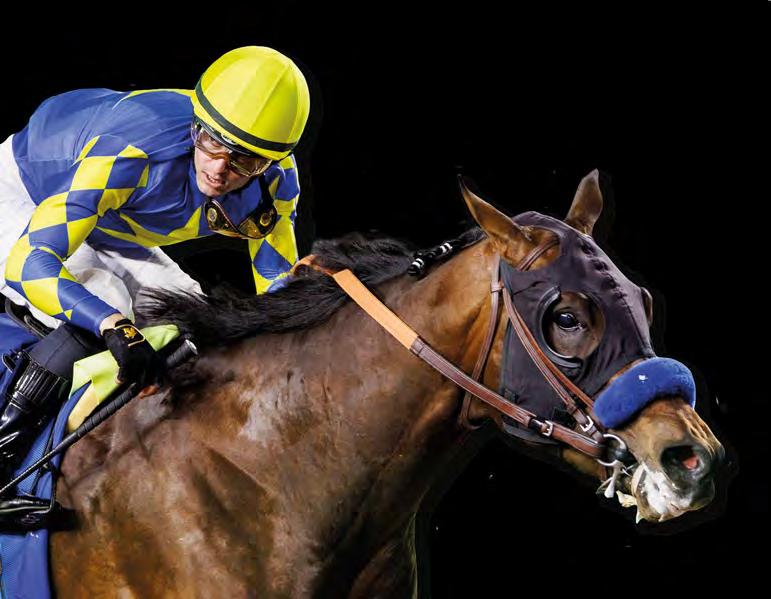
• There will be two spaces reserved for locally trained horses, both of which must have had at least one run in KSA by January 31, 2023. One of these spaces will be reserved for the winner of the local Saudi Derby qualifier. The second space will be allocated to the horse chosen by the Selection Committee based on recent relevant form taking into account rating, distance and surface.
• Enter by Wednesday January 4, 2023.
pen to NH bred and SH bred 3yos only.
eights:

H bred 3yos 55kgs / 121lbSH bred 3yos 59.5kgs / 131lb illies and mares allowed 2 kgs / 4lb hould no SH Bred 3yo declare to run the weights will be adjusted to 57kgs / 126lb
• Supplementary entry for non-original entries of $15,000 to be paid on Tuesday February 14, 2023.
• Final declaration to take place on Tuesday February 21, 2023.
$1,500,000 Total Race value will be
space will be allocated to the horse chosen by the Selection Committee based on recent relevant form taking into account rating, distance and surface.
Distributed as follows:
$900,000 to the winning horse. The second to receive $300,000, the third $150,000, the fourth $75,000, the fifth $45,000, the sixth $30,000.
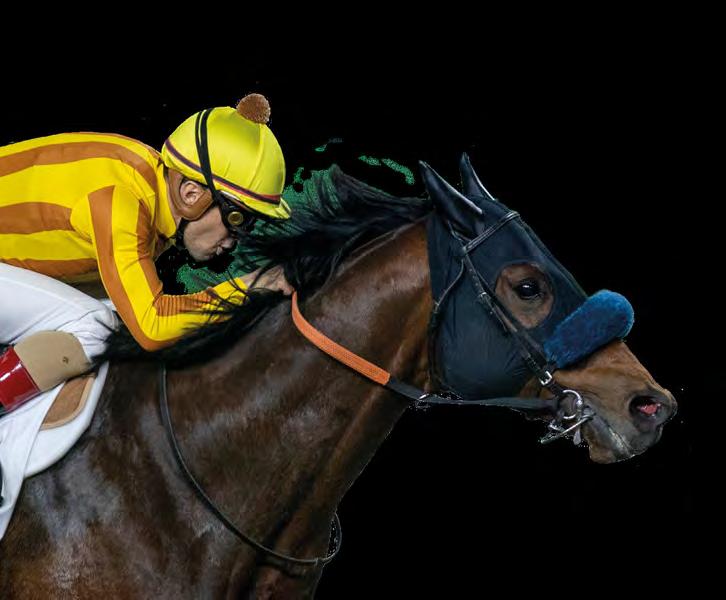
• The horse who finishes first in the G3 Capella Stakes, Nakayama Racecourse will secure an invitation for The Riyadh Dirt Sprint even if not previously entered.
• Enter by Wednesday January 4, 2023.
Open to NH bred and SH bred 3yos & up.
Weights:
NH & SH bred 4yos & up 59.5 kgs/ 131lb
NH bred 3yos 52kgs / 115lb SH bred 3yos 58kgs / 128lb
Fillies and mares allowed 2 kgs / 4 lb f no NH bred 3yo is declared to run, the weights will be adjusted to:
SH bred 3yos 55.5kg / 123lb, SH & NH bred 4yos & up 57kg (126lb)

There will be two spaces reserved for locally trained horses, both of which must have had at least one run in KSA by January 31, 2023. One of these spaces will be reserved for the winner of the local Riyadh Dirt Sprint qualifier. The second

• Supplementary entry for non-original entries of $15,000 to be paid on Tuesday February 14, 2023.
• Final declaration to take place on Tuesday February 21, 2023.
• In order to enter, internationally trained horses must have:
• A domestic rating of 100 or above (96 for fillies and mares).
OR
• Finished in the first four in a Group 1, 2, 3 or Listed race in Part I of the IFHA Blue Book.
• Locally trained horses must have a domestic rating of 95 or above (91 for fillies and mares) in order to enter.
$10,000,000 to the winning horse. The second to receive $3,500,000, the third $2,000,000, the fourth $1,500,000, the fifth $1,000,000, the sixth $600,000, the seventh $500,000, the eighth $400,000, the ninth $300,000, the tenth $200,000.
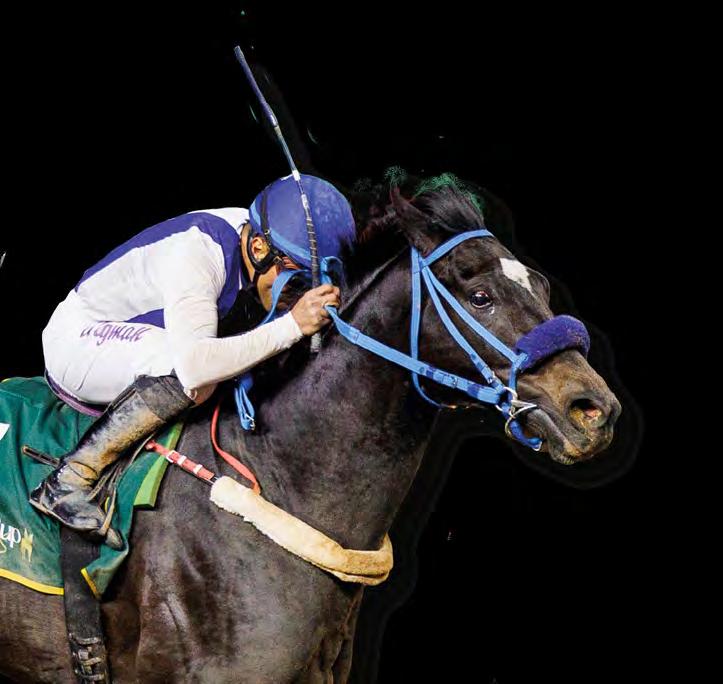
qualifying race is not locally trained, then both spaces will be allocated to horses chosen by the Selection Committee based on recent relevant form taking into account rating, distance and surface.
• The horses who finish first in the following races will secure an invitation for The Saudi Cup even if not previously entered:
• G1 Pegasus World Cup, Gulfstream Park
• G1 Champions Cup, Chukyo Racecourse
• Listed Custodian of The Two Holy Mosques, King Abdulaziz Racecourse
• Enter by Wednesday January 4, 2023.
Open to NH bred 4yos & up and SH bred 3yos & up.
• NH bred and SH bred 4yos & up 57kgs / 126lb
• SH bred 3yos 53.5kgs / 118lb
• Fillies and mares allowed 2 kgs / 4lb
T here will be two spaces reserved for locally trained horses, both of which must have had at least one run in KSA by January 31, 2023. If the winner of the local qualifying race (The Listed Custodian of the Two Holy Mosques) is locally trained, then it will secure an invitation. The second space will be allocated to the horse chosen by the Selection Committee based on recent relevant form taking into account rating, distance and surface. If the winner of the
• Supplementary entry for non-original entries of $200,000 to be paid on Tuesday February 14, 2023.
• Final declaration to take place on Tuesday February 21, 2023.
• In order to enter, internationally trained horses must have:
• A domestic rating of 110 or above (106 for fillies and mares). OR

• Finished in the first four in a Group 1 or 2 race in Part I of the IFHA Blue Book.
• Locally trained horses must have a domestic rating of 100 or above (96 for fillies and mares) in order to enter.

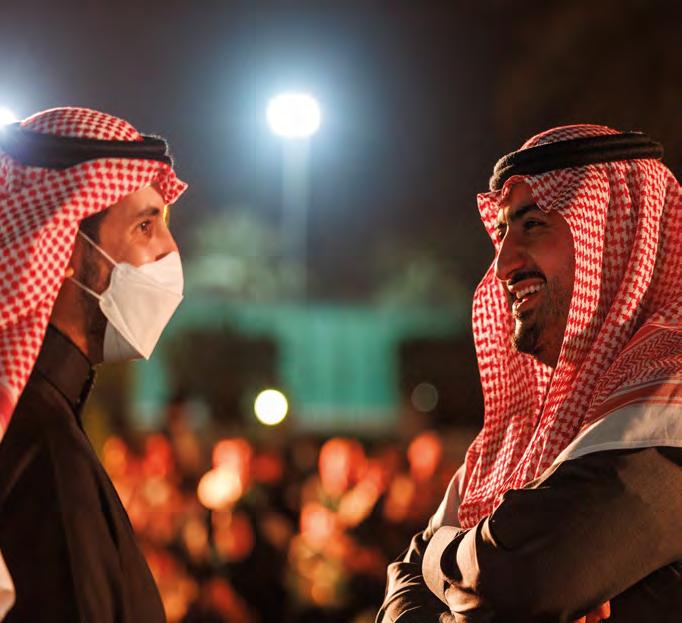
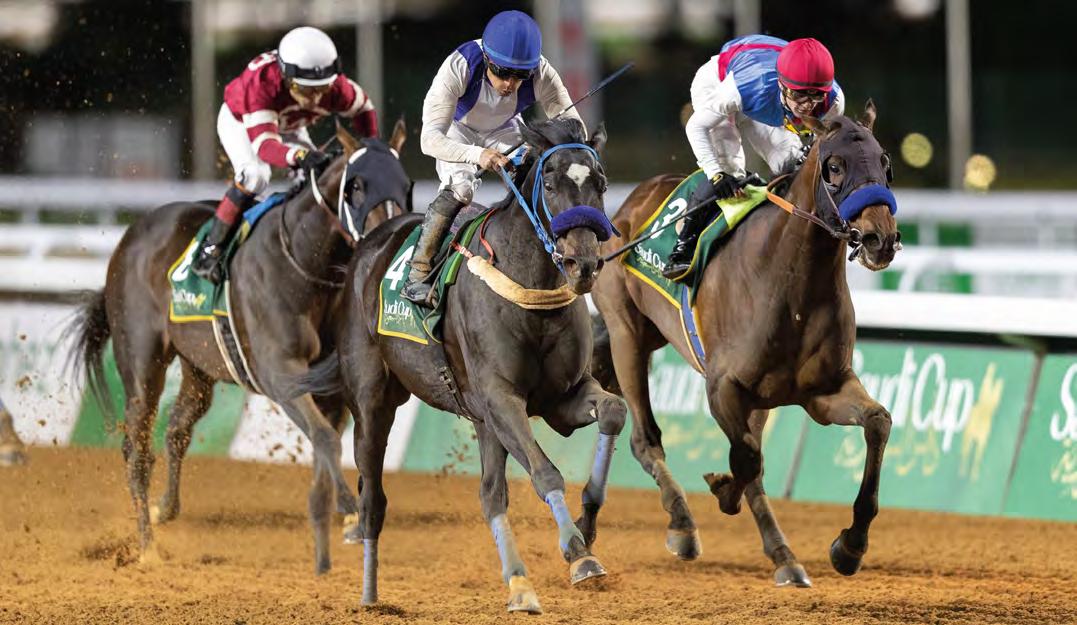
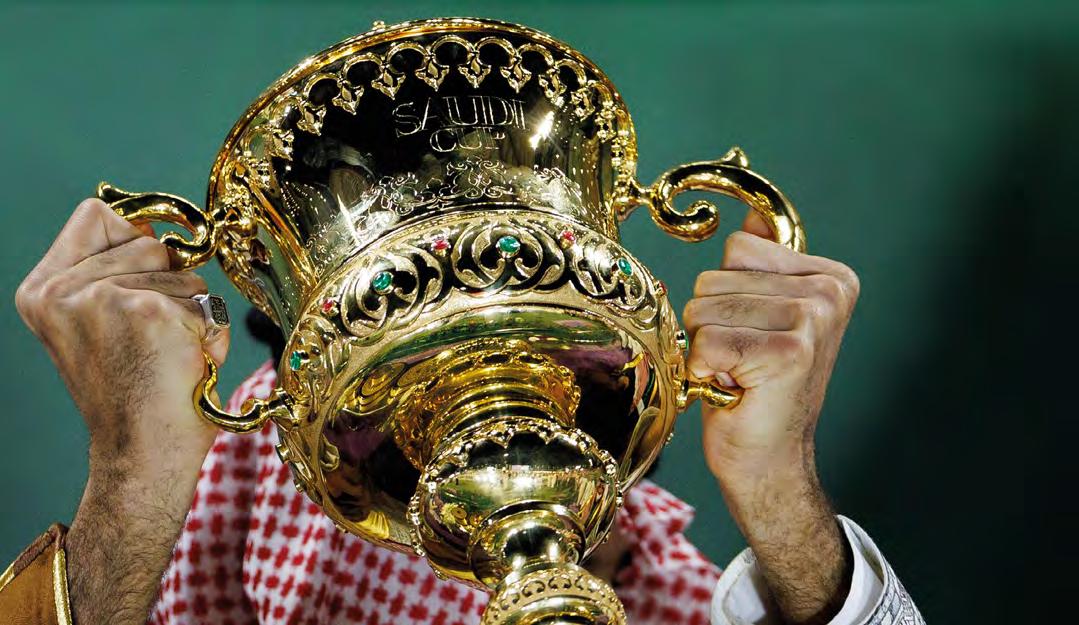

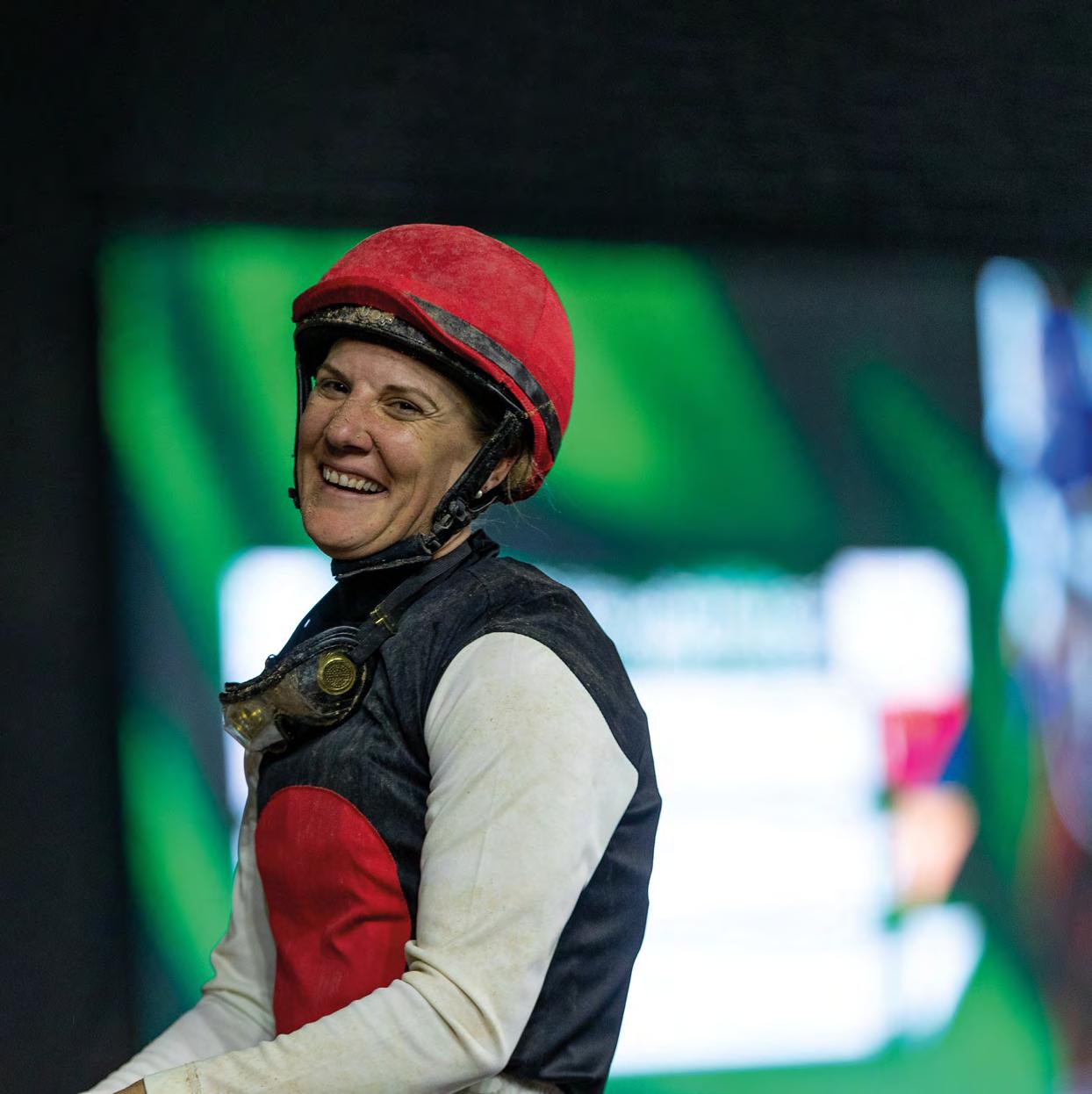
To consist of four handicap races through the card, worth $400,000 each, with jockeys to receive 15% of prize money won for the first five places.

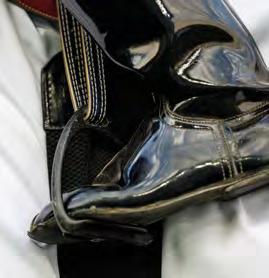
Races to have a top weight of 61kg and bottom weight of 55kg.
There will be a random draw for mounts on Tuesday February 21, 2023
Entries for these races are for locally trained horses only and can be made through the usual weekly domestic entry system closing on Tuesday 7th February 2023.
In order to qualify for entry, each horse must have previously finished in the first eight on the surface (turf for the turf races and dirt for the dirt races) in its career. It must have run within 200m above or below race distance since January 2022.
Note any horse that runs in meetings 94, 95 or 96 will automatically be disqualified from running in meetings 97 and 98 due to quarantine requirements.
Race Conditions Distance Purse Surface
INTERNATIONAL JOCKEY CHALLENGE R1 4YO+ 0-90 Local Bred 1600M $400,000 DIRT
INTERNATIONAL JOCKEY CHALLENGE R2 3YO 0-90 Local Bred 1400M $400,000 DIRT
INTERNATIONAL JOCKEY CHALLENGE R3 4YO+ 0-90 1200M $400,000 TURF
INTERNATIONAL JOCKEY CHALLENGE R4 4YO+ 0-90 2100M $400,000 TURF

The IJC participants Jockey Challenge Purse (separate from the individual race prize money) $30,000
will consist of seven international women, two local men and five international men. All races to consist of 14 runners and 5 reserves, all 14 jockeys are to ride in each race. 1 st $20,000

Challenge Overview 2 nd $10,000
3 rd $5,000
4 th 5 th -14 th each get $3,500

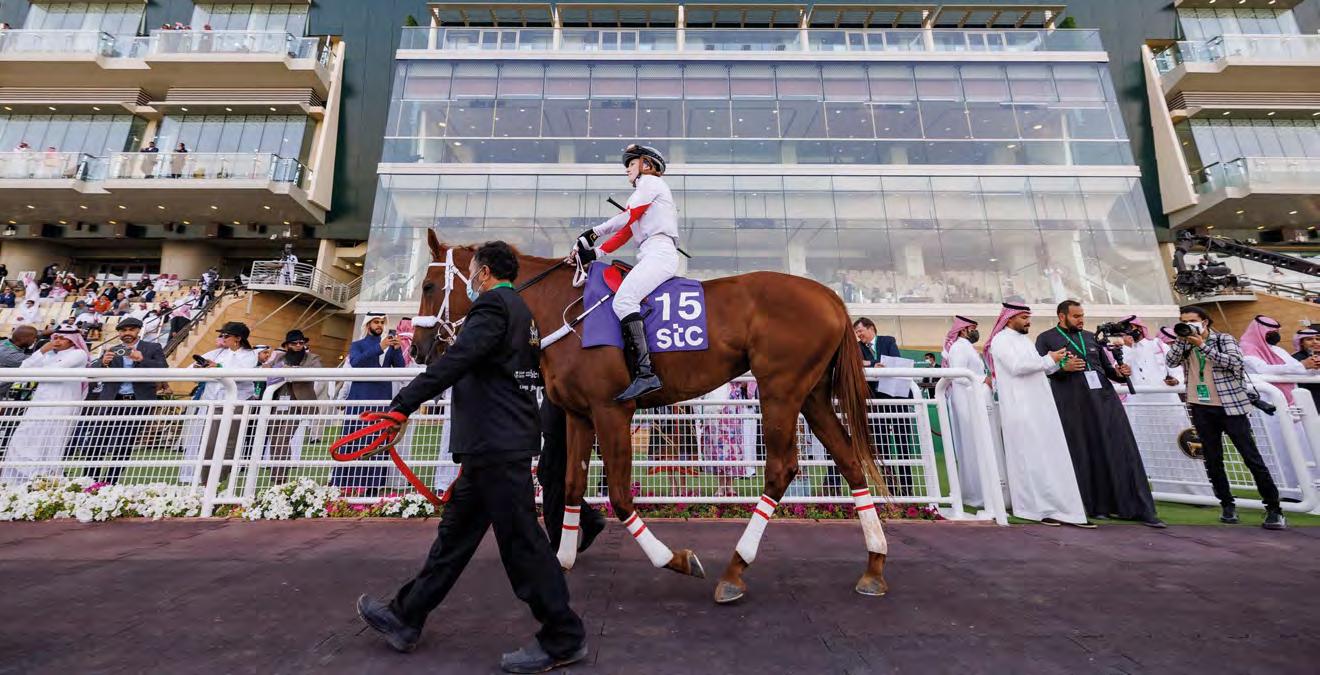



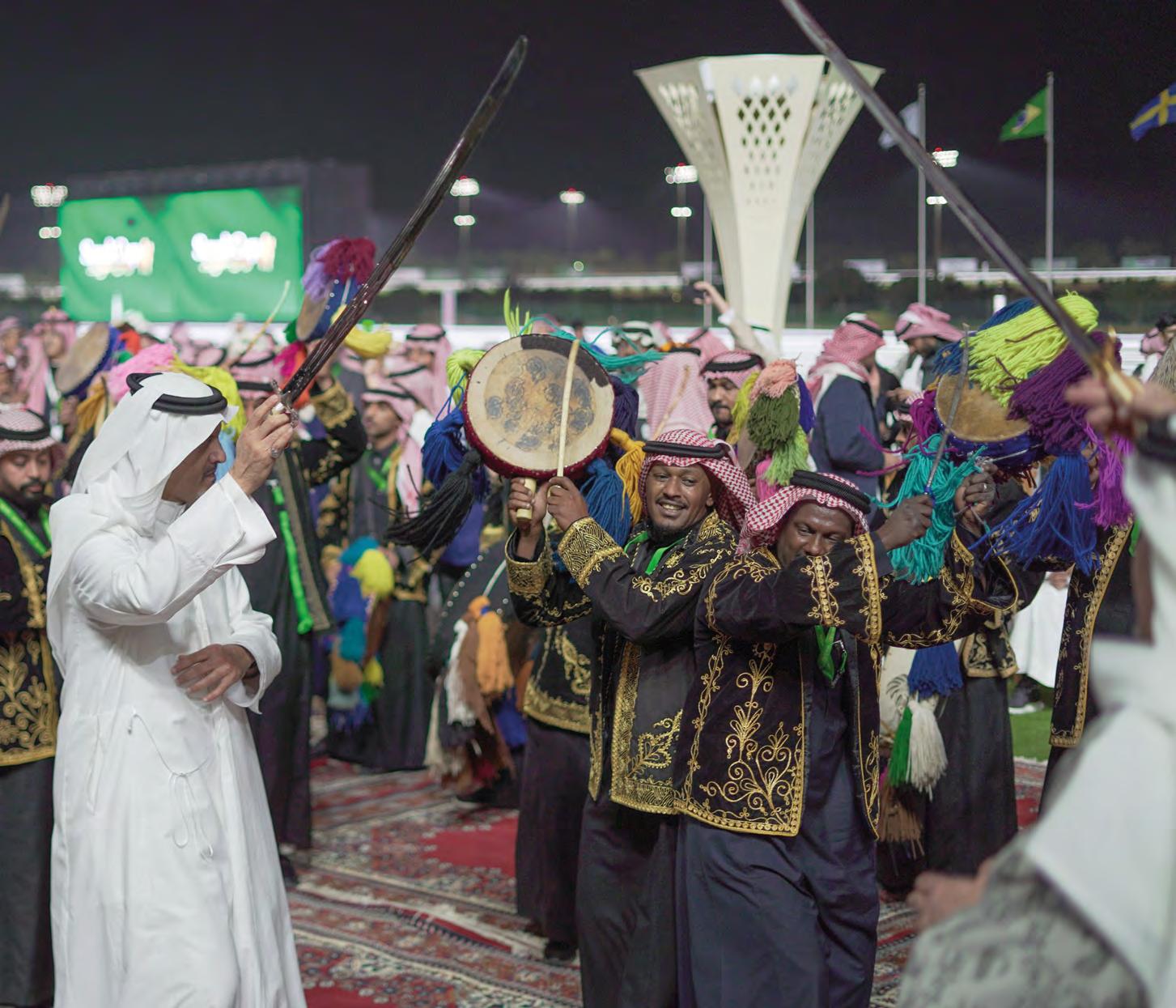
The JCSA will provide air tickets to Riyadh for the connections of overseas horses participating in The Saudi Cup meeting.
Return business class air tickets on a carrier designated by the JCSA will be provided for the following connections, subject to terms and conditions:
• Registered owner, up to two tickets
• Trainer, up to two tickets
• Jockey, one ticket
Only the above connections are eligible for travel concessions and the following restrictions apply:
• In the event a connection fulfils more than one role (i.e. owner/trainer), a maximum of two concessions will be granted – one for the connection and one for his/her spouse/ partner. No additional concessions will be reallocated.
• Owners, trainers or jockeys currently residing in Riyadh, KSA are not eligible for travel subsidies.
• In the event that trainers or jockeys have more than one horse participating at The Saudi Cup meeting, only one set of concessions will be granted. No additional concessions will be reallocated.
• In the event a syndicate or group of owners has more than one horse participating at The Saudi Cup meeting, a nominated owner per horse will receive a maximum of two concessions – one for the owner and one for his/her spouse/partner.
• To guarantee flight availability, owners, trainers and jockeys need to confirm their travel schedules to the JCSA as early as possible and preferably at least two weeks before the race day.
The JCSA will assist with all visa considerations following the issuing of invitations.
• A ny connections who take it upon themselves to book travel arrangements will not be reimbursed.
Economy class air tickets will be provided for a maximum of two persons per horse at the JCSA’s expense.
Owners, trainers, stable staff or jockeys residing in the KSA are not eligible for travel subsidies.
One room for a maximum of two persons will be provided to each of the following connections:
• Registered owner, five nights
• Trainer, five nights
• Jockey, four nights
Owners, trainers, or jockeys residing in KSA are not eligible for the hotel accommodation subsidies.
Only the above accommodation concessions will be granted, and the following restrictions apply:
• Owners, trainers and jockeys wishing to be accommodated for a longer period than the number of nights listed above will cover the cost of any additional nights and associated expenses themselves.
• Please note concessions are not transferable. Connections wishing to stay at hotels other than the official hotel will have to cover the cost and associated expenses
Assistant Trainers, Head Lads, Exercise riders & Stable staff
• A maximum of two persons per horse will be provided accommodation. Food, beverages, transport, internet as well as laundry will all be provided.
• A limited number of staff will be accommodated in villas on site in shared rooms, hotels can be requested for assistant trainers. Where possible at least one member of staff will be accommodated on site.
• Any extension of stay will not be covered by the JCSA. Any stay at a hotel other than the JCSA’s selected hotels will be on each individual’s own account.
Further information on hotels will be issued via relevant JCSA representatives following the issuing of invites for connections. Owners, trainers, or jockeys residing in KSA are not eligible for the hotel accommodation subsidies.
Owners, trainers, or jockeys residing in KSA are not eligible for the hotel accommodation subsidies.
4 star / 5 star hotel accommodation, with full board, will be provided at the official hotels.



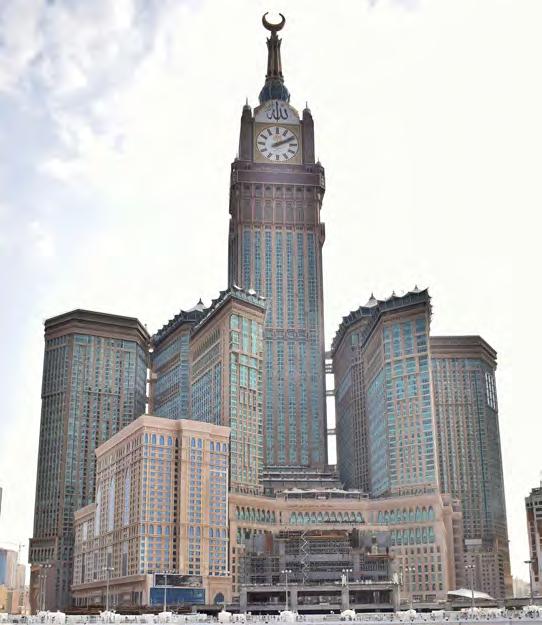
The following transport services will be arranged by the JCSA:
• King Khalid International Airport, Riyadh and the official hotels.
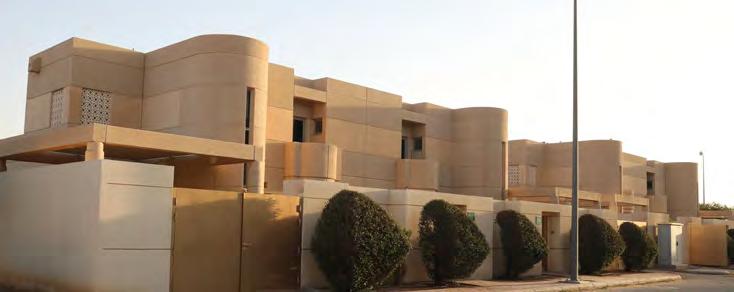
• Transport between the official hotels and King Abdulaziz Racecourse for morning trackwork and The Saudi Cup Meeting.
• Transport between the official hotels and the venues of official functions.
Riders & Stable Staff
• Airport transfer.
• Transport to the venues for official functions.
• Shuttles will be provided between hotels/ villas and the racecourse / quarantine stables.

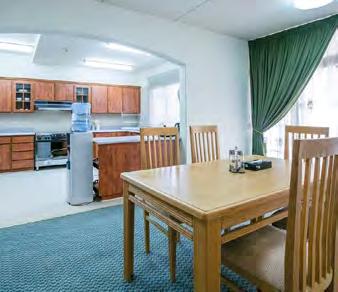
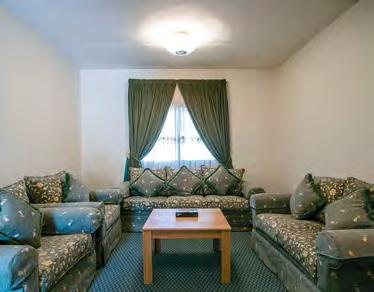
Connections (including jockeys and grooms) should have their own insurance arrangements in place.
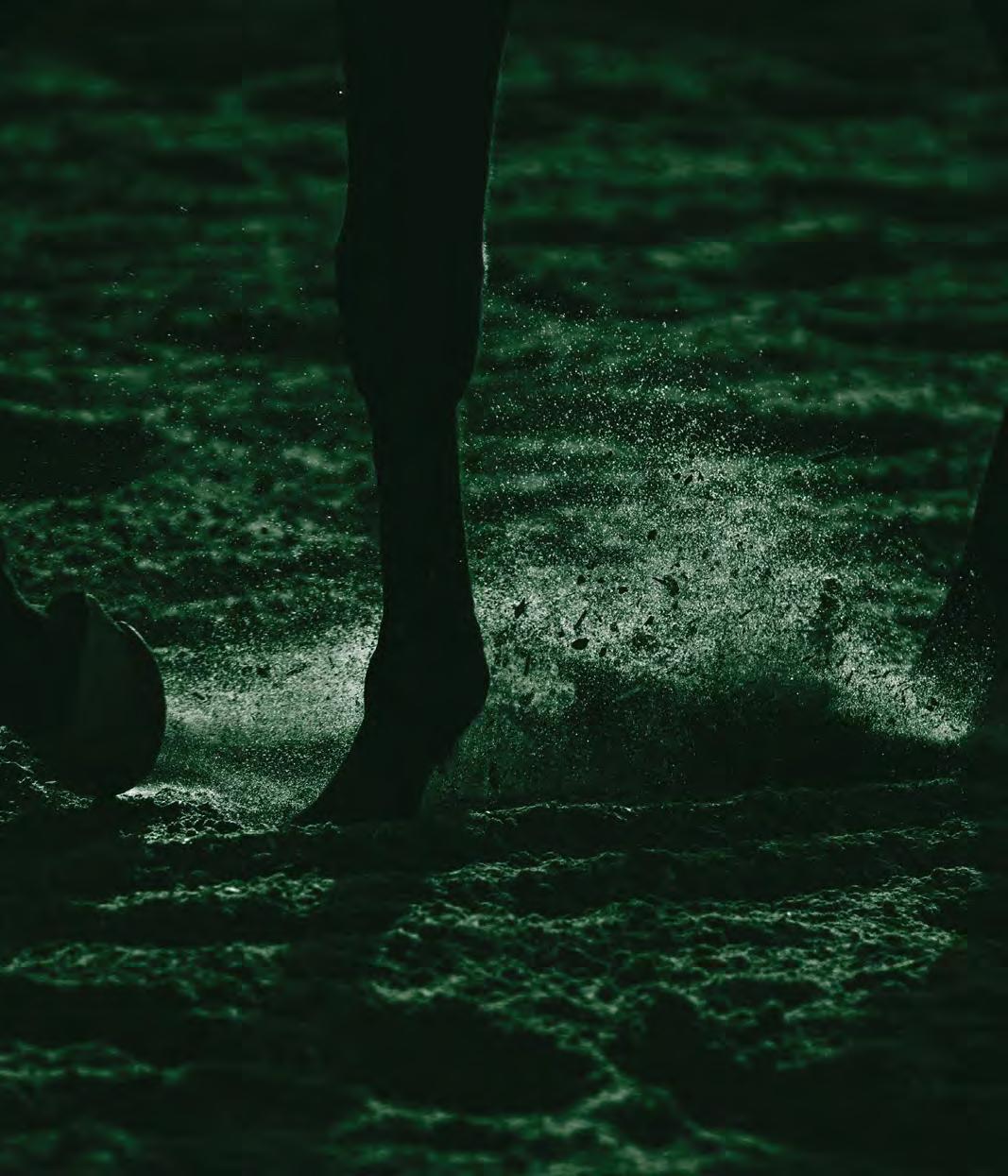
International Quarantine Stables 11-16
International Quarantine Stables 1-10a
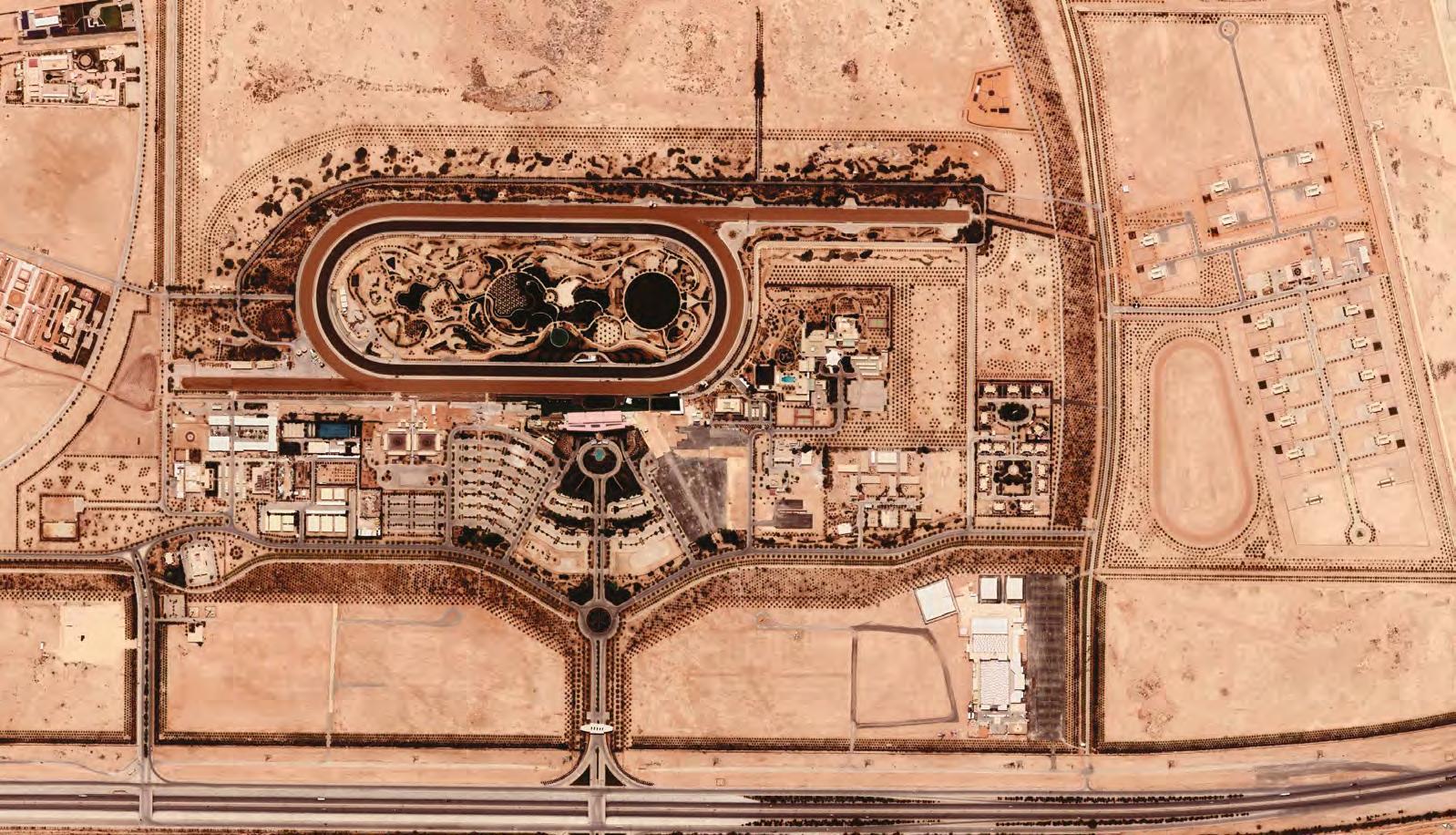
The shipment of invited horses will be arranged and paid for by the JCSA.
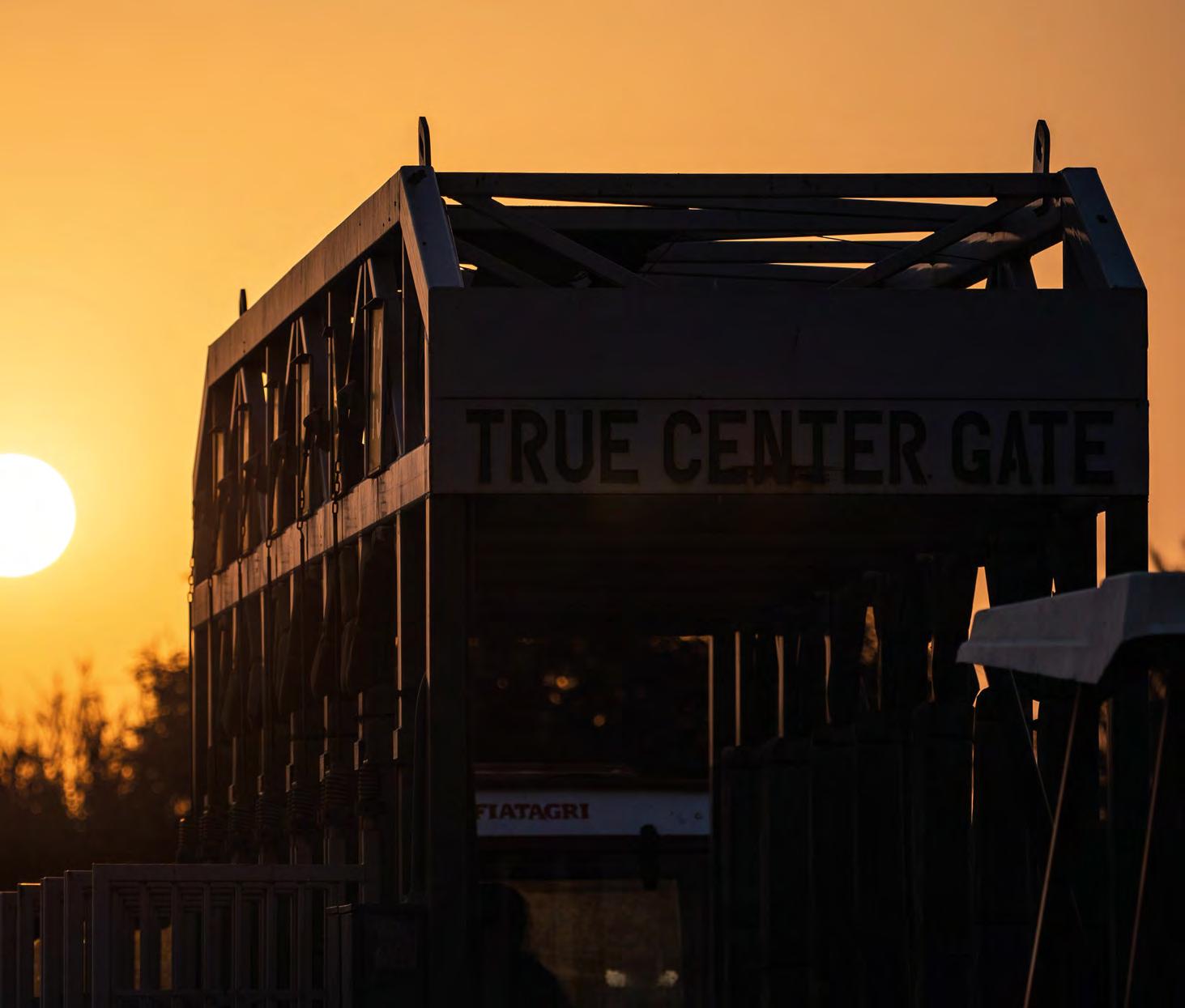
In addition, costs for stables, fodder, and farrier will also be covered.

Conditions for the importation into KSA of horses to compete at The Saudi Cup 2023 international races and return to their country of origin:
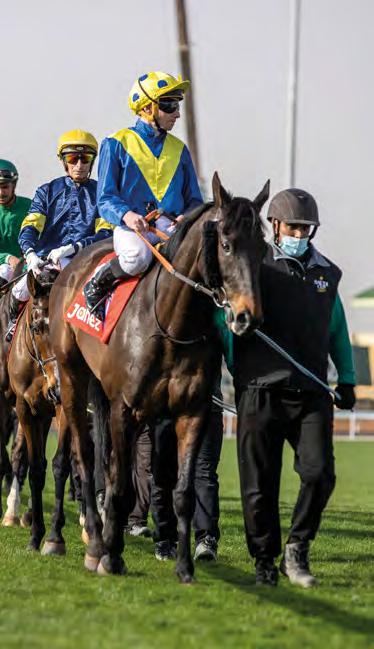
Horses from all countries will be required to meet, as a minimum, the KSA temporary import conditions* appropriate to the country of origin. See Conditions below.
In addition, horses from North and South America will have to be vaccinated or blood tested for EEE/WEE in order to meet European Union transit conditions.
Whilst in the KSA, international racehorses will be stabled in regional groups, in designated isolation stables, separately from local horses. Access will be restricted.
Horses will be isolated, disease tested, vaccinated, and treated as necessary to allow them to return to the country of origin. Any variation will be by negotiation and availability. See also Return Conditions.
All horses are required to be in KSA by the time of the post-position draw (6pm Wednesday February 22).
Europe & Middle / Far East
BBA Shipping & Transport Ltd
Kevin Needham
Phone:+44 7802 236 191
Email: kevin.needham@bbashipping.com
Sally Goldsmith
Phone: +44 7507 397 702
Email:sally.goldsmith@bbashipping.com
USA and Canada
Mersant International
Chris Santarelli
Phone: +1 917 561 2890
E-mail: chriss@mersant.com
International Quarantine Manager
Patrick MacEwan
E -mail: patrick@thesaudicup.com.sa
• No pre-export isolation is required
• A ll horses will require certain blood tests (negative) within 30 days of export to meet the KSA Import conditions. This may vary depending on country of export.
• All horses must have received, during the 90 days immediately prior to export but not within 14 days:
• Either, two primary vaccinations against Equine Influenza, between 21 and 42 days apart with the same vaccine or a booster vaccination against equine influenza which was given within 12 months of a certified primary course, or within 12 months of a certified booster vaccination where it and any previous booster vaccinations, had been administered annually within a regular 12-month period since the primary course. All vaccinations need to be certified.
For KSA import purposes a primary course of vaccinations against equine influenza will be considered to consist of at least two doses of the same vaccine between 21 and 42 days apart. Original certification showing all relevant vaccinations must travel with the horse.
Equine Encephalomyelitis
American horses must be vaccinated, or blood tested, for EEE/WEE in order to meet European Union transit requirements - details can be obtained from the relevant USA/Canadian veterinary authorities.
Note: horses must not be vaccinated against Venezuelan Equine Encephalomyelitis within 6 months prior to export. Discuss this with your veterinarian as some EEE/WEE vaccines have a VEE component.
Note: After arrival in KSA, horses will be restricted to the allocated compound at the quarantine facility for 48 hours, post arrival, if they have travelled more than six hours stable door to stable door. If a horse has travelled less than six hours, they will be confined to the barn area for 12 hours. They will not be allowed access to the main track during this time. These rules are intended to reduce the risk of respiratory disease developing in the horses and possibly spreading to earlier arrivals. Each compound has a walking area.
Please note; the conditions below are for horses returning directly to the country of origin (the country from which they were exported to KSA). Horses returning to a country other than the country of origin may have to meet different conditions. The official shipping agents will be able to advise on this.
In order to meet most countries’ return conditions and KSA temporary import protocols all horses must be treated with an approved insecticide/repellent every time they leave the stables for training. The products approved for use in KSA contain pyrethroids and have been used for several years without problem.
If trainers know of any problems related to the use of such products on their horses, they should advise JCSA prior to horses being
shipped so alternative products can be considered and obtained.
• American horses that remain in KSA for less than 60 days may return to the USA immediately after their last race but are required to complete seven days USDA post import quarantine. They may also have to be blood tested in order to meet EU transit requirements.
• EU horses that remain in KSA for less than 30 days may return to the EU immediately after their last race, without additional quarantine or testing.
If the horse is not returning directly to your home country after the race, please discuss with the appointed shipping agent on the various logistics and certification required.

There are 16 of six to eight boxes each in the International Quarantine Stable area with a minimum of 50m between each barn. Horse contact areas are double fenced with a fivemeter separation between the fences.
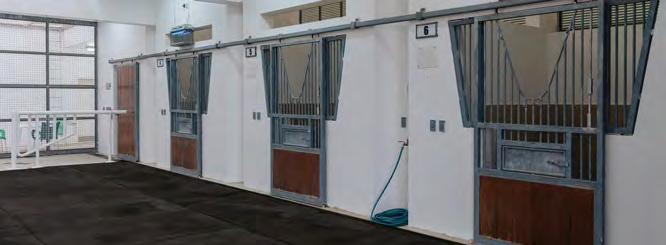
Each barn is a separate unit that is separated from the other barns by mesh fencing with signs indicating that this is a restricted area.
The isolation barn is completely enclosed with vector screening to prevent insects from entering the barn. This reduces the chance of a disease spreading and provides a comfortable environment for the horses.
Each box within the isolation barn measures approximately 3.6m by 3.6m. The floor has a nonslip rubberized surface with an open area protected by vector screening over the breezeway to allow plenty of light and air into the barns.
Each barn has a large central breezeway, approximately 4m wide, to allow multiple horses to enter and leave the barn at the same time, as well as a very high ceiling producing a large volume barn.
Each separate barn is linked by a sand track to a light work track. The entire isolation complex is
approximately 400m (1/4 mile) from the main track.
Horses will be permitted to train on the main track, both dirt and turf, at training times organised according to the regional group to which the horse belongs.

Apart from the time of racing, all horses will be kept separated in the regional groups.

Any locally trained horse participating in The Saudi Cup meeting (meetings 97 & 98) (including reserves) must be stabled at Prince Sultan bin Muhammad bin Saud Al Kabeer stables by Thursday 9 February no later than 8.00pm unless already stabled within King Abdulaziz Racecourse.
The JCSA will provide shavings, some feed types and alfalfa.
It is important to note that to meet isolation regulations, all grooms/riders should attend to horses stabled in Prince Sultan’s stables or other stables on site before attending to horses on other facilities.
You will be required to take horses’ temperatures morning and evening and to keep a record of these.
Please contact Abdulaziz Alyousef Alyousef@thesaudicup.com.sa for more information.
• Only accredited visiting international stable personnel and essential JCSA employees will be allowed access to the isolation facilities. No children under 12 years old are permitted without permission.
• No animals, other than quarantine horses, may be brought into the facility.
• No media (private photography of own horses and personnel allowed).
• A maximum of two registered owners per trainer permitted during visiting hours of 6.00am to 10.30am and 4pm to 5.30pm. All owners must be accompanied by a trainer or representative at all times. The JCSA reserves the right to refuse admission or expel from the premises any person.
• Only the trainer or, in their absence, a representative and grooms will be permitted access to horses in quarantine for the first 48 hours after arrival.
• All visitors (not including trainers/grooms) must wear the protective clothing provided, wash hands before and after entry to the
barn and sign the visitors record forms. Trainers and grooms will not have access to barns where they do not have horses.
• Only official accredited vehicles will be allowed in the isolation area.
• Only medications and treatments issued and/or approved by The Equine Hospital (TEH) are permitted. Only TEH or TEH approved vets and therapists are allowed to treat horses. TEH vets will be prepared to liaise and work with home vets when required. Locally based freelance vets will not be permitted access to isolation facilities.
• Vector screens must be closed at all times and only opened for the entry/exit of horses.
• It’s the trainer’s/representative’s responsibility to ensure all horses exercising outside the barns are wiped down with the insect repellent provided in each barn prior to exiting the barns. Where required the daily treatment must be recorded and signed.
• During exercise periods instructions of the track marshals must be obeyed and a
minimum 50 meters separation maintained between groups of horses. Failure to do so may result in a revision of export requirements and an extended quarantine period.
• Safety vests and skull caps to be worn at all times when mounted in the isolation facility.
• Horses and personnel must enter and leave the isolation facilities through approved gateways.
• A ny suspected contagious or infectious disease of people or horses must be reported immediately to isolation management.
• No smoking is permitted in the barns. Alcohol is not permitted in KSA.
• All persons attending horses in the facility are subject to the Rules and Regulations of the JCSA.
• The trainer or representative must monitor and record their horse’s temperature daily and ideally in both the morning and the afternoon.
All shipping arrangements will be co-ordinated through BBA Shipping and Transport Ltd and their appointed shipping agents.
For the international horses invited to run on The Saudi Cup weekend, The JCSA will pay or provide for:
The following expenses for overseas horses, for the duration of their stay in KSA prior to and including the running of all races on The Saudi Cup programme:
• Fodder (timothy hay, alfalfa) bedding (shavings), water (bottled) and basic horse care products.
• Shoeing (non-therapeutic)
Please note that horses travelling by road from GCC countries will receive a travel allowance based on the current commercial rate as determined by The Saudi Cup.
All horses’ travel subsidy will be based on two per pallet, sharing a stall and a half. If a horse requires their own pallet this will be subject to space availability and will be payable by the owner.
Horses from the same region will, as far as possible, travel on the same flights.
The JCSA will arrange and cover the normal costs of return transport by road from the home stable to departure airport and return air transportation to country of origin. The subsidy terminates on landing if they travel onto another race.
Any change from the transport arrangement suggested by The JCSA which incurs additional cost will be at the owner’s expense.
The JCSA and its transport agents will not be liable for any death of injury or illness to any invited horses during transportation to and from KSA or while in KSA.
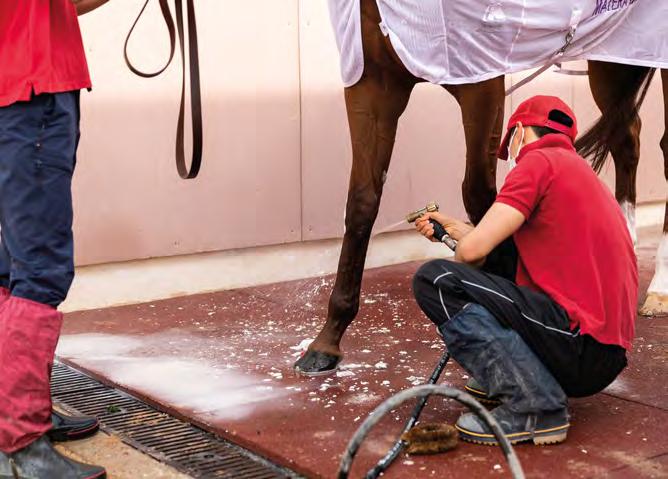
The JCSA or its agents, will not be responsible for horse insurance.
The JCSA will not provide any local horse to serve as a companion horse.
You will need to bring your feed with the horses for the period you are in KSA. You will need to submit seven full working days prior to your departure:


ompleted list of the feed with full description name of manufacture.
ompleted list of ingredients – amount (weight) – number of pieces.
ompleted detailed itemized packing list of all equipment you will bring.
Equipment will be limited to 150kgs per horse. When tack and equipment cannot be accommodated on the pallet, all additional goods must fit into a LD3 container.
The JCSA reserve the right to carry out random inspections of all trainers’ equipment during their time in Riyadh.
No prohibited substances – alcohol – medicine or veterinary products.
All horses must travel with their passport and any other official identification papers, which must be available for inspection and collection by the veterinary authorities upon their arrival at the isolation barns. These documents will be endorsed and returned prior to the horses’ departure from KSA.
All requested documents must be submitted to the shippers in a timely manner where time frames are requested. Trainers are to ensure these are fully completed and eligible. The packing list for feed and equipment MUST be fully itemised, and trainers will be accountable for each item.
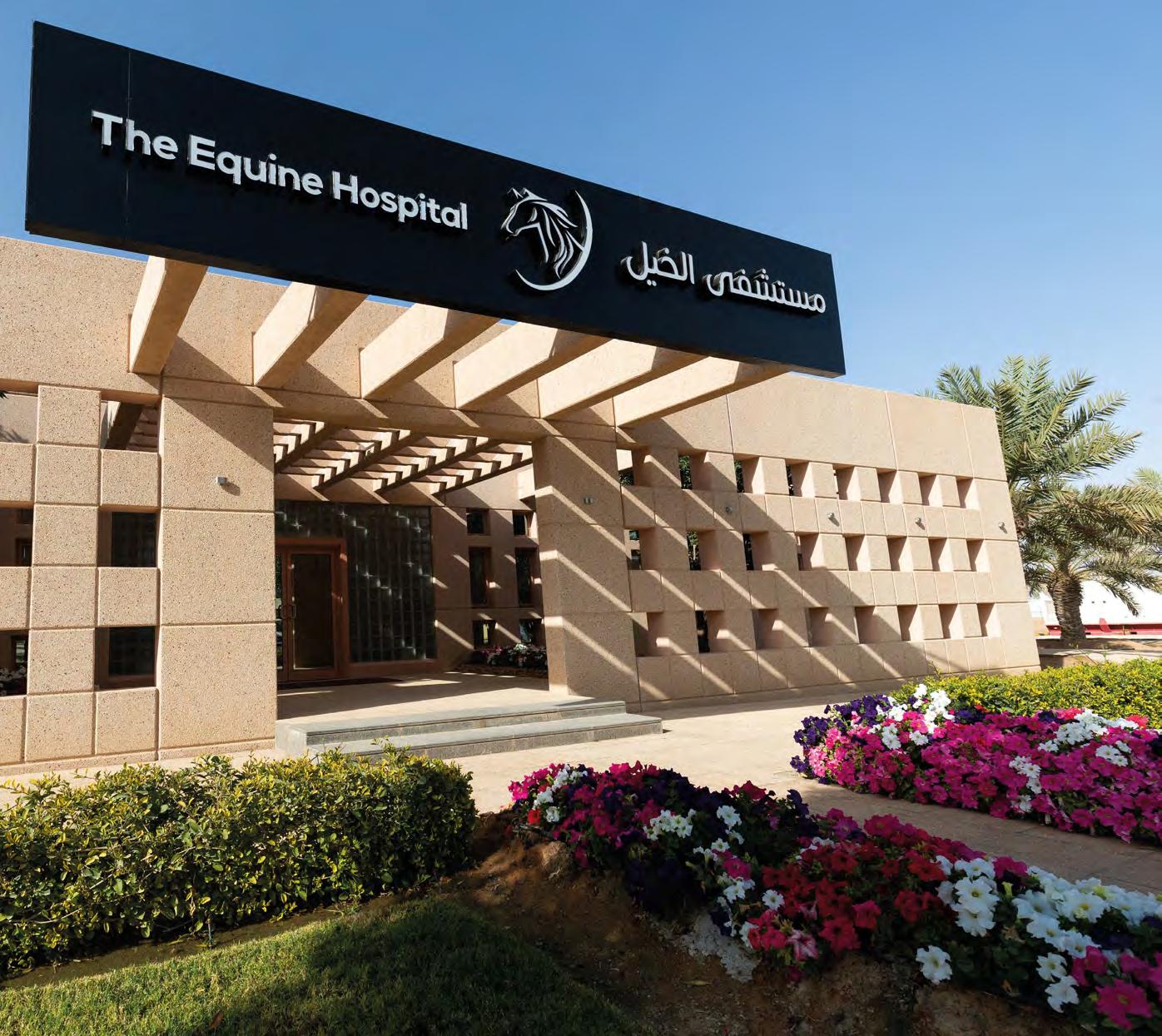

All trainers must complete medication declaration forms MDF1 (A & B) and the Veterinary Information document (provided) for invited horses 3-6 days prior to shipping. There is a continuation form, MDF 2 which will need to be completed for any further treatments given to the horse after completion of MDF 1 and upon arrival into the quarantine barn. IF NO MEDICATIONS HAVE BEEN ADMINISTERED A NIL RETURN IS STILL REQUIRED FOR BOTH FORMS.
Any of the following long-acting medications administered within six (6) months prior to departure for KSA are to be recorded on MDF1A: bisphosphonates, including “Tildren”, corticosteroids, hormones, procaine penicillin and any other depot preparations and implants. The trade name, generic drug name, dose, route of administration and last date of administration must be recorded on the form. A nil return is required if no long-acting medications have been administered.
All other medications should be noted on MDF1B when administered within four weeks (28 days) of the horse departing for the KSA, even if the medication is not considered to be a prohibited substance in your home country. A nil return is required if no medication has been administered.
The veterinary history declaration must:
• Disclose all relevant recent veterinary history including routine and ongoing medications;
• Disclose previous episodes of the appearance of blood at both nostrils;
• Disclose previous episodes of cardiac arrhythmias including atrial fibrillation;
• Provide details of previous surgeries performed including but not limited to orthopaedic fracture repair and upper respiratory tract surgeries; and
• If appropriate, provide diagnostic images to document known pre-existing conditions and abnormalities.
• Confirm that the influenza vaccination is compliant with the requirements for The Saudi Cup races and travel requirements.
This is to be completed and submitted between 5 and 10 days prior to departure by the regular treating veterinarian.
The report is to include assessment of:
• General health and freedom from evidence of infectious or contagious diseases
• Palpation of the musculoskeletal system.
• An examination in hand including a trot-up on a firm level surface.
A video recording of the trot up both away from and towards the camera on a firm level surface and a loose rein. This should be performed in a straight line with a minimum of 8 regular strides in each direction.

All invited horses will also be subject to a pre-travel veterinary inspection by a JCSA approved veterinary surgeon before its departure to the KSA, irrespective of the country in which the horse is located at the time. Every effort will be made to complete this inspection within the 5-day window prior to departure. The purpose of this inspection is to ensure that the horse is not suffering from any apparent problems, which could possibly:
• Jeopardise its chances of competing in its race
• Have an adverse effect on its performance in its race
• Cause it to finish lame or suffer an injury during the race
• Adversely affect its health during travel
The inspection as a minimum requires the horse to be trotted in-hand on a firm level surface in both directions. Flexion tests of all four distal limbs will be performed at this examination. If deemed necessary, examination on a lunge at walk and trot in both directions may also be requested.
Upon arrival into KSA, all horses will have blood and hair samples taken within 48 hours for analysis for prohibited substances, including those substances that are prohibited at all times and those that are considered to have a legitimate therapeutic use.
All horses (both local and international) competing in The Saudi Cup race meeting (Friday 24 & Saturday 25 February 2023) will be subject to veterinary inspections prior to their race by a JCSA appointed veterinarian. The examination will include a trot up in hand on a firm level surface and may also include an examination under tack at the trot, both in a straight line and in a circle. Routine exercise will be monitored by the appointed JCSA veterinarian. Further examination procedures may be performed to help assess the musculoskeletal system to quantify potential risk. Connections of all horses are obliged to cooperate with this process. The club reserves the right to refuse any horse to run if it is deemed a risk to itself, other horses in the field, riders or the public.
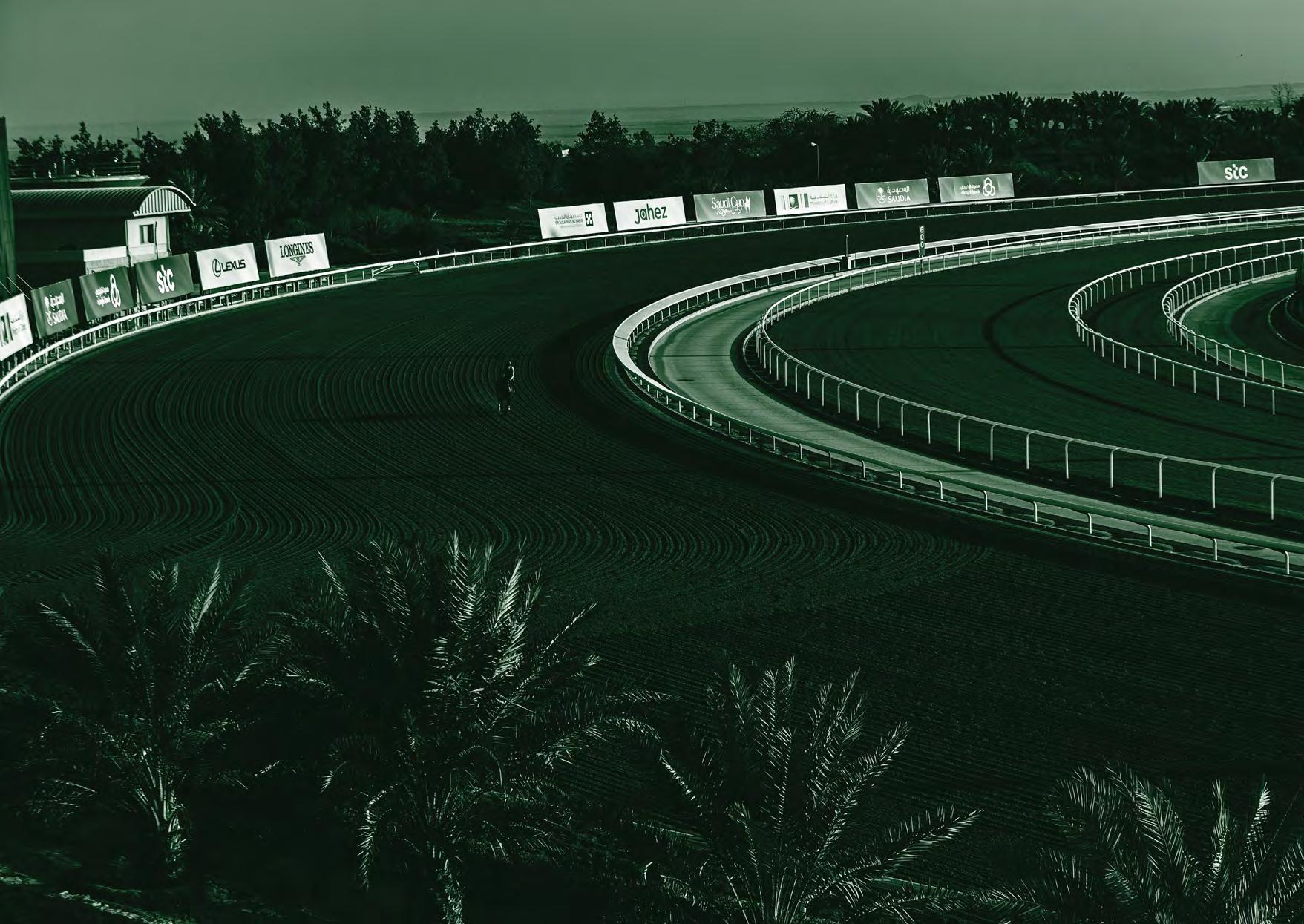
All horses will be subject to testing for “prohibited substances” in accordance with the requirements set out in Article 6 of the International Agreement of the International Federation of Horseracing Authorities (IFHA), and as bound by the Racing Rules of the JCSA. Horses are tested for the presence of “prohibited substances” through the routine collection of both pre-and post-race blood and urine samples.
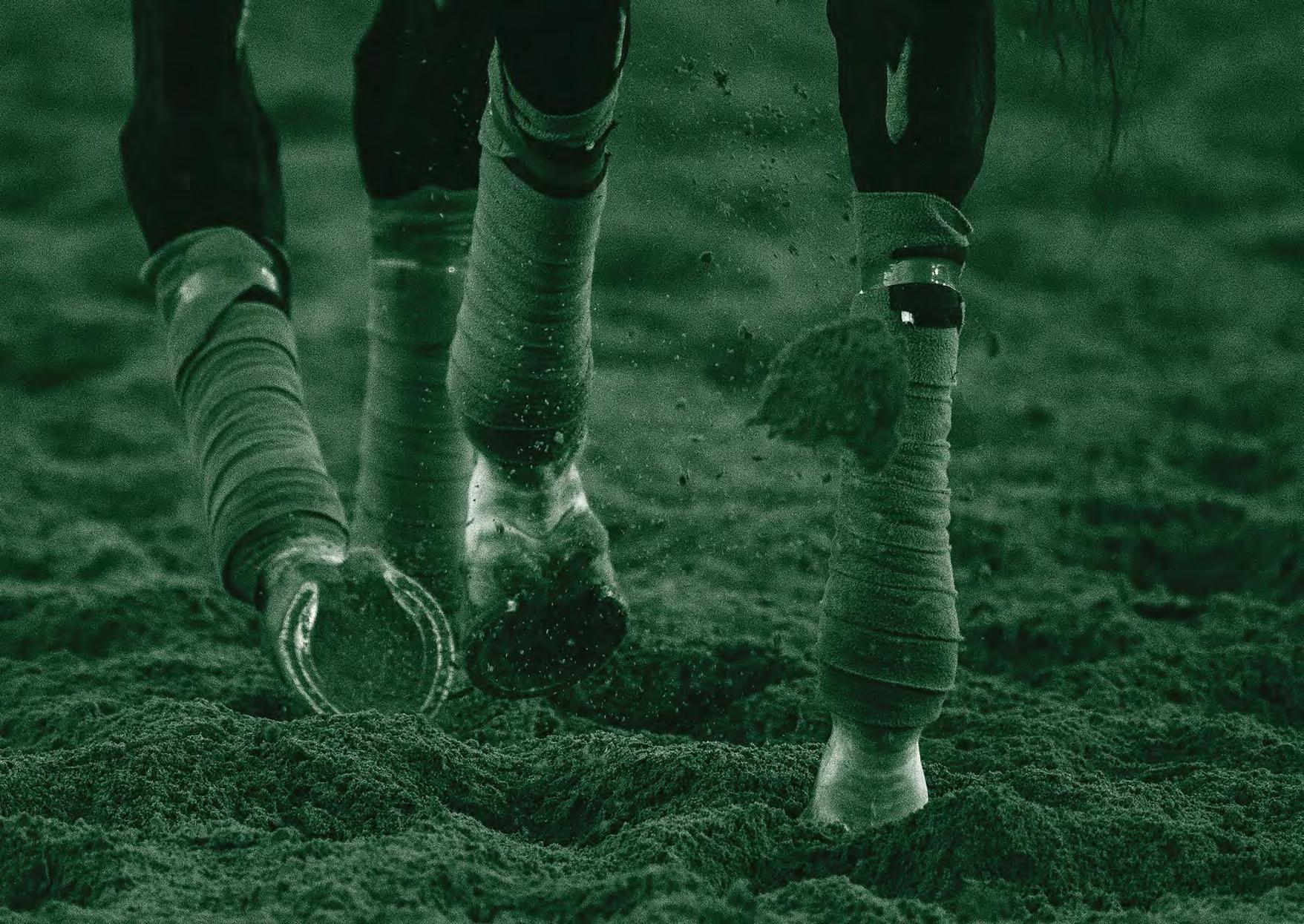
A prohibited substance is considered to be any substance that is capable of acting directly or indirectly on any of the
mammalian body systems, consistent with the model definition in Article 6 of the IFHA International Agreement.
Prohibited substances include but are not limited to substances (including their metabolites, isomers, isomers of metabolites and pro-drugs) which fall into any of the categories specified in JCSA rules (Article 119).
The JCSA Officials reserve the right to carry out random inspections of trainer’s tack boxes / trunks / equipment both in International and local quarantine stables.
Substances capable at any time of causing either directly or indirectly an action or effect, or both an action and effect, within one or more of the following mammalian body systems:
• the nervous system
• the cardiovascular system
• the respiratory system
• the digestive system
• the urinary system
• the reproductive system
• the musculoskeletal system
• the blood system
• the immune system, except for licensed vaccines
• the endocrine system
• endocrine secretions and their synthetic counterparts
Substances falling within, but not limited to, the following categories:
• acidifying agents
• adrenergic blocking agents
• adrenergic stimulants
• agents affecting calcium and bone metabolism
• alcohols
• alkalinising agents
• anabolic agents
• anaesthetic agents
• analgesics
• antiangina agents
• antianxiety agents
• antiarrhythmic agents
• anticholinergic agents
• anticoagulants
• anticonvulsants
• antidepressants
• antiemetics
• antifibrinolytic agents
• antihistamines
• antihypertensive agents
• anti-inflammatory agents
• antinauseants
• antineoplastic agents
• antipsychotic agents
• antipyretics
• antirheumatoid agents
• antispasmodic agents
• antithrombotic agents
• antitussive agents
• bloodcoagulants
• bronchodilators
• bronchspasm relaxants
• buffering agents
• central nervous system stimulants
• cholinergic agents
• corticosteroids
• depressants
• diuretics
• erectile dysfunction agents
• fibrinolytic agents
• haematopoietic agents
• haemostatic agents
• hormones (including trophic hormones) and their synthetic counterparts
• hypnotics
• hypoglycaemic agents
• hypolipidaemic agents
• immunomodifiers
• masking agents
• muscle relaxants
• narcotic analgesics
• neuromuscular agents
• plasma volume expanders
• respiratory stimulants
• sedatives
• stimulants
• sympathomimetic amines
• tranquillisers
• vasodilators
• vasopressor agents
• vitamins administered by injection
• oxygen carriers
• agents that directly or indirectly affect or manipulate gene expression
Also metabolites, isomers, isomers of metabolites and pro-drugs of substances mentioned in this page are considered prohibited substances.
The JCSA gives notice that the following substances are also deemed to be prohibited substances when present above these thresholds:
• Prednisolone - 0.01 microgram free prednisolone per millilitre in urine
• Total carbon dioxide - 37mml/L in plasma. See section on TC02 testing and alkalinising agents below
• Arsenic – 0.3 microgram total arsenic per millilitre in urine
• Total cobalt at a mass concentration of 0.1 micrograms per millilitre in urine or 0.025 microgram total cobalt (free and protein bound) per millilitre in plasma
• Boldenone – 0.015 micrograms free and conjugated boldenone per millilitre in urine from male horses (other than geldings)
• Dimethyl sulphoxide – 15 micrograms per millilitre in urine or 1 microgram per millilitre in plasma
• In male horses other than geldings, 0.045 microgram free and glucuroconjugated 5α-estrane-3β, 17α-diol per millilitre in urine when, at the screening stage, the free and glucuroconjugated 5α-estrane3β, 17α-diol exceeds the free and glucuroconjugated 5(10)-estrene-3β, 17α-diol in urine
• Hydrocortisone – 1 microgram hydrocortisone per millilitre in urine
• Methoxytyramine – 4 micrograms free and conjugated 3-methoxytyramine per millilitre in urine
• Salicylic acid – 750 micrograms salicylic acid per millilitre in urine or 6.5 micrograms per millilitre in plasma
• Testosterone – 0.02 microgram free and conjugated testosterone per millilitre in urine from geldings, or 100 picograms free testosterone per millilitre in plasma from geldings, fillies and mares (unless in foal), or 0.055 microgram free and
conjugated testosterone per millilitre in urine from fillies and mares (unless in foal)
Only levels above the thresholds shall be taken as positive.
Substances that have no legitimate justification for use in racehorses at any time under a zero-tolerance policy. They include but are not limited to:
• N on-approved substances - any substance not addressed by any of the subsequent classes of substances, and which has no current approval by any government regulatory authority for veterinary use, or any substance not universally recognised by veterinary regulatory authorities as valid veterinary therapeutic treatment.
• Anabolic agents:
• anabolic androgenic steroids
• other anabolic agents, including but not limited to selective androgen receptor modulators (SARMs)
• beta-2 agonists, unless the substance is prescribed by a veterinarian as a bronchodilator at the appropriate dose
• Peptide hormones, growth factors and related substances:
• er ythropoiesis-stimulating agents, including but not limited to erythropoietin (EPO), epoetin alfa, epoetin beta, darbepoetin alfa, and methoxypolyethylene glycol-epoetin beta, peginesatide, hypoxia inducible factor (HIF) stabilisers and HIF activators
• growth hormones and growth hormone releasing factors, insulin-like growth factor-1 (IGF-1), and other growth factors

• synthetic proteins and peptides and synthetic analogues of endogenous proteins and peptides not registered for medical or veterinary use
• Hormones and metabolic modulators:
• aromatase inhibitors
• selective estrogen receptor modulators (SERMs) and other anti-estrogenic substances
• agents modifying myostatin function, including but not limited to myostatin inhibitors
• insulins
• peroxisome proliferator activated receptor δ (PPARδ) agonists, including but not limited to GW 1516
• AMPK activators, including but not limited to AICAR (5-aminoimidazole-4carboxamide-1-β-D-ribofuranoside)
• other agents that directly or indirectly affect or manipulate gene expression.
• Allosteric effectors of haemoglobin, including but not limited to ITPP (myo-inositol trispyrophosphate)
• Venoms of any species or derivatives thereof
• Oxygen carriers
• Any other substances with a similar chemical structure or similar biological effect(s) to the substances listed above.
This category includes substances that are “prohibited substances” but which are not included in the list of substances which are prohibited at all times. They are permitted for use on a horse in training but cannot be detected in a race day sample. These substances include anti-inflammatory agents licensed for use in horses, and other medications used in the legitimate management of conditions during training. Relevant international screening limits (ISL’s) for therapeutic substances in urine and plasma will apply during the screening of samples from horses competing in The Saudi Cup races. (See: https://www.ifhaonline. org/default.asp?section=IABRW&area=1 and https://www.ifhaonline.org/default. asp?section=IABRW&area=6 )
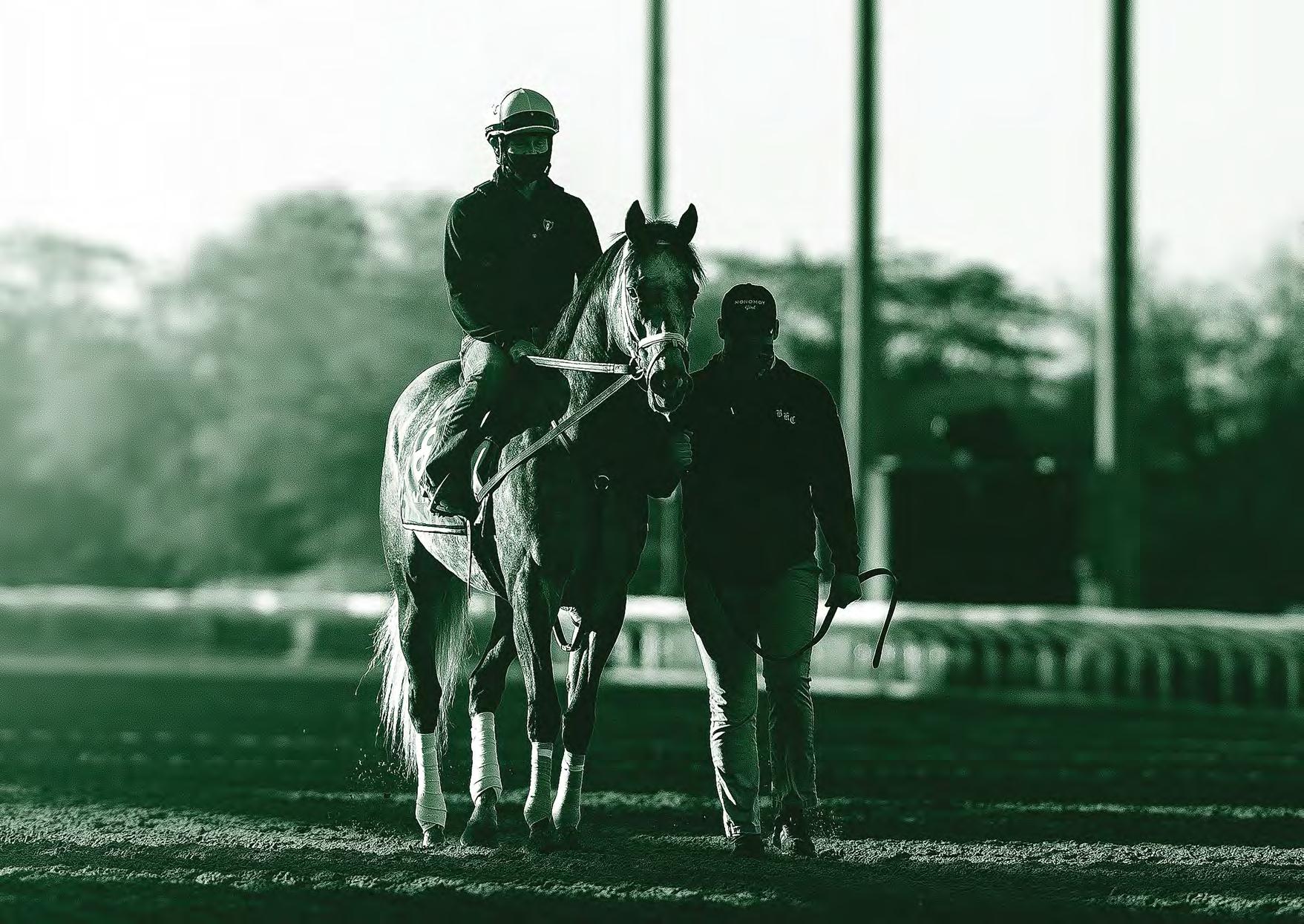
The JCSA also accepts the IFHA residue limits for the control of Feed Contaminants and Environmental Substances as set out at: https://www.ifhaonline.org/default. asp?section=IABRW&area=18
The JCSA has stringent procedures for the testing of total carbon dioxide (TCO2) in blood samples taken pre-race. There are clear restrictions on the pre-race administration of alkalinising agents which are highlighted in the Notices section of the JCSA Rules and set out below.
The following TCO2 testing procedures are implemented by JCSA:
• H orses will be tested for TCO2 pre-race.
• H orses will be sampled 45-50 minutes before race time – blood is taken and where analysis shows that a horse has a level of between 36 mmol/L and 37 mmol/L, a second test is taken 10 minutes later.
• I f the second test is equal to or above 37 mmol/L the horse is scratched. A third test is taken 30 minutes later and if the TCO2 level is below the permitted level, no penalty is imposed on the trainer.
• A horse sent for a third test will also be sent for blood and/or urine sampling which will be taken in the normal manner to that which is already done on a race day under a secure chain of custody and this sample will be sent for further testing for prohibited substances.
1. A person must not administer an alkalinising agent, in any manner, to a horse which is engaged to run in any race.
2. Any person who:
• a) administers an alkalinising agent;
• b) attempts to administer an alkalinising agent;
• c) causes an alkalinising agent to be administered; and/or
• d) is a party to the administration of, or an attempt to administer, an alkalinising agent, contrary to Article 119 commits an offence and may be penalised.
3. W here the Stewards are satisfied that a horse has, or is likely to have been, administered any alkalinising agent contrary to Article 119, the Stewards may prevent the horse from starting in any relevant race.

4. W here a horse has been administered any alkalinising agent contrary to Article 119, the horse may be disqualified from any relevant race in which the horse competed.
5. For the purposes of Article 119, ‘alkalinising agent’:
• a) means any substance that may elevate the plasma total carbon dioxide (TCO2) of a horse when administered by any route
• b) includes but is not limited to substances that are bicarbonates, citrates, succinates, acetates, propionates, maleates, lactates and trometamol (THAM, Tris Buffer or Trometamine) and also include products marketed as urinary alkalinisers and hind gut buffers
• c) does not include substances that are alkalinising agents which are contained in commercial feeds and/or balanced commercial electrolyte supplements which when fed and consumed according to the manufacturers’ recommendations for normal daily use have a negligible effect on plasma TCO2.
The following Notice appears in the JCSA Rules:
Any bisphosphonate is not to be administered to a racehorse:
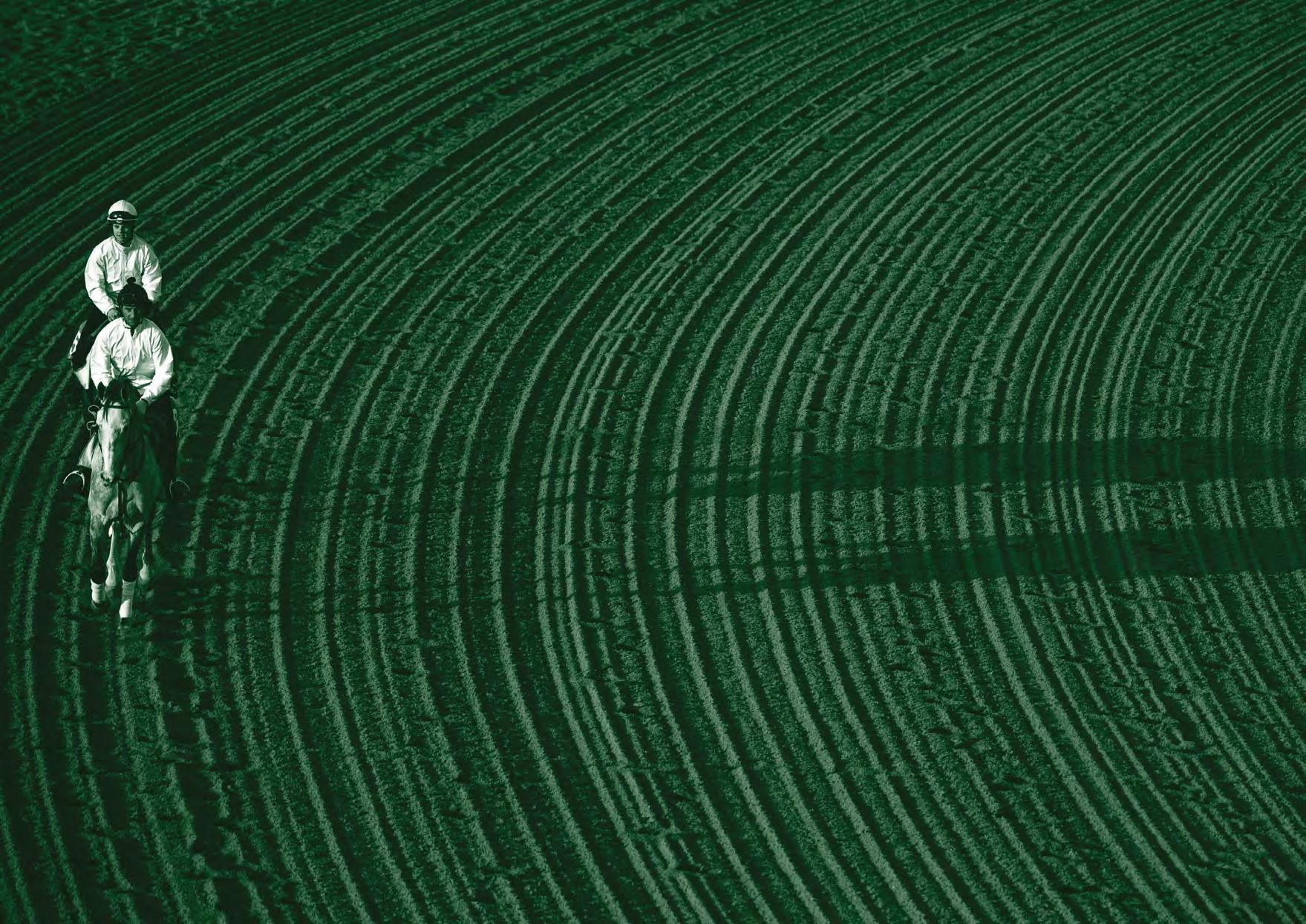
• under the age of three years and six months as determined by its recorded date of birth; and
• on the day of the race or on any of the 30 days before the day of the race in which the horse is declared to run.
The bisphosphonate product administered must be licensed for use in horses in the country in which it is being used and be administered in accordance with the label instructions. There must be a diagnosis determined by a veterinary surgeon that supports the use of a bisphosphonate as an appropriate treatment, and such treatment must be administered by a veterinary surgeon. Horsemen are reminded of the prolonged and unpredictable detection period of bisphosphonates following their administration.
• N ebulisers are not allowed on race day.
• H orses must not have been administered extracorporeal shockwave therapy on the day of the race or on any five days before the day of the race in which the horse is declared to run.
• N o medication will be permitted on race day.
• Throat flushes, no matter how innocuous their ingredients, are not accepted.
• The application of ice or chilled water to, or the use of whirlpool boots or similar systems on musculoskeletal structures are only permitted in the trainers’ stables on the morning of the race day, but are not permitted once the horse arrives in the race day stalls on the racecourse prior to the horse running in a race.
For further information on prohibited substances, treatment and medication, please contact:
JCSA veterinary officers: Dr Waleed Al Sanab
Email: walsanab@jcsa.sa Dr Mike Shepherd E -mail: mike.shepherd@rossdales.com
Any person shall be liable to penalty if:
• They administer or cause to be administered any prohibited substance to a horse for the purpose of affecting its performance in a race, or any test.
• They administer or cause to be administered any prohibited substance which is detected in any sample from any horse prior to or following any race, or test.
• Any trainer or other person in charge of a horse, which is presented to race or perform a test, or has raced or performed a test which is found (upon analysis) to have had administered to it a prohibited substance, shall be liable to a penalty.
• The Stewards may direct that samples taken from a horse pursuant be stored, in whole or in part and shall be disposed of only as directed.
• Not withstanding any other provision of the rules, the Stewards may direct that a stored
sample, in whole or in part, be submitted or resubmitted for any test to determine whether any prohibited substance was at the relevant time present in the system of the horse from which the sample was taken.
• A person shall not attempt to stomach tube (nasogastric tube), a horse nominated for a race or within one (1) clear day of the commencement of the race. No nasogastric tube is allowed to be brought into the racecourse stables on the day of the race.
• A person shall not attempt to use, or use an atomiser (nebuliser), face mask or other device for the administration of a prohibited substance to a horse nominated for a race within one (1) clear day of the commencement of the race.
• The use of physical treatments such as acupuncture, ultrasound therapy, laser therapies and hyperbaric oxygen therapies are prohibited within one (1) clear day of the commencement of the race. The horse must not have been administered extracorporeal
shockwave therapy on the day of the race or any of the five days before the day of the race.
• No person shall administer or cause to be administered any medication to a horse on race day prior to such horse running in a race.
• The Stewards may order the withdrawal from a race any horse that has received any medication in contravention of these rules.
• Where it is established subsequent to a horse competing in a race, that the horse had received medication, it may be disqualified from the race.
• For the purpose of these rules, medication means any treatment with drugs, prohibited substances or other substances.
1. Samples taken from horses in pursuance of the powers conferred on the Stewards shall be analysed by an accredited racing laboratory approved by the JCSA.
2. Upon the detection by an accredited racing laboratory of a prohibited substance in a sample from a horse, such laboratory shall notify its finding to the Stewards, who shall then notify the trainer of the horse of such finding and give them the option to have the reserve portion of the sample tested at another JCSAapproved accredited racing laboratory. The trainer will have three days to notify the Stewards of such requirement. A refusal by the trainer to test the reserve portion of the sample shall not prevent the Stewards from having the reserve portion of the sample tested.
3. In the event of the other accredited racing laboratory detecting the same prohibited substance in the reserve portion of the sample, the certified findings of both accredited racing laboratories shall be conclusive evidence that a prohibited substance has been administered to the horse from which the sample was taken.
4. In the event that a confirmatory analysis is not requested, the findings of the accredited racing laboratory shall be conclusive evidence that a prohibited substance had been administered to the horse from which the sample was taken.
5. N otwithstanding anything contained in (1), (2), (3) and (4) the Stewards may where samples are to be analysed for the plasma total carbon dioxide concentration (TCO₂) of a horse, send two samples for immediate analysis to an accredited racing laboratory.
The published detection times are not the period of time that the medication should be withheld.
“Detection Time” is a piece of information released by racing authorities to stakeholders to assist professionals (veterinarians) to recommend a withdrawal time for a given horse. This allows the veterinarians to apply good veterinary practice in the use of therapeutic substances to treat racehorses. The overall process provides a fair and effective approach for controlling substances commonly used for treating racehorses and allows the eight member nations of the EHSLC to harmonise on the control of these substances through agreed limits of the sensitivity of screening procedures for raceday samples.
NB – An adequate safety margin should be added to the detection time. Trainers must liaise with treating vets at home and if necessary with the JCSA vets involved with The Saudi Cup in Riyadh.
https://www.ehslc.com/images/uploads/ documents/EHSLC_DETECTION_TIMES_
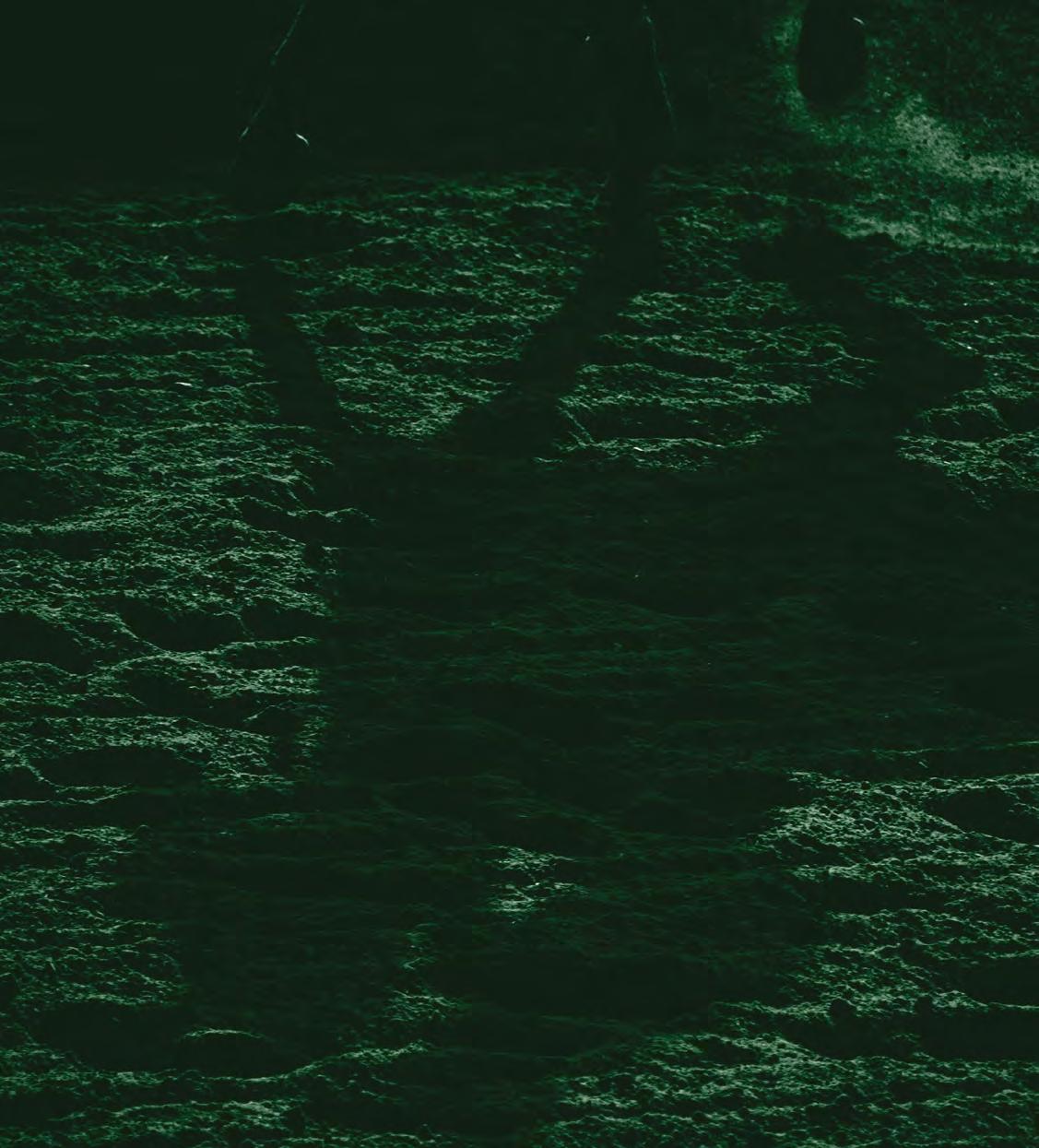
Substances Preparation
Dose
Route of Administration (no of horses)
Dectection time (hours)
Acepromazine Sedalin® Vetoquinol UK Ltd 0.15mg/kg, single dose Oral (6) 72
Altrenogest Regumate® Equine MSD Animal Health 44ug/kg for 10 days, once daily Oral (4) 288*
Butorphanol
Torbugesic® Fort Dodge Animal Health Ltd 100μg/kg, single dose i.v. (6) 72
Buscopan™ Compositum Boehringer Ingelheim 0.2mg/kg butyl scopolamine/ 25mg/ kg dipyrone (Metamizole), single dose i.v. (6) 72
Butyl scopolamine Buscopan® Boehringer Ingelheim0.3mg/kg, single dose i.v. (6) ≤48^
Carprofen Rimadyl® Pfizer Ltd 0.7mg/kg, single dose i.v. (6) 264
Cetirizine Allacan® (Bristol Laboratories Ltd)190mg twice daily for 4.5 days (9 doses) Oral (2) 96
Ciclesonide Aservo® Equihaler® Ciclesonide inhalation solution 5.5mg/day/5days then 4.1mg/ day/5days Inhalation (6) 120
Clenbuterol Ventipulmin™ Syrup (25 micrograms/ ml) Boehringer Ingelheim 1.6µg/kg/day for 10 Days, once dailyOral (6) 312
Clenbuterol Ventipulmin™ Injection (30 micrograms/ml) Boehringer Ingelheim 0.3µg/kg/day for 5 Days, once daily Nebulised** (6) 144
Clodronate
Osphos® Dechra Veterinary Products 1.53mg/kg Single injection 1.53mg/kg Single injection i.m. 30 days
Dantrolene
Dembrexine
Detomidine
Detomidine/ Butorphanol
Dexamethasone isonicotinate
Dantrium® 500mg for 3 days, once daily Oral (12) ≤48^
Sputolysin® Boehringer Ingelheim 0.3mg/kg, 9 doses at 12h intervalsOral (6) 96
Domosedan® Orion Pharma, Finland 0.02mg/kg, single dose i.v. (10) 48^
Domosedan® Janssen Torbugesic® Pfizer 10µg/kg followed after 5 minutes with 25µg/kg Torbugesic®, single dose i.v. (6) 72
Voren® Boehringer Ingelheim Ltd0.03mg/kg, single dose (15ml/500kg horse) i.m (6) 336
Dexamethasone sodium phosphate Dexadreson® Intervet UK Ltd 0.06mg/kg, single dose (15ml/500kg horse) i.v. (6) 120
Dipyrone
Eltenac
Vetalgin® Intervet Deutschland GmbH 30mg/kg, single dose i.v.(10) 72
Telzenac® Schering Plough Animal Health 0.5mg/kg for 5 days, once Daily i.v.(6) 192
Substances Preparation
Dose
Route of Administration (no of horses)
Dectection time (hours)
Firocoxib Equioxx® Merial 100µg/kg for 7 days, once daily Oral (20) 360 (15 days)
Flunixin Finadyne® Schering Plough 1mg/kg, single dose i.v. (4) 144
Furosemide Dimazon™ Intervet 1mg/kg, single dose i.v. (6) 48^
Hydroxyzine
Atarax® (Alliance Pharmaceuticals Ltd) 500mg twice daily for 4.5 days (9 doses) Oral (6) 96
Ipratropium
Atrovent™ solution for nebulisation (0.5 mg /ml) Boehringer Ingelheim 5.5µg/kg/day for 3 Days, once daily (16.5µg/kg in total) Nebulised** (6) [MDI-Spacer] 120 [168]
Ketoprofen
Lidocaine
Meclofenamic acid
Ketofen® Merial Animal Health Ltd 2.2mg/kg for 5 days, once daily i.v.(6) 96
Norocaine® Norbrook Laboratories 300mg/15mL, single dose 60mg/3mL, single dose s/c (6) s/c (6) 72
Not commercially available. Sigma (†see footnote) 2.2mg/kg/single Dose i.v. (6) 48^
Meclofenamic acid Dynoton Biove Laboratory Arques, France 4mg/kg for 5 days, once dailyOral (6) 120
Meloxicam Metacam® Boehringer Ingelheim 0.6mg/kg for 14 days, once daily Oral (8) 72
Mepivacaine
Intra-Epicaine® Arnolds Vet Products Ltd 2mL/40mg, single dose (0.07 –0.09mg/kg) s/c to lateral aspect of distal limb (6) 72
Mepivacaine
Intra-Epicaine® Arnolds Vet Products Ltd 8mL/160mg, single dose (0.28 –0.36mg/kg) s/c neck (6) 72
Misoprostol
Cytotec® 5µg/kg for 14 days, twice dailyOral (6) 48^
Naproxen Naprosyn™ Roche 10mg/kg for 5 days, once dailyOral (6) >360 (15 days)
Omeprazole
Phenylbutazone
Gastrogard® 37% oral Paste Merial1mg/kg for 28 days, once dailyOral (*see note) 48^
Equipazolone® Arnolds Vet Products Ltd Phenylarthrite™ Vetoquinol SA Equipazolone® Intervet SA
Prednisolone
Procaine benzylpenicillin
Romifidine
Romifidine/ Butorphanol
4.7mg/kg for 5 days, twice daily 8.8mg/kg, single dose 8.8mg/kg for 1 day, twice daily followed by; 4.4mg/kg for 10 days, twice daily
Oral (2) i.v.(6) Oral (6) 168
Prednidale® 25mg Dechra 1mg/kg, single dose Oral (6) 48^
Depocillin® MSD Animal Health 12mg/kg for 5 days, once or twice daily i.m. (4) 240
Sedivet® Boehringer Ingelheim80µg/kg, single dose i.v. (8) 60
Sedivet®Boehringer Ingelheim Torbugesic® Pfizer 60µg/kg followed after 5 minutes with 25µg/kg Torbugesic®, single dose i.v. (6) 72
Preparation
Salbutamol
Dose
Route of Administration (no of horses)
Dectection time (hours)
Ventolin Evohaler® Allen & Hansburys5×100µg actuations per dose for 2 days at 4 hourly dosing during day Inhaled via a pMDI through a spacer into nostrils (6) 72
Tildronate Tildren® Ceva Animal Helath 0.1mg/kg/10 days i.v. (6) 30 days
Vedaprofen Quadrisol® Intervet SA 2mg/kg, single dose i.v. (6) 96
Xylazine
Chanazine® Chanelle Animal HealthChanazine® Chanelle Animal Health 0.4mg/kg, single dose i.v. (6) 72
† Prepared according to Johansson et al Pharmaceutical & Biomedical Analysis (1986) 4, 2 171-179.
* Calculated from several studies involving differing numbers of horses.
** This 5 day advice relates to true nebulisation.
^ The JCSA requires that a prohibited substance may not be given on the day of a race. No detection times less than 48 hours will be advised by the JCSA.
It is recommended that the trainers take all precautions through consultation and coordination with their treating veterinarian and the JCSA official veterinarians as required to avoid violations. The classification of prohibited substances and therapeutic substances is subject to
periodic review and amendments. Violations and penalties will be determined by the JCSA Rules of Racing and classification of prohibited substances. The ARCI (Association of Racing Commissioners International) list of prohibited substances will act as a guide and will remain non-binding.
The Medication, Testing and Safety rules outlined here should be followed and implemented by all trainers as a part of the JCSA Rules of Racing.
Our onsite equine hospital consists of two theatres and 29 boxes. The hospital and its staff are capable of performing elective and emergency surgeries including fracture repair and colic surgery. Radiography, ultrasonography, and endoscopy, including gastroscopy are also available. Tel: +966 112540162
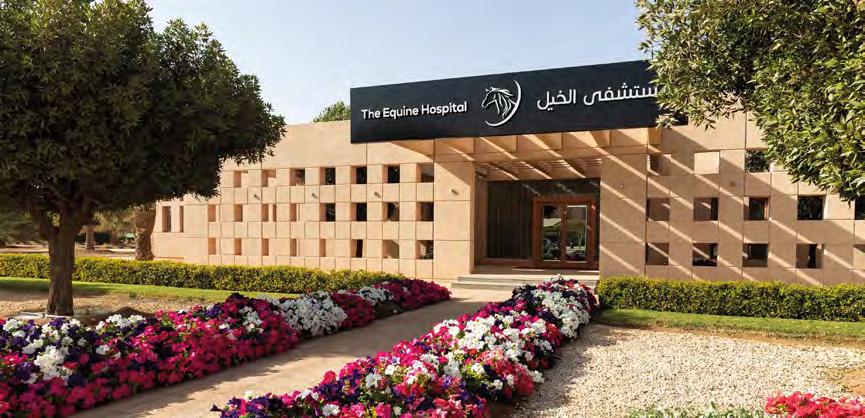
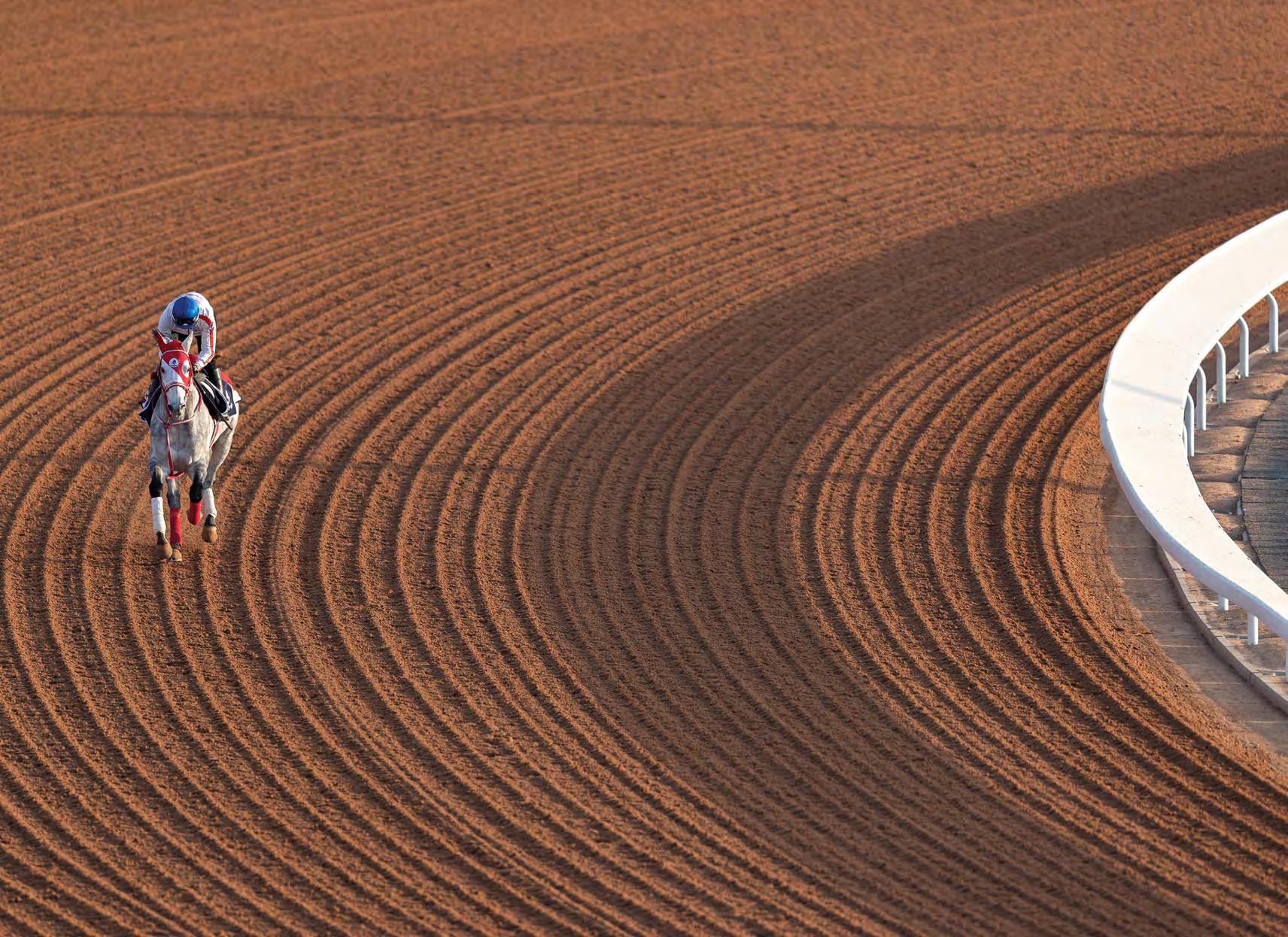

The Saudi Cup team will inform you of the training times for your region and will schedule turf works with the trainer.
Work on outside of the turf track.
Only fast work must take place on the rail of the dirt track.
Ponies will be available for use during track work and during racing itself upon request. Ponies will be ridden by the JCSA outriders only.
The JCSA will provide trainers with the opportunity to school horses in the Parade Ring during morning trackwork.

The JCSA will not permit any person to be mounted on a horse, or work as a member of the gate crew on any racing surface, unless the person is wearing a properly fastened safety helmet. All helmets must have chin straps.
No jockey or apprentice jockey shall ride in a race unless wearing a safety vest, nor shall a jockey, apprentice jockey, or exercise rider, train or exercise any horse on the grounds of a racing association unless wearing a safety vest.
All horses must wear saddle towels provided by the JCSA when exercising on the track.


Connections will run under their own national licenses. Jockeys will need clearances from their national governing body.
Horses will be tested for TCO2 pre-race.
Horses will be tested 45-50 minutes before race time – blood is taken and where analysis shows that a horse has a level of between 36 mmol/L and 37 mmol/L, a second test is taken 10 minutes later. If the second test is equal to or above 37 mmol/L the horse is scratched. A third test is taken 30 minutes later and if the TCO2 level is below the permitted level, no penalty is imposed on the trainer. A horse sent for a third test will also be sent for blood and/ or urine sampling which will be taken in the normal manner to that which is already done on a race day under a secure chain of custody and this sample will be sent for further testing for prohibited substances. Nebulisers are not allowed on race day. No medication will be permitted on race day.
Only water may be administered on race day to wash a horse’s mouth. Throat flushes, no matter how innocuous their ingredients are not accepted.
Ponies will be available in every race upon request made to the International Racing Bureau.
All grooms and handlers should be neatly dressed when taking horses to the paddock.
No horse may race unshod without the prior approval of the JCSA Stewards. The trainer is responsible for making sure that their horses are shod in accordance with this instruction.
Hoof casts and glue-on aluminium racing plates are permitted if necessary and must be approved by the Stewards by time of declaration. It must be noted that it is not permitted for glue-on shoes or hoof casts to be applied or re-applied less than two (2) hours prior to the start time of the horse’s race.
No horse shall enter the Parade Ring or run in shoes which have protrusions on the ground surface other than calkins, studs, toe grabs,
turn downs or blocks on the hind shoes limited to 7mm in height. Nail heads must not protrude more than 2mm from the surface of the shoes. Outer rim or outer rim-type shoes are permitted in races on dirt on hind hooves only. Elevation of shoes from the ground bearing surface is limited to 7mm.
No horse shall run in shoes which have any protrusions. Only Queen’s Plate / Queen’s Plate XT or shoes of a similar design, will be allowed on the front and hind. Nail heads must not protrude more than 2mm from the surface of the shoes.
Scratch time will be 8:00am on the day of the race. Any horse scratched after scratch time must file, in writing, such intention with the Stewards.
The JCSA reserve the right to have up to two reserves at the time of declaration. These reserves can draw into the race up to scratch time.
• The saddle comprises the saddle itself, the girth, the surcingle, the stirrup irons and the leathers or webs and the jockey is responsible for the fit condition of the saddle which he uses.
• I f a horse is to wear blinkers, visor, hood, eye shield, eye cover, sheepskin cheek pieces or any combination thereof they must be reported at the declaration to run. When a horse has been declared to run in the above, they must be worn by the horse on the way to the start and during the race. If they are not worn on the way to the start the horse is to be withdrawn by the Starter and the horse shall not run. When no declaration of blinkers, visor, hood, eye shield, eye cover, sheepskin cheek pieces or any combination thereof has been made they must not be worn on the way to the start and during the race. If they are worn on the way to the start the horse is to be withdrawn by the starter and the horse shall not run. Blinkers, visor, hood, eye shield, eye cover and pacifier should all be worn under the bridle.
• A t rainer must request permission from the Stewards should they require their
horse to wear a red hood in the parade ring and / or on the way to the start, this will then be announced over the public address system. In these cases, the hood is not declared in the normal manner, it will be removed at the start and it must not be worn during the race.
• Should any horse require a stall rug we advise you to bring your own to ensure availability. Clearance of use must be obtained by the Stewards at time of declaration.
• N o horse may run in a race wearing a garment fitted over its head or ears other than blinkers, visor, hood, eye shield, eye cover, cheek pieces or any combination of these. Nasal Dilators are allowed for use in races but must be of a design approved by the Stewards. They must be fitted in accordance with the manufacturer’s instructions.
• I f a horse is to wear earplugs in a race, they must be worn on the way to the start. They can be removed during the race provided that they are attached to the bridle by suitable means and will not fall onto the racing surface or cause
any inconvenience to other runners. A horse can also go to the start wearing earplugs and on reaching the start, they can be removed by the starter. For these instances, the earplugs should not be fastened to the bridle.

• Lip chains will be allowed; however, they must remain covered at all times. They must be then removed upon arrival in the parade ring as per normal JCSA procedures.
• I f a horse is to wear a tongue strap it must be reported at the declaration to run. When a horse has been declared to run in the above, but the trainer is unable to tie the tongue strap down satisfactorily or if it comes loose and cannot be refitted the horse may still run. However, if the horse does not run at the insistence of the trainer, or it is withdrawn by the starter, the penalty will be waived by order of the Stewards. When no declaration of a tongue strap has been made a tongue strap must not be worn by the horse in the parade ring, on the way to the start or during the race.
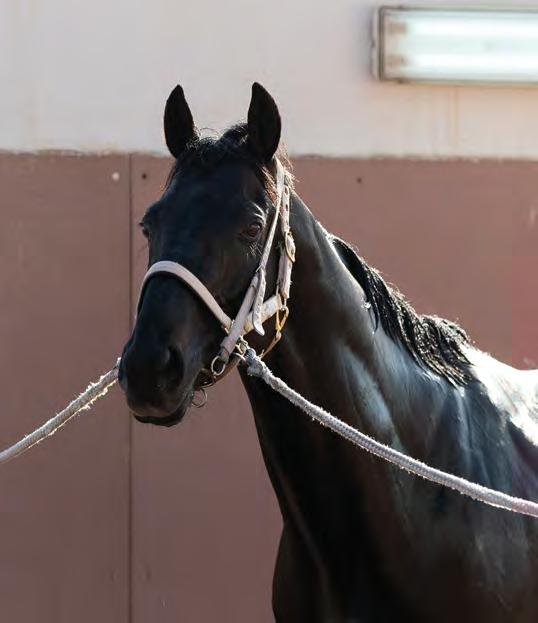
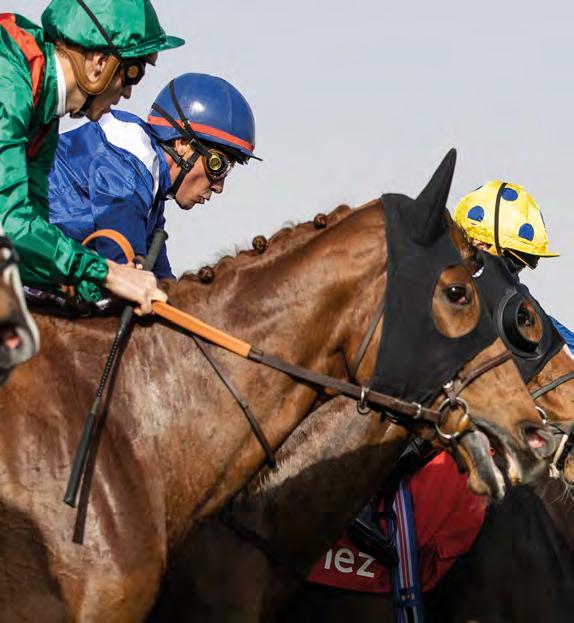

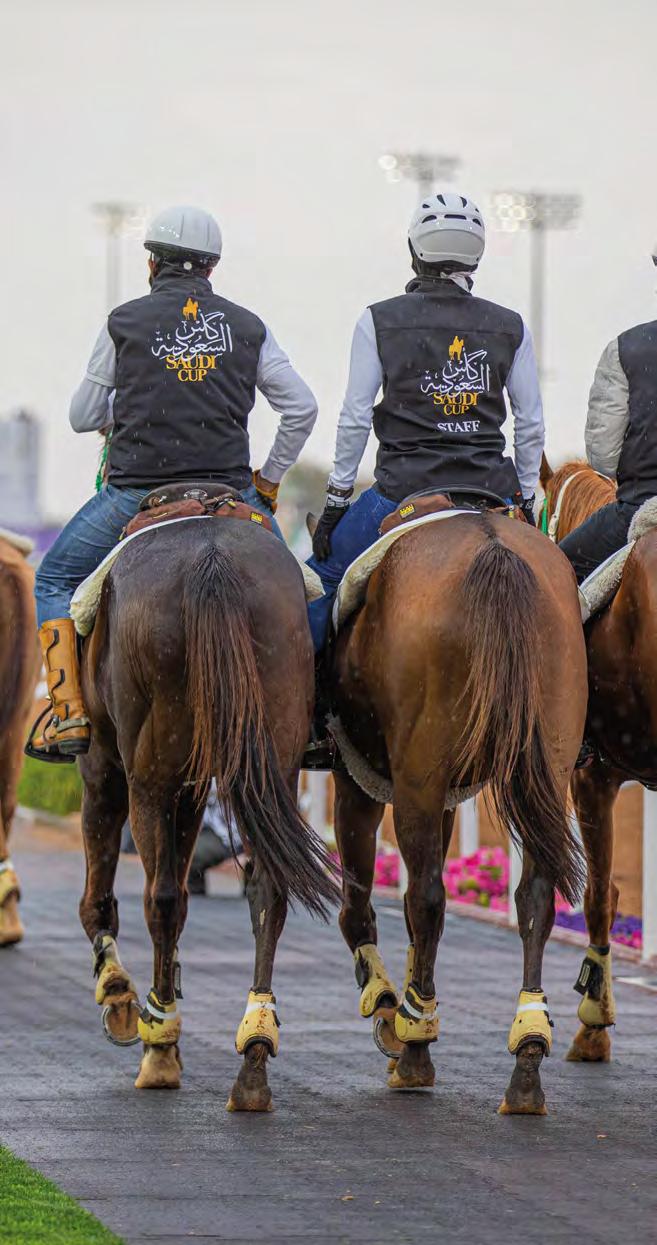
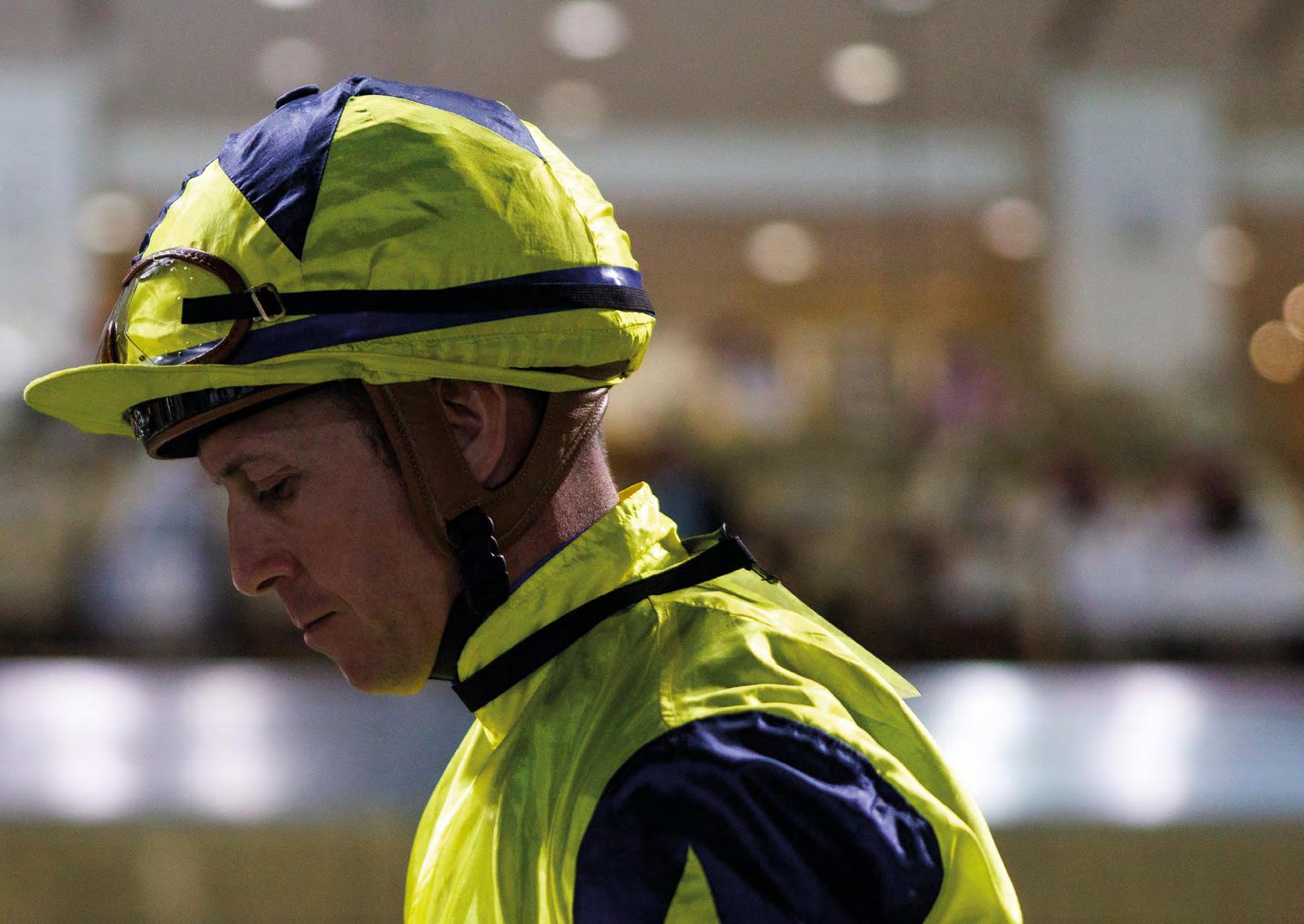

Jockeys are reminded that it is their responsibility to be familiar with the Rules of Racing. The JCSA Rules can be found in full at www.frusiya.com
Below is a detailed summary of the Rules. If you are unsure about the meaning or application of any Rules, please ask Stipendiary Steward Phil Tuck on the racecourse or, in advance of a meeting, by email: ptuck@jcsa.sa
• a current license or permit to ride, or proof that the rider holds such license or permit.
• an email address of your licensing authority in the event of you receiving a suspension.
• a Medical Record Book if the rider’s turf authority issues such documents.
• a clearance certificate from the relevant turf authority of issue.
• an in-date copy of your medical insurance to provide proof of cover in KSA.
The following are banned substances and notifiable medications:
• Alcohol - at a threshold in the A sample at or above 54 milligrams per 100 millilitres in urine or 17 micrograms per 100 millilitres in breath.
• Barbiturates, Thiobarbiturates and related compounds Cannabinoids (or Cannabis metabolites) at or above a screening threshold in the A sample of:
nervous system. Rimonabant or any other Cannabinoid receptor antagonist whether used as an appetite suppressant or for any other purpose.
• Gamma-hydroxybutyrate (GHB) and pro-drugs of GHB (1,4-Butanediol, Gammabutyrolactone). At or above a threshold of 10 micrograms per milliliter.
• Dissociative Anaesthetics and related substances. Substances in this group include, but are not exclusively restricted to Ketamine, Phencyclidine, Tiletamine and related compounds).
• Lysergic Acid Diethylamide (LSD) Sibutramine and related compounds.
All riders may be subject to testing and shall comply with the testing for banned substances. When any rider fails a breath sample taken on the racecourse in accordance with the testing protocol, the Stewards have power to suspend him from riding for that day.
• 50 nanograms per millilitre as immunoreactive cannabinoids by immuno-assay and confirmed at or over a threshold of 15 nanograms per millilitre 11-nor-delta-9- tetrahydrocannabinol-9carboxylic acid by gas chromatography/ mass spectrometry. Both measurements must be at or above the stipulated thresholds.
• Any synthetic, semi synthetic or naturally occurring compound that has been shown to have agonist or partial agonist activity at the CB1 or CB2 receptors in the central
• Stimulants - excluding Caffeine, Phenylpropanolamine and Pseudoephedrine (For Ephedrine see below).
• Substances in this group include, but are not exclusively restricted to, Amphetamines, Cocaine, and the “Ecstacy” group e.g. Methylenedioxyamphetamine (MDA), Methylenedioxyethylamphetamine (MDEA), and Methylenedioxymethylamphetamine (MDMA). N.B. L-methamphetamine (levometamphetamine) is excluded Cocaine metabolites to be screened at 300 nanograms per millilitre and confirmed at 150 nanograms per milliliter. N.B. Salbutamol, Salmeterol, Formoterol and Terbutaline may be taken by inhaler only. Other prohibited stimulants - Clenbuterol, Benzylpiperazine and its derivatives, Ketoamphetamines, Cathinone and its derivatives, whether naturally occurring, synthetic or semi-synthetic.
• Ephedrine - at or above a threshold in the A sample of 10 micrograms per millilitre in urine.
• Diuretics - substances in this group include but are not exclusively restricted to Furosemide, Glycerol, Acetazolamide, Spironolactone, Thiazides, Amiloride,
Triamterine, Canrenone, Diclofenamide, Chlorthalidone, Bumetanide, Etacrynic acid and Piretanide.
• Methylphenidate.
• Modafinil, Armodafinil and related compounds.
• Opiates and Opioids - excluding Codeine, Dextromethorphan, Ethylmorphine, Loperamide and Pholcodine. Substances in this group include, but are not exclusively restricted to, Heroin, Methadone, Morphine, Oxycodone, Fentanyl, Tramadol, Tapapentadol, Buprenorphine, Dihydrocodeine and Pethidine. Morphine to be screened at a threshold of 2 micrograms per milliliter in urine.
• Anti-depressants - including but not exclusively restricted to:
• Monoamine Oxidase inhibitors (MAOIs) including Selegiline Tetracyclic Antidepressants, Tricyclic Anti-depressants,
5HT reuptake inhibitors and other neurotransmitter re-uptake inhibitors such as Venlafaxine Lithium Salts.
• Benzodiazepines (e.g. Diazepam, Lorazepam, Nitrazepam, Oxazepam, Temazepam) and substances with similar structure or pharmacological activity (e.g. Benzodiazepine receptor agonists, Zaleplon, Zolpidem, Zopiclone).
• Sedative medications including the H1 receptor antagonists (e.g. Diphenhydramine, Promethazine and Trimeprazine) as well as medications such as Chloral Hydrate and Meprobromate.
• Anti-Psychotic drugs including Chlorpromazine, Clozaril, Haloperidol, Olanzapine, Phenothiazines, Atypical antipsychotic drugs, Melatonin agonists (e.g. Ramelteon) and related substances.
• Note: Substances without thresholds will be declared positive at the limit of detection using appropriate hybrid analytical techniques e.g. gas chromatography/mass spectrometry.
• Riders must be weighed for a specified horse by the Clerk of the Scales, no less than a quarter of an hour before the time fixed for the race.
• Any jockey weighing out more than 2kgs above the weight his horse should carry according to the race conditions & the rules of racing shall be fined an amount equal to his riding fee.
• If the declared rider is due to carry 1kg or more overweight another rider may be substituted. No rider may weigh out in any race if he will be carrying 2.5kg or more overweight.
• To compensate for riders being required to wear safety vests 1kg will automatically be allowed when weighing out. This allowance is factored into the calibration of the weighing scales.
• When weighing out or weighing in, a rider must put into the scale and include in his weight everything that the horse is to carry or has carried except the skull cap, silk cap(cover), whip, bridle, rings, plates,
blinkers, hood, visor, eyeshield, eyecover, sheepskin cheek pieces, anything worn on the horse’s legs, any breast plate, breast girth, martingale, muzzle, neck strap, number cloth and tongue strap.
• No rider shall be mounted on a horse when on JCSA property, nor shall he ride in any race, unless he is wearing a correctly fitted and fastened skull cap as approved below.
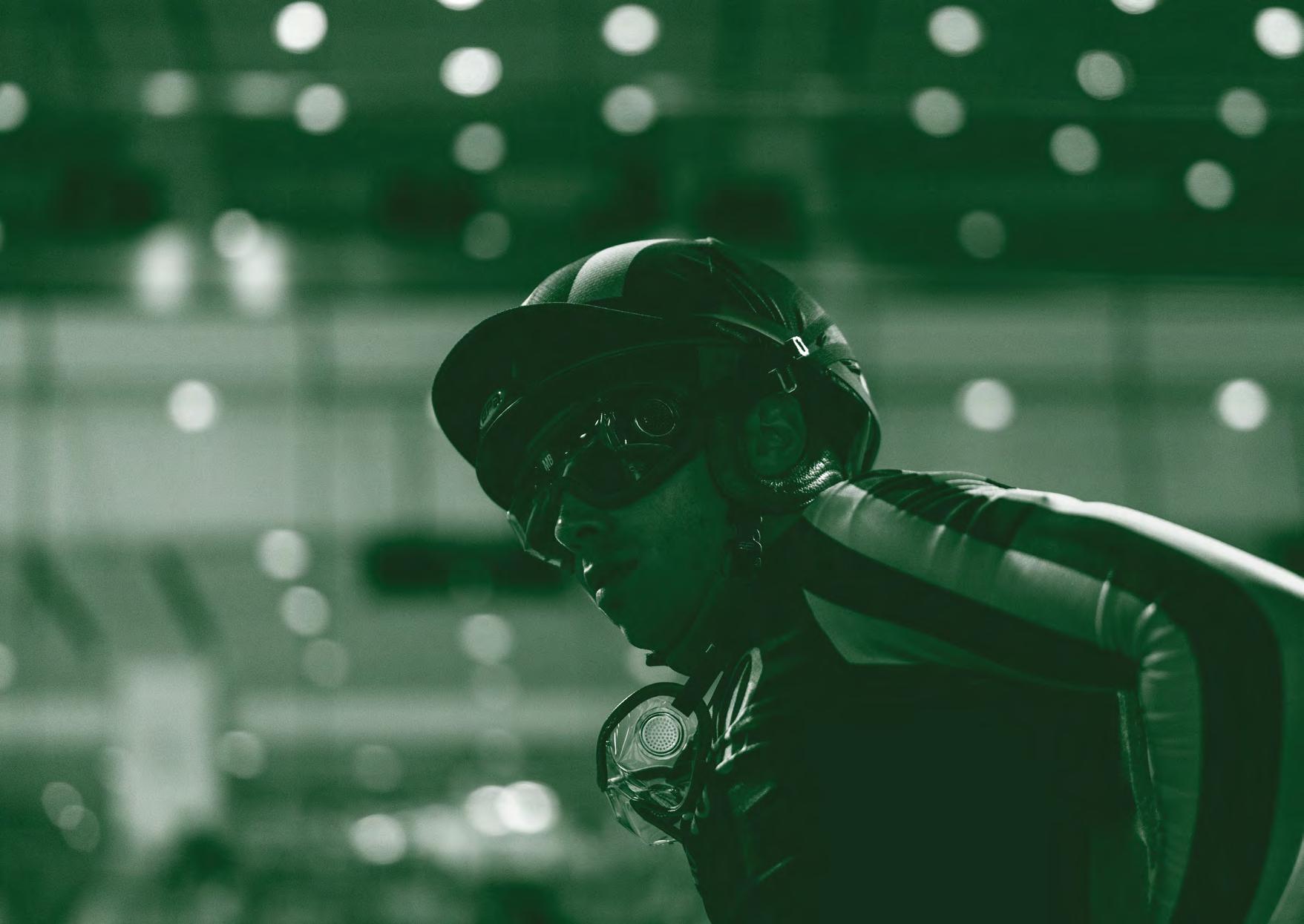
• No rider shall weigh out for a ride in any race unless he is wearing a safety vest as approved below.
• Only safety vests that satisfy all the requirements below are approved by JCSA, Riyadh for use by a jockey for riding in races or those that are approved in a visiting riders licensing authority.
• The safety vest must comply with one of the following minimum standards or later revisions:
• British Equestrian Trade Association (BETA):2009 or 2018 Level 1
• Euro Norm (EN) 13158:2000 Level 1
• American Society for Testing and Materials (ASTM) F2681-08 or F1937.
• Shoe and Allied Trade Research Association (SATRA) Jockey Vest Document M6 Issue 3
• Australian Racing Board (ARB) Standard 1.1998
Safety vests shall not be modified in any manner, nor shall the product markings be removed or defaced. They must be in a good and serviceable condition. It shall be an offence to bring a modified safety vest onto the racecourse and the Stewards may order the seizure and destruction of such a safety vest under Article 13.
Only skull caps that satisfy all the requirements below are approved by JCSA for use by a jockey for riding in races or those that are approved in a visiting riders licensing authority:
• All skull caps must comply with one of the following minimum safety standards or later revisions: American Society for Testing and Materials (ASTM 1163); UK Standards (EN-1384 and PAS-015); or Australian/New Zealand Standard (AS/NZ 3838) and be in a good and serviceable condition.
• The chin strap must pass under the jaw and be attached to the harness by a quick release clip.
• The skull cap must be of the correct size for the individual jockey, the face harness must be correctly adjusted, and the chin strap fastened at all times when mounted on a horse.
• A skull cap shall not be modified in any manner, nor shall the product markings be removed or defaced.
• A skull cap must be worn at all times when mounted on a horse.
Riders must carry a whip and ensure that it complies with the specifications set out below:
• The maximum length (including flap) is 70 centimetres, and there must be no binding within 17 centimetres of the end of the flap. The minimum diameter for a whip is 1 centimetre. The overall weight must not exceed 160 grams. The contact area of the shaft must be smooth, with no protrusion or raised surface, and covered by shock absorbing material throughout its circumference. The only additional feature that may be attached to a whip is a flap. If a flap is attached, it must comply with the following requirements the maximum length of the flap from the end of the shaft is 10 centimetres; the maximum width of the flap is 4 centimetres, with a minimum width of 2 centimetres; the flap from the end of the shaft must not contain any reinforcements or additions; the flap must have similar shock absorbing characteristics to that of the contact area.
Riders must not carry any form of advertising on any part of their clothing or equipment unless prior approval from the Stewards has been obtained.
• Every horse shall be at the start at the appointed time, and on arrival all riders are under the control of the starter.
• Horses can be ponied to the start if requested by the trainer.
• All races shall be started from starting stalls, provided that a race may be started with a flag, in a case of emergency, by permission of the Stewards.
• All horses must be ridden to the start. The jockey must be seen to make every effort to do so. If, after every reasonable effort by the jockey, the horse is still unable to be ridden to the start, it may be led or ponied by the outrider unmounted after taking permission from the Stewards.
• No owner, trainer, or their employee will be allowed at the start without the permission of the Stewards.
• Under no circumstances will any person be allowed to use a whip, or any other object, or otherwise strike in any way any horse while that horse is under the control of the starter before and during the start of any race.
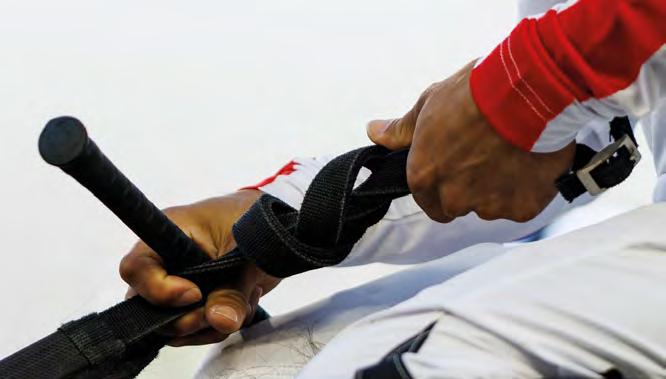
• The starter shall report to the Stewards any jockey who disobeys his orders at the start.
• If a race is to be started by flag, jockeys must, where possible, line up in draw order. Failure to do so may result in a punishment being issued by the Stewards Committee.

Whenever a false start has been called by the starter, the following procedure shall apply:
• Should the starter consider that through any faulty action of the starting stalls, or for any other reason, a fair start has not been affected, he shall declare it a false start and order the runners, by way of a recall flag, to return to the start.
• When the recall flag is raised without the order of the starter, he shall nonetheless declare it a false start.
• Unless at least one jockey returns to the Starter after the recall flag has been raised for a false start the Stewards shall declare the race to be void.
• Should only one jockey return to the starter and satisfy him as to having obeyed the recall flag, his horse shall be considered as having walked over for the race. Should more than one jockey return the race shall be started again as soon as the course is clear.
• Should the starter declare a false start and the recall flag be raised, any horse completing the course will be withdrawn by the starter or the Stewards. The jockeys of such horses shall be regarded as having not obeyed the recall flag and to have committed a breach of these rules.
The rider of any horse who, in the opinion of the Stewards, causes interference by dangerous, careless or improper riding at any time whilst on the racecourse, and whether before or after any race shall be guilty of an offence and is liable to have his license suspended or removed.
When after an enquiry, a horse or its Jockey has been found to have caused interference in any part of a race:
• By dangerous riding – the horse shall be disqualified.
• By careless or improper riding or by accident – the horse shall be placed behind the horse(s) with which it interfered if the Stewards are satisfied that the interferer improved its placing in relation to the sufferer(s). If the Stewards are not satisfied, they shall order the places to be unaltered.
If a race needs to be stopped in an emergency due to an obstruction on the racecourse that cannot be bypassed, flashing lights and sirens will be illuminated and sounded around the whole track. If this action is taken, all riders must pull their horses up, stop and return to the start. The Stewards shall decide whether the race is to be re-started or whether the race is to be made void.
The Stewards will consider holding an enquiry if a rider has:
• Used his whip 10 times or more behind the saddle throughout the race.
• Mis-used his whip taking into account the penalty guidelines listed below.
• When deciding whether to hold an enquiry or not, Stewards will consider how the rider has used his whip during the course of the entire race, paying particular attention to its use in the closing stages and factors such as:
• The way in which the whip was used, including the degree of force.
• The distance over which the whip was used and whether the number of hits were reasonable and necessary.
• Whether the horse was continuing to respond.
• Provided that the manner in which the whip had been used was measured, Stewards may choose to disregard occasions when the whip has been used and whereby its use was:
• To correct a horse that is noticeably hanging.
The rider of every horse shall take all reasonable and permissible measures throughout the race, no matter how it develops, to ensure his horse is given full opportunity to win or obtain the best possible place in the field.
• Factors that the Stewards may be less tolerant about when a rider uses his whip more than 10 times are:
• When the horse is young or inexperienced.
• When a rider continues to use the whip when not being directly challenged for a prizemoney position.
• When a rider fails to recognize that his use of the whip is not having the intended effect.
• If having found the rider in breach, the Stewards must decide on the level of penalty for the offence.
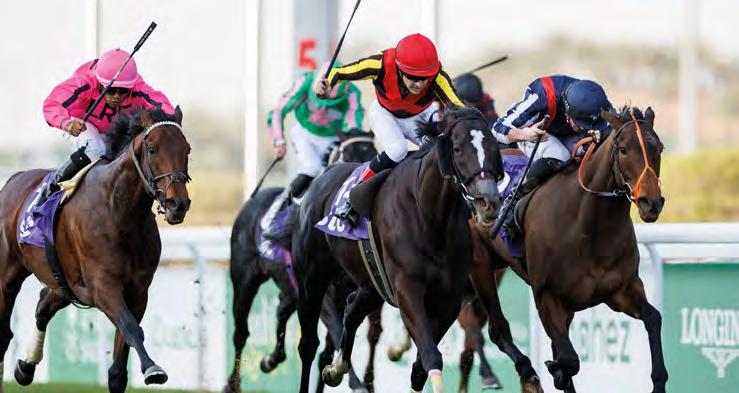
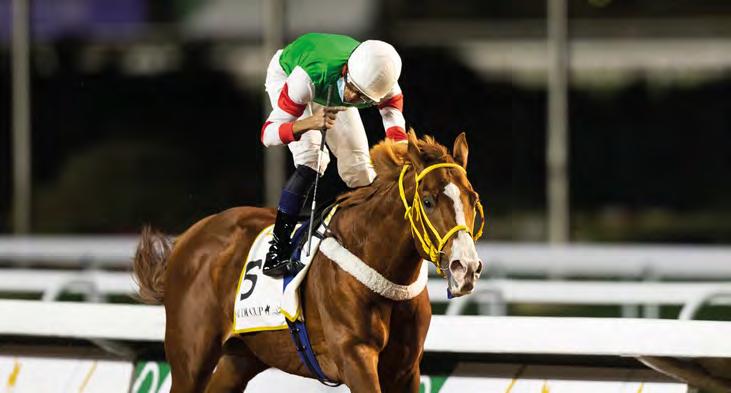
In cases where a rider has used his whip more than 10 times, he will be suspended for a minimum of 2 days. The more hits above the permitted number, the more serious will the offence be viewed, and the number of days will increase as will a second or third offence.
Use of Whip which could amount to a BREACH
USING WHIP WITHOUT REGARD TO STRIDE (RAT-TAT-TAT) 3 1 EXCESSIVE FORCE 1 1 WITHOUT TIME TO RESPOND (ALLOW 3 STRIDES BETWEEN HITS)
INCLUDING FIRST HIT 3 1
Minimum penalty –Days suspension
HORSE SHOWING NO RESPONSE 3 2
OUT OF CONTENTION 3 1 DOWN SHOULDER IN FOREHAND 2 1
USING THE WHIP ON ANY PART OF THE HORSE’S HEAD OR IN THE VICINITY OF THE HEAD 1 2
Frequency - uses above the permitted level for frequency:
Minimum penalty – Days suspension Retention of Prize Money % Earned
All riders must weigh in.
If a rider weighs in at 0.5kg or more over the weight at which he weighed out, the horse will not be disqualified but the rider will be reported to the Stewards. If a rider weighs in below the weight at which he weighed out, The Clerk of Scales shall allow him 0.5kg. If he cannot then draw the correct weight, his horse shall, on objection be disqualified.
An objection to a horse on the grounds of interference or of his not having run the proper course of the race must be made before the jockey weighs in. In the event of any objection being found to be lodged without good cause the Stewards may fine the objector.
When any jockey has been suspended from riding by the Stewards in accordance with their powers under Article 19, suspensions will be imposed in accordance with the following conditions:
All suspensions shall begin seven days after the Stewards decision.
In circumstances involving a visiting rider and where there are no meetings scheduled or available in the JCSA calendar, the Stewards will impose the suspension to cover dates of race meetings scheduled to take place in the home authority of the visiting rider.

Any rider who wishes to appeal against a suspension imposed upon him at the racecourse must do so to the Racing Department (appeal@jcsa.sa) by close of business two days after the Stewards’ decision.
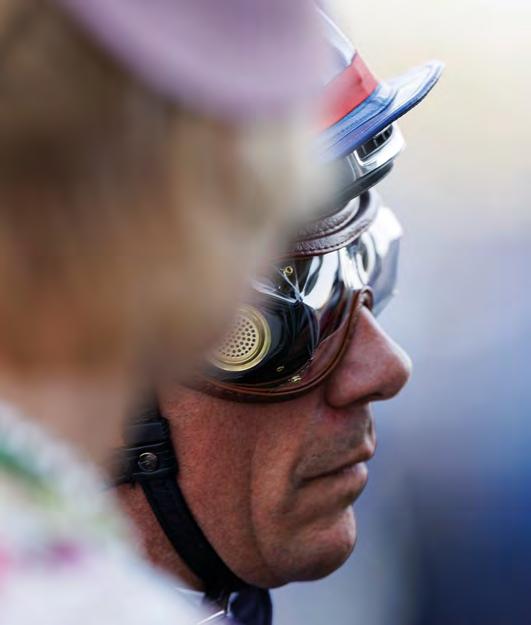
Any rider who is considering appealing should request a DVD of the incident from the Stipendiary Steward on the racecourse. Advice and guidance can also be sought from the Stipendiary Steward as to how the Stewards have interpreted the incident and applied the rules. No appeal may be lodged unless it is accompanied by a deposit of SR 5000.
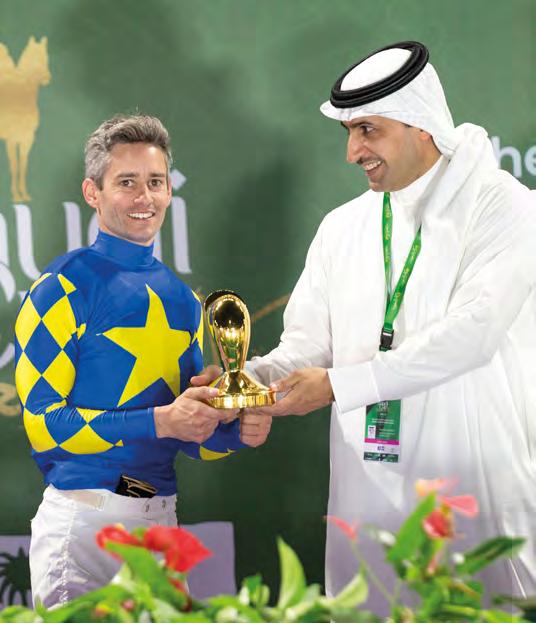
All appeals against suspension should if possible be heard before the Friday following the offence.
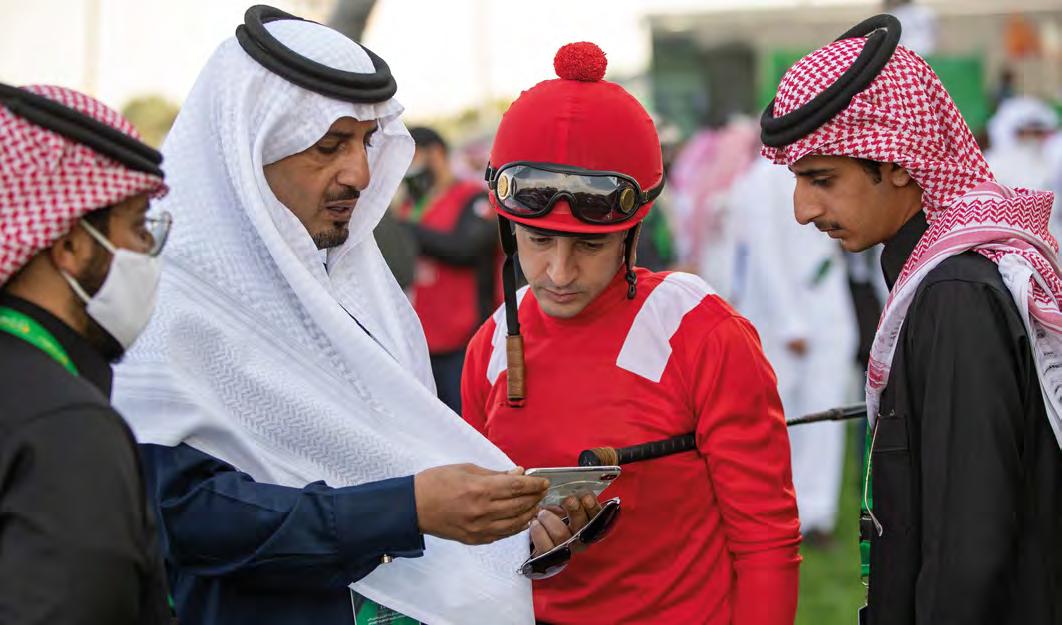
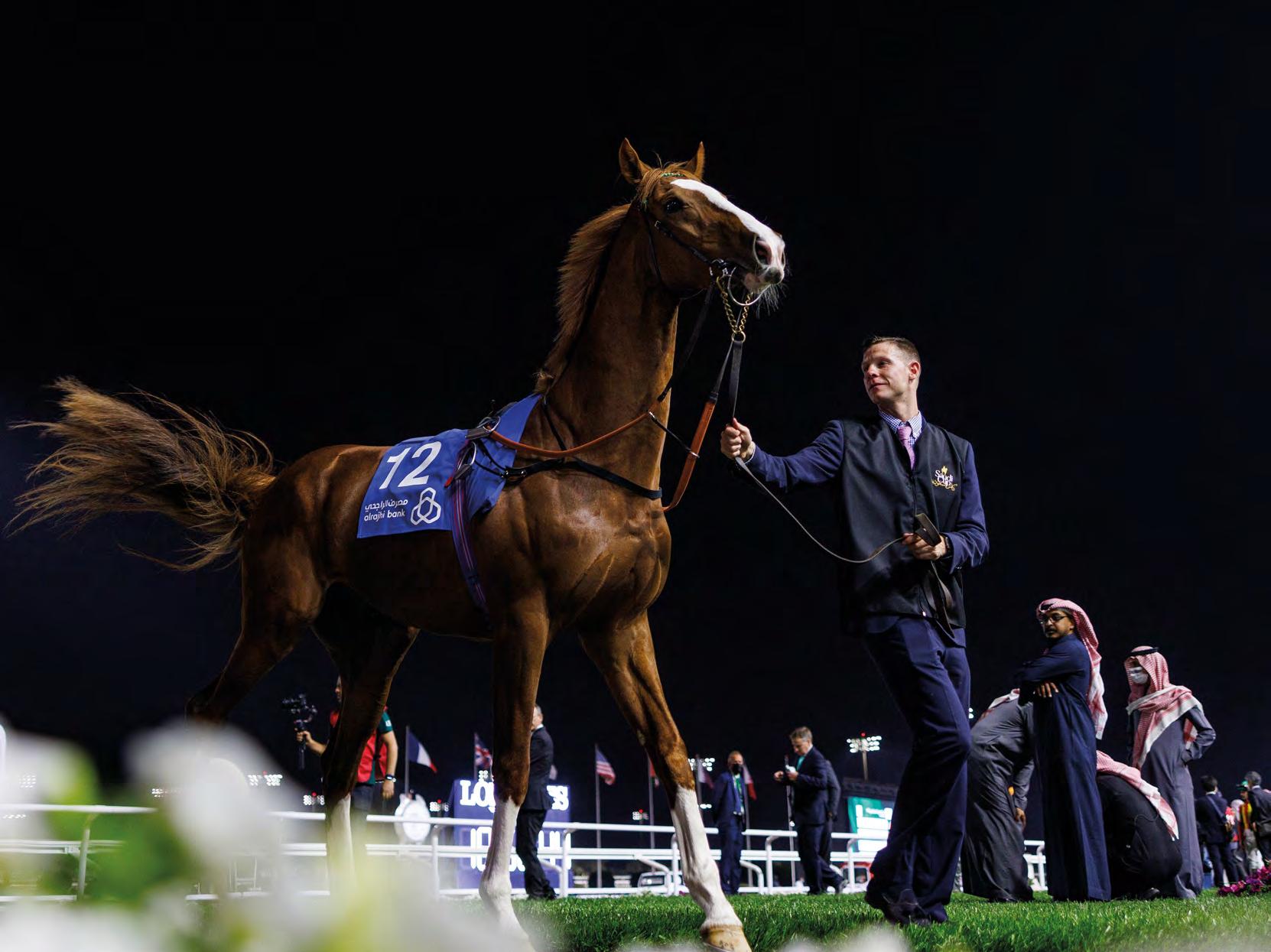

Chief Executive Officer JCSA
E-mail: zalmogren@jcsa.sa
Salem Binmahfooz
Director of Racing Mobile: +966 55 562 2572
E -mail: salem@jcsa.sa
Tom Ryan
Director of Strategy and International Racing Mobile: +966 55 521 5090 / +353 87 242 3051
E-mail: tryan@thesaudicup.com.sa
Mukhlad Alotabi
Chairman of the Stewards
E -mail: engr.muk2020@gmail.com
Phil Tuck
Stipendiary Steward
E-mail: ptuck@jcsa.sa
Emer Fallon
Director of Racing Services
Mobile: +966 55 095 0040
E-mail: efallon@thesaudicup.com.sa
Sarah Tregoning
International Media Liaison Mobile: +966 55 150 0635
E-mail: stregoning@thesaudicup.com.sa
Tracy Wyngard Gill
International Racing Liaison Manager E-mail: Tgill@JCSA.sa
Abdulaziz Alyousef
Arabic Racing Liaison
E-mail: alyousef@thesaudicup.com.sa
Patrick MacEwan
International Quarantine Manager
E -mail: patrick@thesaudicup.com.sa
Local Entries: E-mail: localentries@thesaudicup.com.sa
Phil Smith
Jockey Club of Saudi Arabia, Racing Consultant and Handicapper Mobile: +44 7785293802
E-mail: phil@phillipsmithconsulting.com
Neil Abrahams
Jockey Club of Saudi Arabia, Purebred Arabian Handicapper Mobile: +971 506413053
E -mail: neilabrahams1@hotmail.com
Adrian Beaumont
Mobile: +44 7808903158
E -mail: adrian@irbracing.com
Max Pimlott
Mobile: +44 7950861939
E -mail: max@irbracing.com
Chantal Chappuis
France
Mobile: +33 6 0776 3234
E -mail: chantalchappuis@orange.fr
Nick Higgins Spain
M obile: +44 7796996899
E-mail: nthiggins@hotmail.com
David Conolly Smith Germany
Mobile: +49 160 9674 7958
E -mail: david.conolly-smith@t-online.de
Naohiro Goda
Japan
Mobile: +81 90 3427 1753
E -mail: lem00453@nifty.ne.jp
Cindy Niemetz USA
Mobile: +1 818 203-8281
E-mail: cinraybar@aol.com
Nick Esler USA Mobile: +1 561 634-1306
E-mail: naesler11@gmail.com
Jack Petley Australia
M obile: +02 9380 6390
E-mail: jackpetley@bigpond.com
Franca Vittadini
Italy
Mobile: +39 335 207 883
E-mail: f.vittadini@gmail.com
Kevin Needham
BBA Shipping & Transport Ltd
Phone: +44 7802236191 Email: kevin.needham@bbashipping.com
Sally Goldsmith
BBA Shipping & Transport Ltd Phone: +44 7507397702
Email:sally.goldsmith@bbashipping.com
Chris Santarelli
Mersant International
Phone: +1 917 561 2890
E -mail: chriss@mersant.com
Dr Waleed Al Sanab
Phone: +966 505 663 966
E-mail : walsanab@jcsa.sa
Dr Mike Shepherd
E-mail: mike.shepherd@rossdales.com

Saudi Arabia’s rich heritage and traditions have been shaped by its position as a historic trade hub and the birthplace of Islam. In recent years, the Kingdom has undergone a significant cultural transformation, evolving century-old customs to fit the contemporary world we live in today.

Language: Arabic is the official language of Saudi Arabia and the primary language used in all dealings and public transactions. English serves as an informal second language in The Kingdom and is spoken by a large section of its society. All road signs are bilingual, showing information in both Arabic and English.
Dress code: is dependent on individual establishments, some casual, others keen on sophistication. The Saudi Cup 2023 is an opportunity to dress in your raceday best. Modest and elegant dress is encouraged, and hats are optional. Please refrain from wearing jeans or trainers.
Expected weather/temperature for February: Riyadh, the capital, is located in the centre of the country, at 600 meters above sea level. From December to February, the weather is
mild and rain is scarce. The temperatures in Riyadh in February are comfortable with low of 12°C and highs up to 24°C. Early mornings and evenings at the track can be chilly, so do not forget a jacket.
Flavours of Saudi: if you would love to experience the traditional flavours of Saudi Arabia we can highly recommend you try one of these top restaurants in Riyadh: Suhail, Najd Village or Takya.
Please note: The sale, purchase, and consumption of alcohol and drugs is illegal in Saudi Arabia.
Sites of interests you may like to visit whilst in Saudi Arabia:
• Edge of the World: The Edge of the World (Jebel Fihrayn) is an unexpected and
dramatic geological wonder in the rocky desert northwest of Riyadh, Saudi Arabia. The site earned its nickname because from atop the escarpment, you have an uninterrupted view of the horizon.
• Huraymila National Park: The Huraymila National Park is located in the west of Huraymila Governorate, at a distance of approximately 75 km from the city of Riyadh.
• Kingdom Centre: is a 41-story, 302.3 m (992 ft) skyscraper in Riyadh, the upper third of the tower features an inverted parabolic arch topped by a public sky bridge. The sky bridge is a 300-ton steel structure, taking the form of an enclosed corridor with windows on both sides.
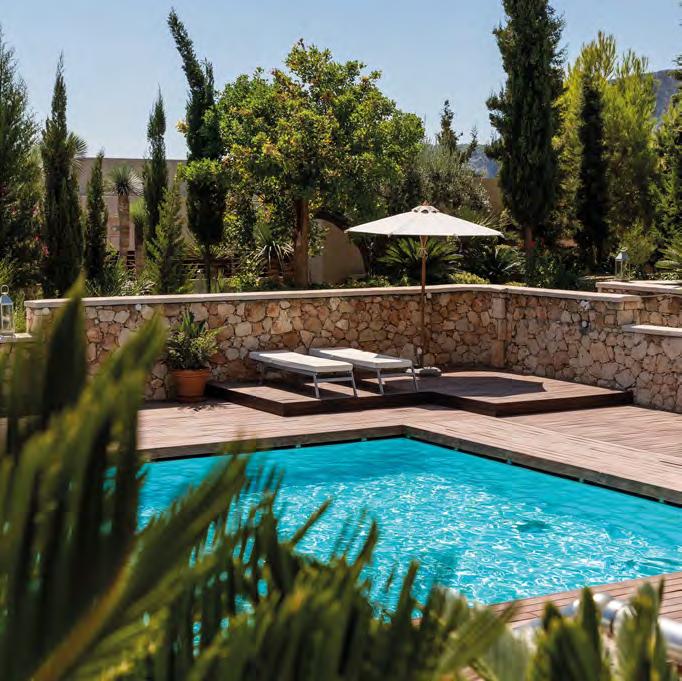
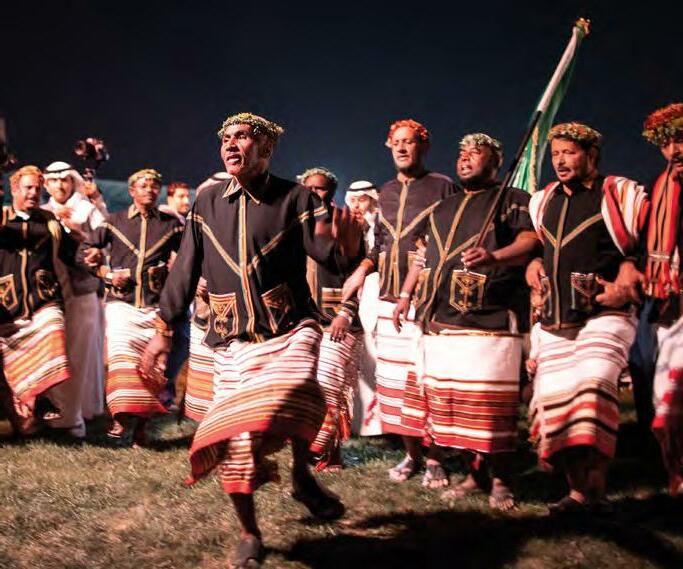

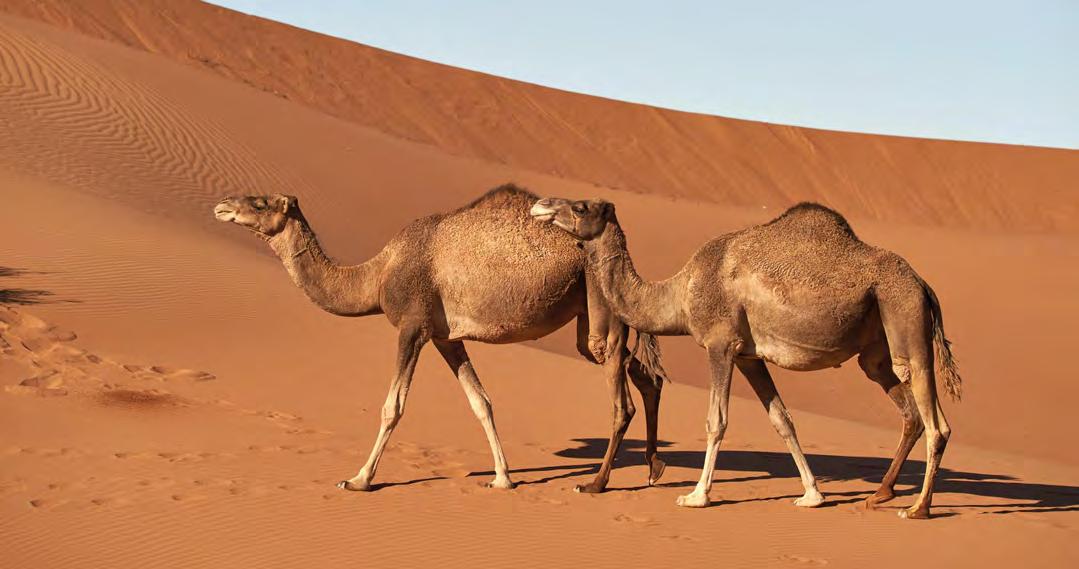

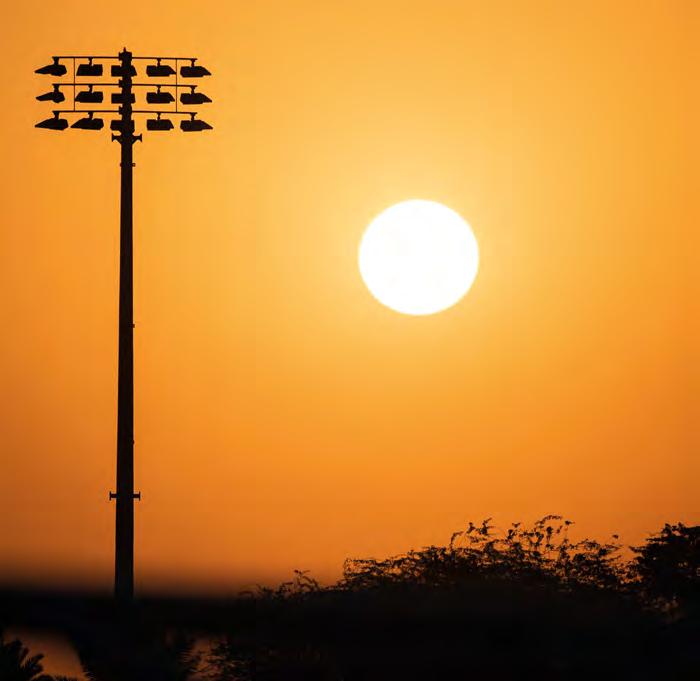
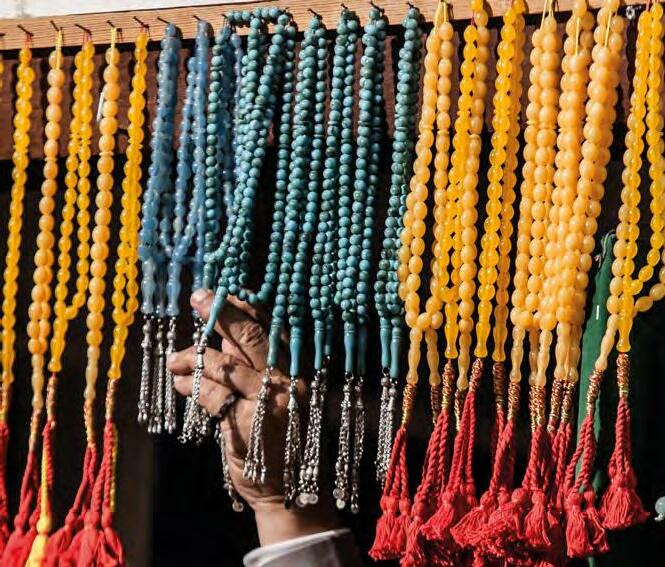

• Faisaliyah tower: is a commercial skyscraper, also called the Star Dome, which contains one of Saudi Arabia’s premier restaurants, “The Globe”, located in the sphere above the observation deck, possessing 360 degree views of the city.
• Al Masmak Fortress: Built in 1865, the fortress has served many purposes. Although originally used to house the garrisons who protected the city, it later was an ammunition warehouse after the raid by King Abdulaziz and, later still, a prison.
• King Abdulaziz Historical Center - National Museum: is located in Al-Murabba’ Quarter, the central area of Riyadh, includes prominent cultural and heritage landmarks.
• Red Sand Dunes Located almost a 80km from Riyadh. It’s an area of red sand dunes in northeastern Riyadh, Saudi Arabia.
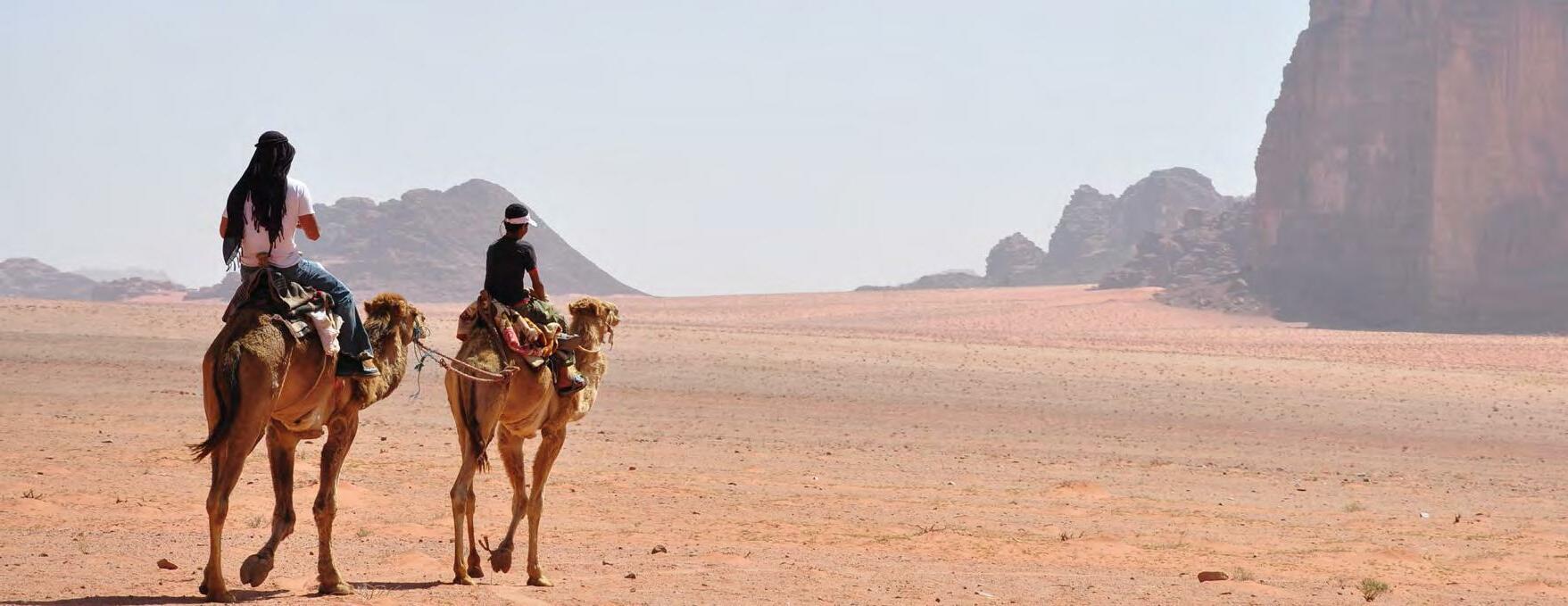
• Nofa Wildlife Park: approximately 80km from Riyadh, Nofa Wildlife Park consists of 18 different species of herbivores, in addition to more than 700 animals in the park.
• Riyadh Season: is a perennial megabusiness and leisure development in Riyadh. Comprising of a massive 14 zones, each containing its very own exhibitions, concerts and more.
Zones inside Riyadh Season: The Boulevard, Via Riyadh, Combat Field, Winter Wonderland, Riyadh Front, Al-Murabaa, Riyadh Safari, Al
Athriyah, Riyadh Oasis, The Groves, Riyadh Pulse, Zaman Village, Al Salam Tree, and finally Khalouha. If you would like a simple breakdown of what each zone offers visit https://www. timeoutriyadh.com/things-to-do/the-zones-atriyadh-season
Events/exhibitions of interest:
• The LINE Exhibition (06 November 202229 April 2023)
• Van Cleef & Arpels: Time, Nature, Love 19 January 2023 - 15 April 2023
• Noor Riyadh Exhibition tours 03/11/2022 to 04/02/2023

